Blame Twitter or overly zealous pundits: Everyone is mad about something at this year’s Oscars. Almost every nominated picture has stirred up controversy and protests at one point or another during the awards season.
Some movies are being accused of bungling facts, others of being too political and others still of sending “the wrong message.”
Here’s your outline for every Oscar movie controversy.
American Sniper: Nomianted for Best Picture, Best Actor, Best Adapted Screenplay
Director Clint Eastwood’s depiction of Navy SEAL Sniper Chris Kyle, who the military credits with more kills than any other soldier in American history, has ignited a debate between the left and the right as to whether Kyle (Bradley Cooper) was a hero or a murderer. Sarah Palin, Seth Rogen and Michael Moore have all weighed in on the politics of American Sniper.
To further complicate matters, Kyle’s memoir, upon which the film is based, has come under scrutiny for possibly stretching the truth. Several journalists have tried and failed to corroborate some of the tales in the memoir, including one in which Kyle set up as a sniper atop the Superdome after Hurricane Katrina and shot 30 looters.
Foxcatcher: Nominated for Best Actor, Best Supporting Actor, Best Director
Every Oscar biopic has come under fire this year for playing fast and loose with the facts. But Foxcatcher is the only one to earn the ire of one of its subjects.
Mark Schultz, one of the two wrestler brothers in Foxcatcher, initially lambasted the movie.”I HATE BENNETT MILLER,” Schultz wrote in tweets that have since been deleted. “I HATE EVERYTHING THAT SCUM TOUCHES. EVERYTHING!!!” In a now-deleted Facebook post, he explain that he objected to the film’s inference that there might have been a sexual relationship between him and his sponsor and coach, millionaire John du Pont (played by Steve Carrell in the film).
Schultz (who is played by Channing Tatum) has since apologized for his remarks and called the film “a miracle”:
Gone Girl: Nominated for Best Actress
Gone Girl pits a feminist psychopath against a charming misogynist in a truly screwed-up marriage. In the novel, each despicable character gets to tell his or her story and vie for the reader’s sympathy. But when self-ascribed feminist author Gillian Flynn translated her book to a screenplay, much of the two characters’ inner narratives had to be lost, changing the dynamic of the film.
[spoilers] People unhappy with the film will argue that without the context of the book, Amy is a misogynist’s worst nightmare—a feminist who fakes rape, stages a pregnancy and murders men. People who liked the movie will argue that not all women (and not all feminists) have to be representative of womankind, and that we ought to have all sorts of fictional women (psychos or not, feminists or not) just like we ought to have all sorts of male characters.[/spoilers]
MORE Is Gone Girl Feminist or Misogynist?
The Grand Budapest Hotel: Nominated for Best Picture, Best Director, Best Original Screenplay
Wes Anderson has a very distinct style—bold colors, quirky humor, whimsy—one which maybe wasn’t the most appropriate for a fictional film inspired by the Nazi occupation. In short, he makes fascism look a little twee.
Some critics argue that Anderson takes his escapist fantasies too far by reimagining Nazi symbolism in a way that feels too cute considering the gravity of the subject matter (the SS become pink ZZs). But, as Anderson told NPR, “Part of why I feel the impulse to reimagine [World War II] rather than just do it is because it’s been done so many times before.” If audiences have grown numb to the atrocities of Naziism, he reasoned, perhaps re-envisioning the events would also re-awaken viewers to its evil.
The Imitation Game: Nominated for Best Picture, Best Actor, Best Actress, Best Director and Best Adapted Screenplay
The story of Alan Turing—the man who helped end World War II by inventing the computer and breaking the Nazi code, then was forced to undergo chemical castration by his own government because he was gay—is a heroic one. But critics have challenged the filmmakers for avoiding the issue of Turing’s sexuality: in the movie, Turing (Benedict Cumberbatch) has no romantic encounters with men. Perhaps even more contentious is a fictional episode in which Turing is blackmailed by a Soviet spy over his sexuality, implying that he was a traitor.
Selma: Nominated for Best Picture, Best Original Song
Perhaps the film that has stirred up the most controversy this Oscar season is Selma. First, despite getting rave reviews from critics and historians alike, a former aide to Lyndon Johnson penned an op-ed in the Washington Post charging the movie, about Martin Luther King, Jr., with factual inaccuracies. He said it should not be considered for awards because of its problematic portrayal of LBJ.
Director Ava DuVernay replied that she was “baffled” by the controversy. “Literally people cheer in the theater for LBJ at the end of it,” she told Jon Stewart on The Daily Show. Many columnists supported DuVernay, pointing out that she had artistic license, Johnson looked good in the film and, ultimately, Martin Luther King, Jr. was the focus of the film — not LBJ.
But Selma‘s problems were far from over. Even though many predicted DuVernay would make history by being the first black female director nominated for an Oscar, both she and star David Oyelowo were snubbed. Academy voters and pundits have argued over whether Selma was looked over because of race.
As the Oscars approach, that debate rages on. The Hollywood Reporter recently published a ballot from an anonymous Academy voter that includes a diatribe on the snub. “When a movie about black people is good, members vote for it. But if the movie isn’t that good, am I supposed to vote for it just because it has black people in it?” she wrote. “I’ve got to tell you, having the cast show up in T-shirts saying, ‘I can’t breathe’ — I thought that stuff was offensive,” referencing the premiere of the film, where Selma stars protested Eric Garner’s death to draw parallels between the civil rights movement and current racial tensions.
The Theory of Everything: Nominated for Best Picture, Best Actor, Best Actress, Best Adapted Screenplay, Best Original Score
Critics have pointed out that the film glosses over many of the harsh realities of Stephen Hawking’s life. Eddie Redmayne’s portrayal of the man is largely sympathetic, though some accounts suggest that he could be exhausting and self-important.
The biopic is based on a memoir called Travelling to Infinity: My Life With Stephen, written by Stephen’s first wife, Jane. But Jane also wrote a much more acrimonious account of their marriage eight years earlier in which she calls Stephen Hawking a tyrant.
The film also skips over claims that Hawking’s nurse and second wife, Elaine Mason, abused him, and how Jane and Stephen became estranged during that time.
Whiplash: Nominated for Best Picture, Best Supporting Actor, Best Adapted Screenplay
This year’s Oscar nominees are very white. There isn’t a single non-white actor nominated for an award. So it’s hard to ignore the fact that Whiplash is a film about jazz — starring two white dudes. (Interestingly, most of the non-drummer band members in this film are real musicians and not white.)
Read next: Here’s Why the Oscar Race for Best Picture Is Unusually Tricky This Year
See All the Best Actors in Oscar History
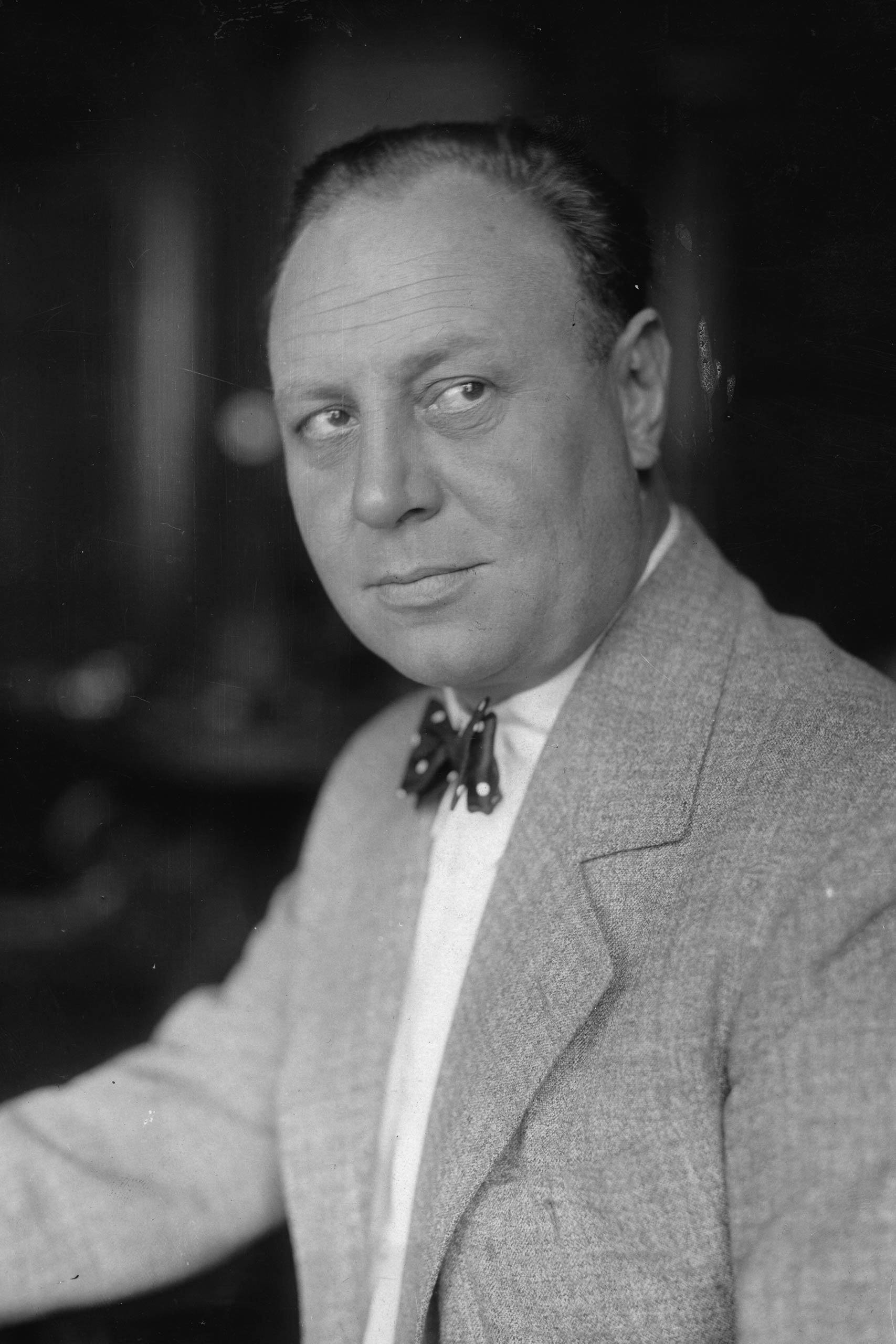
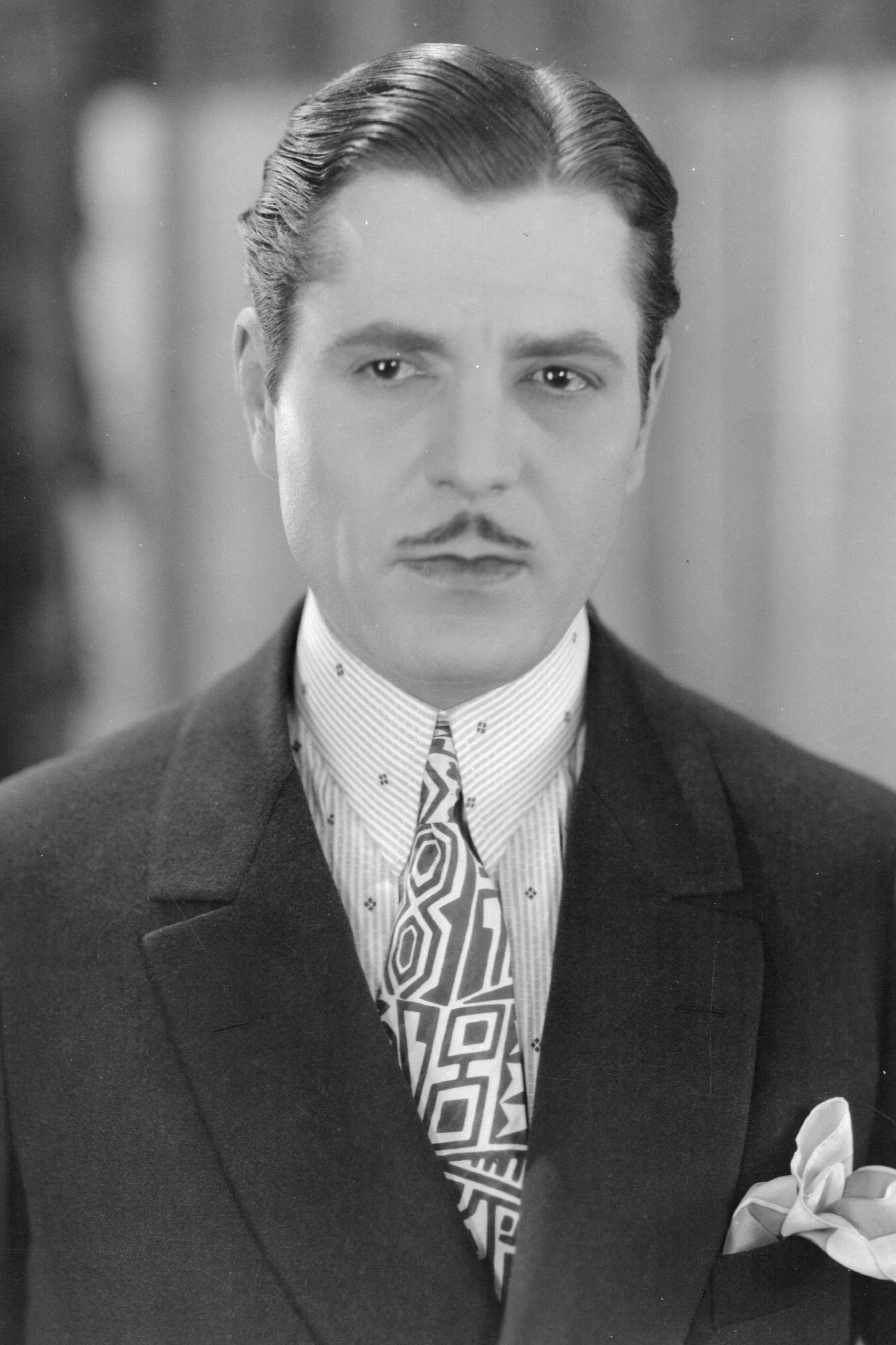
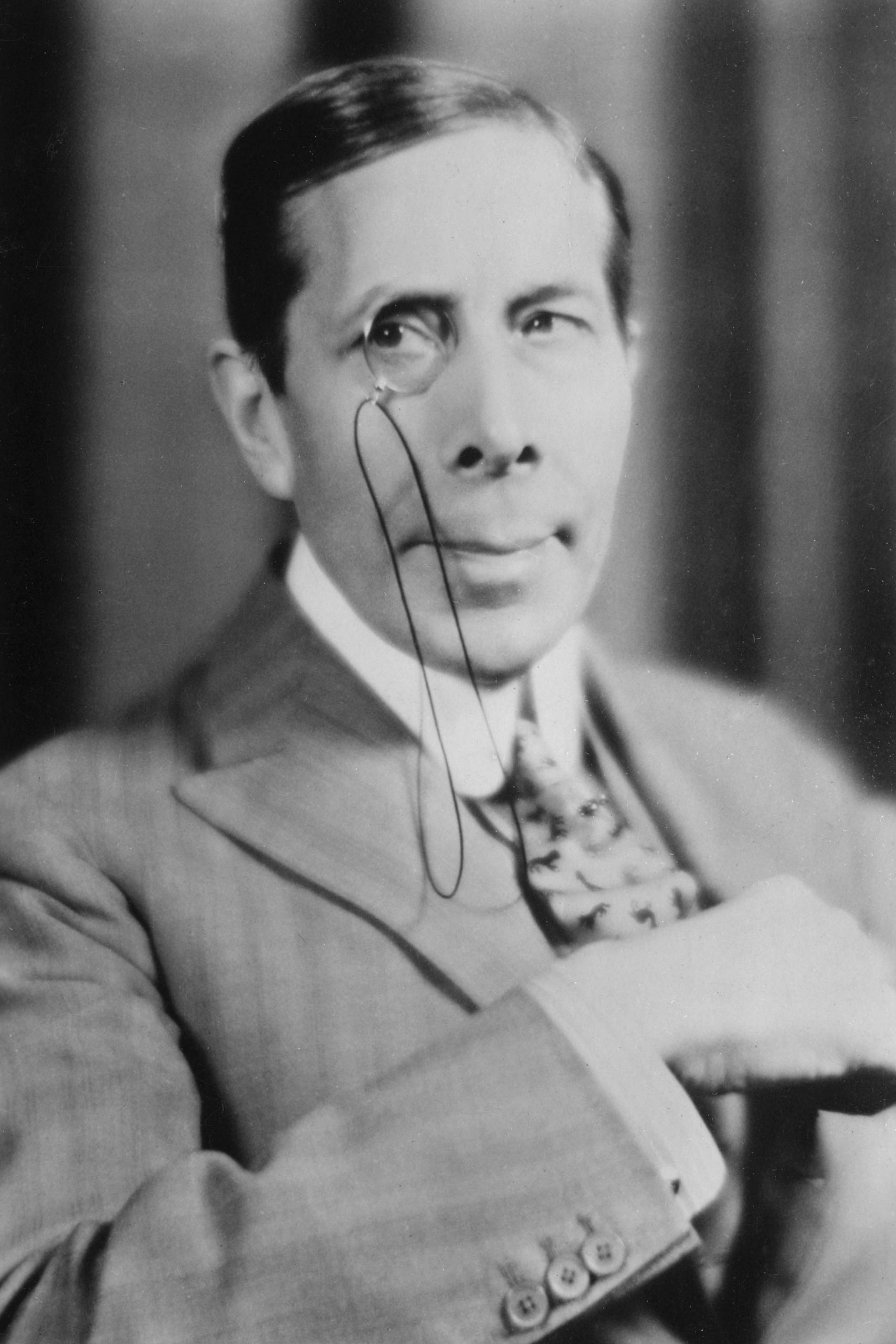
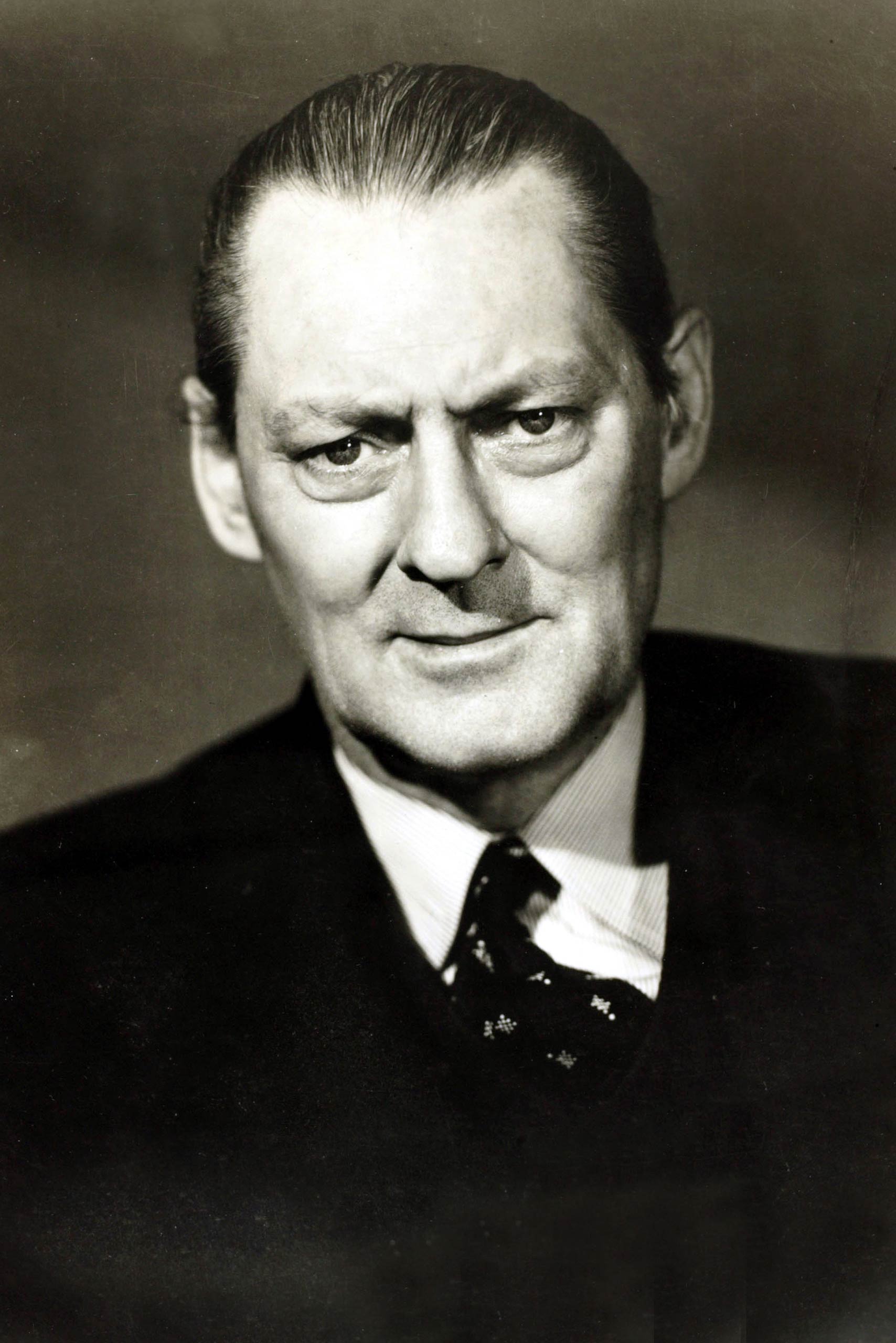
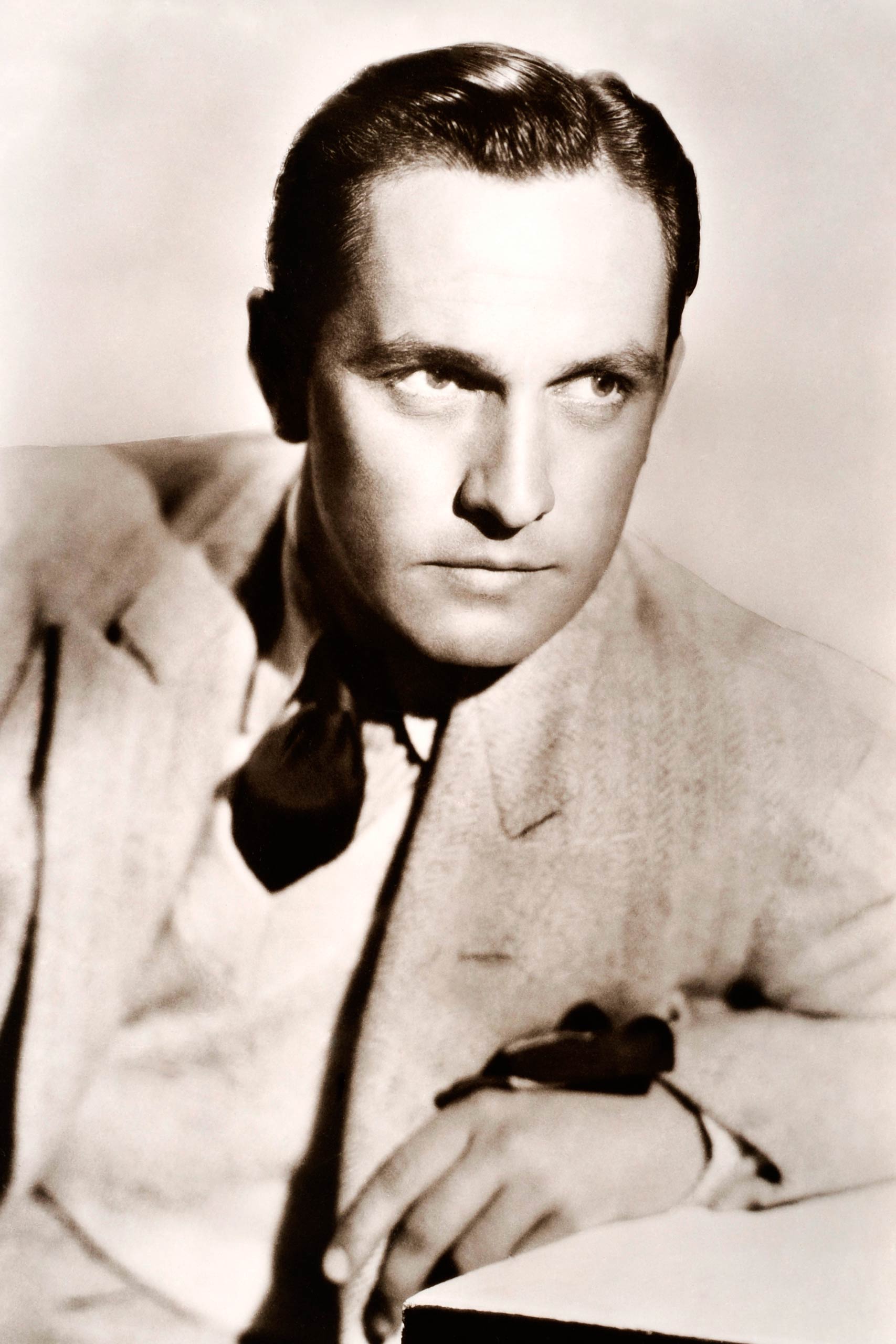
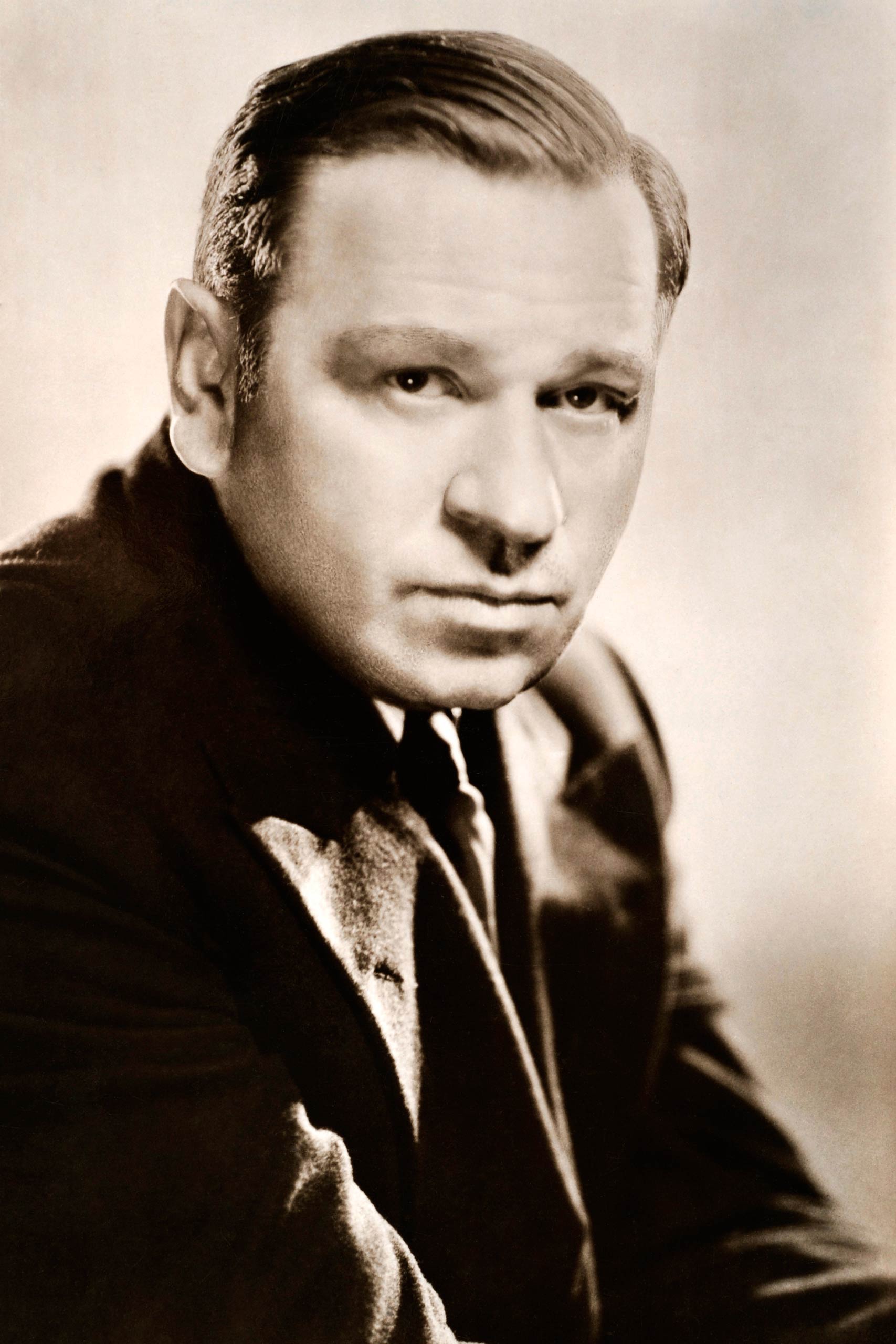
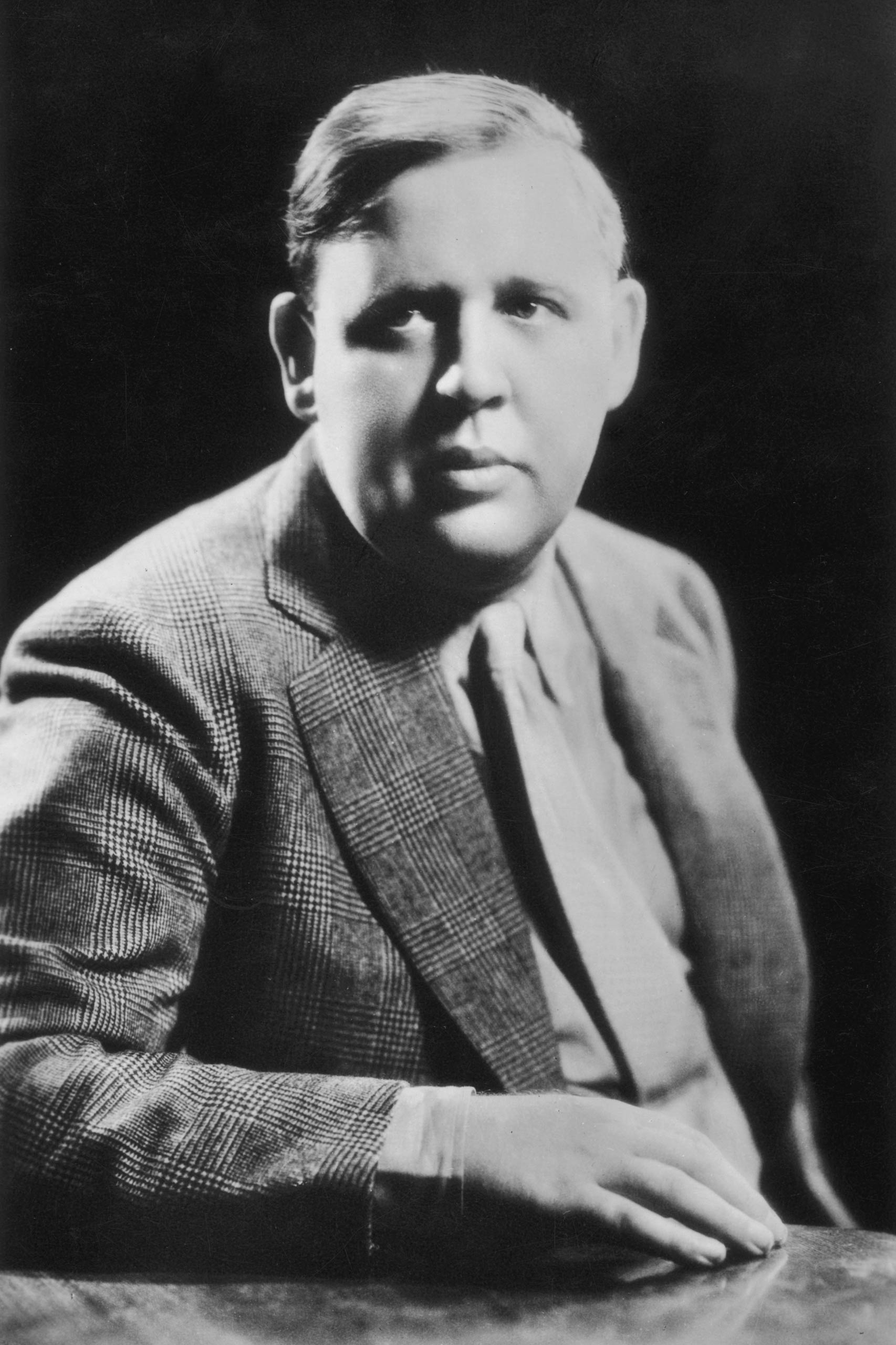
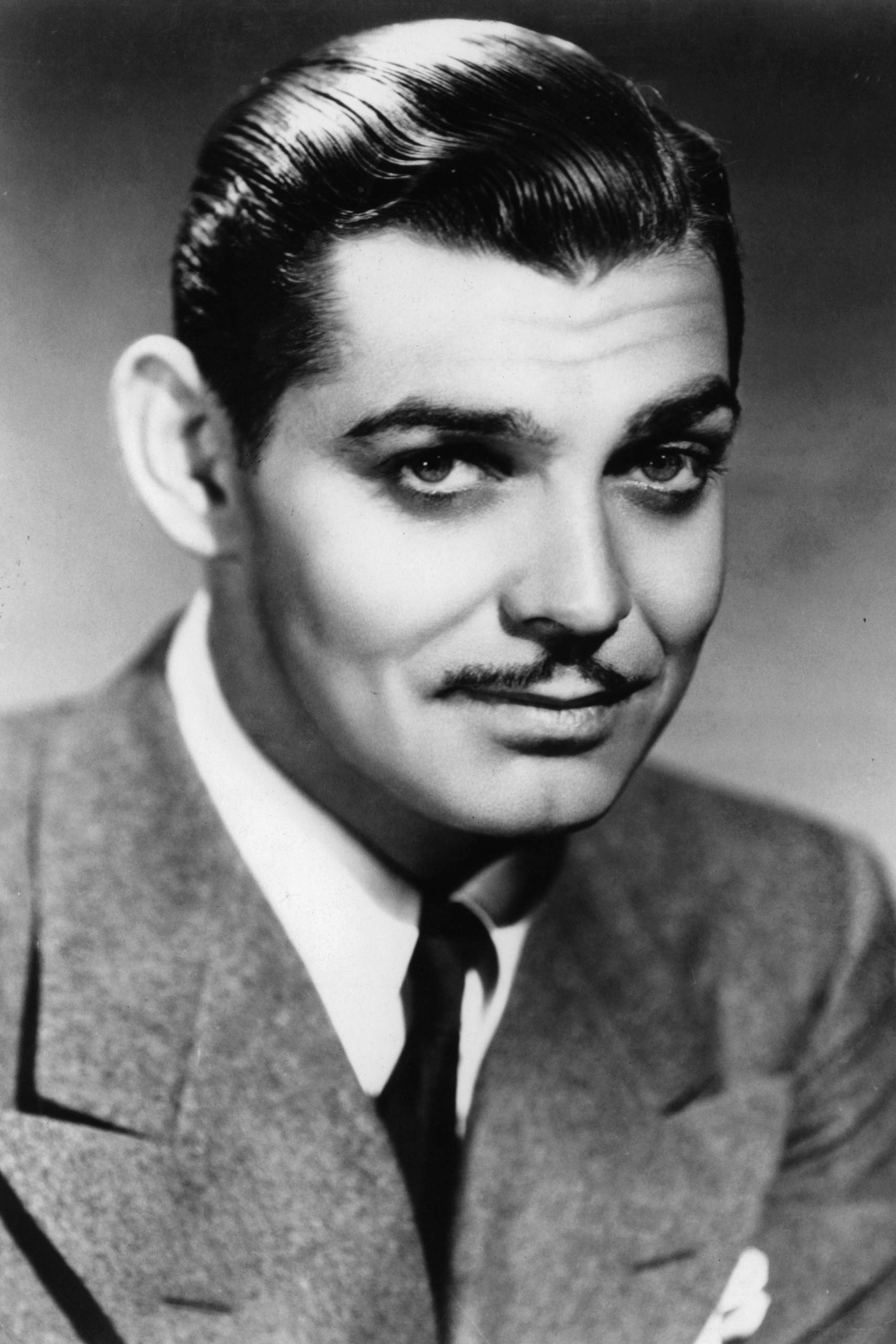
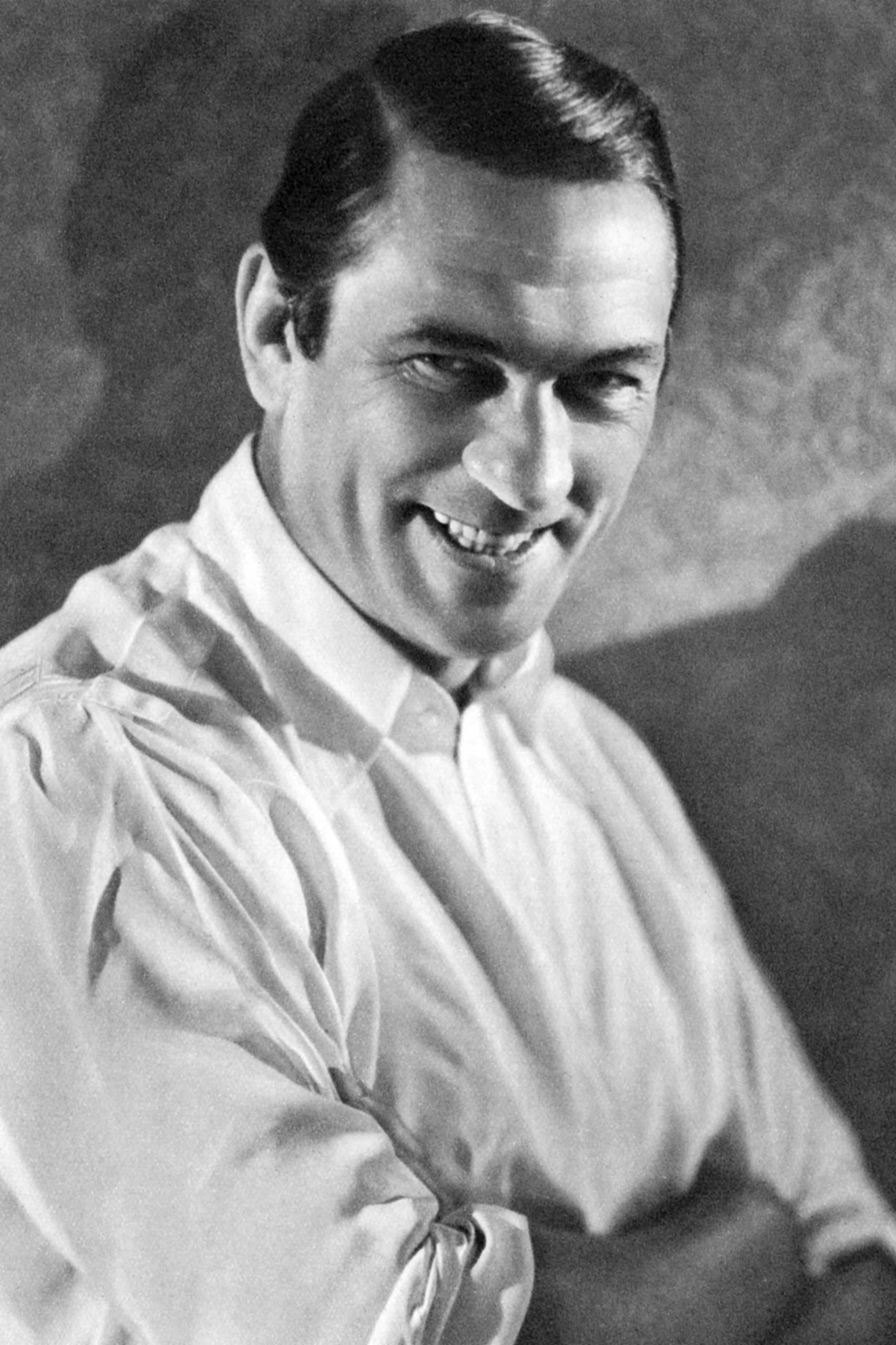
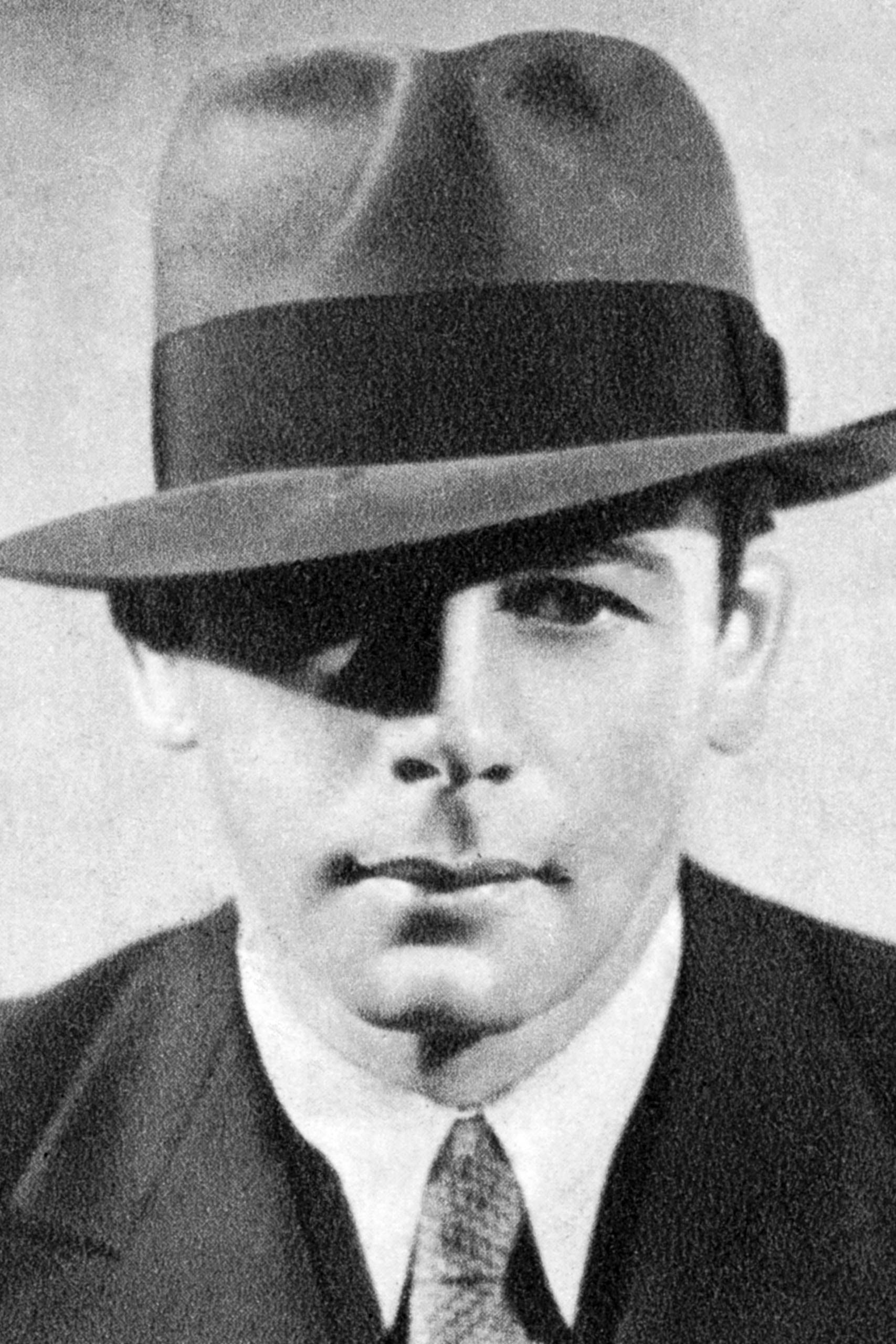
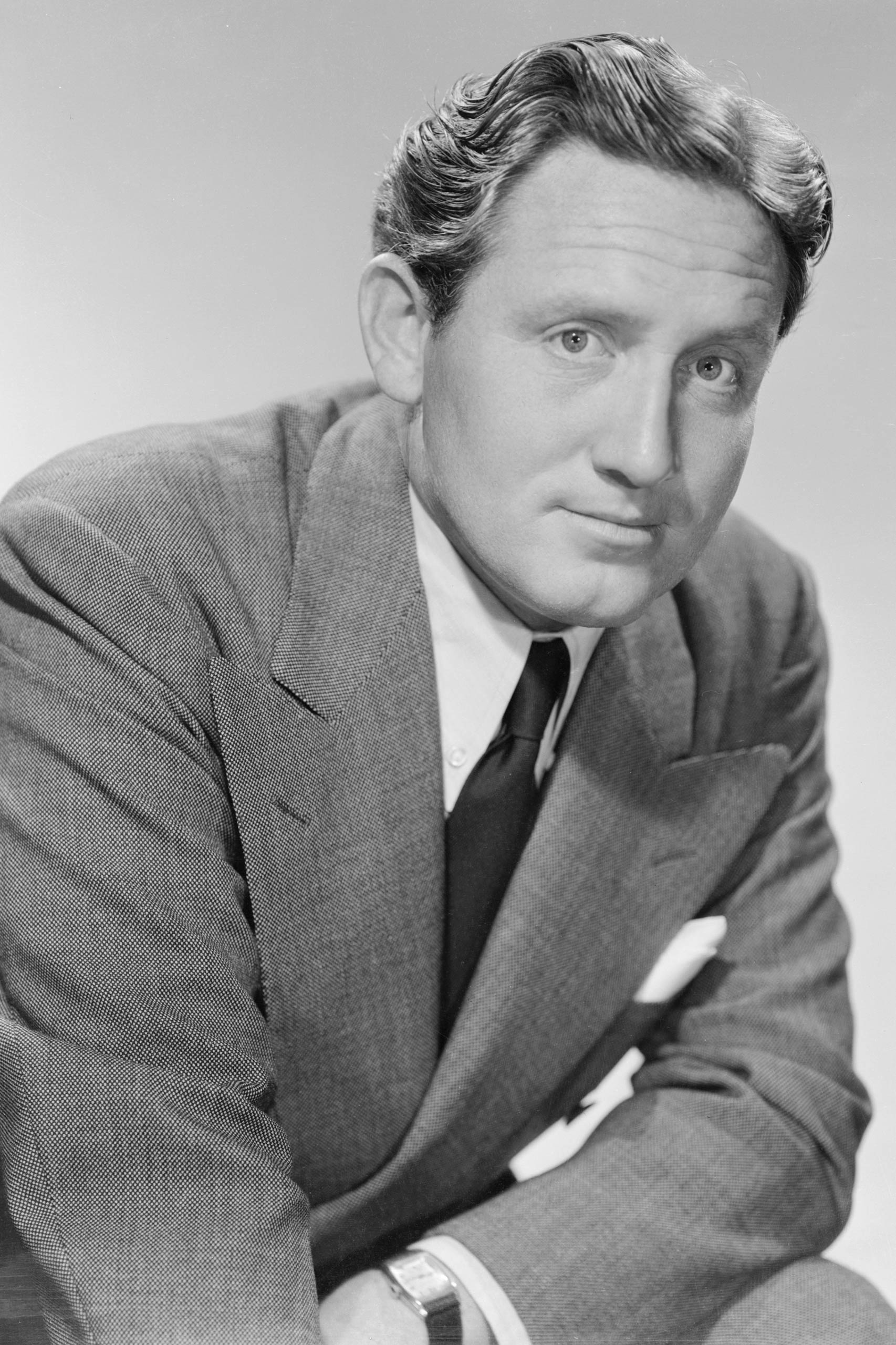
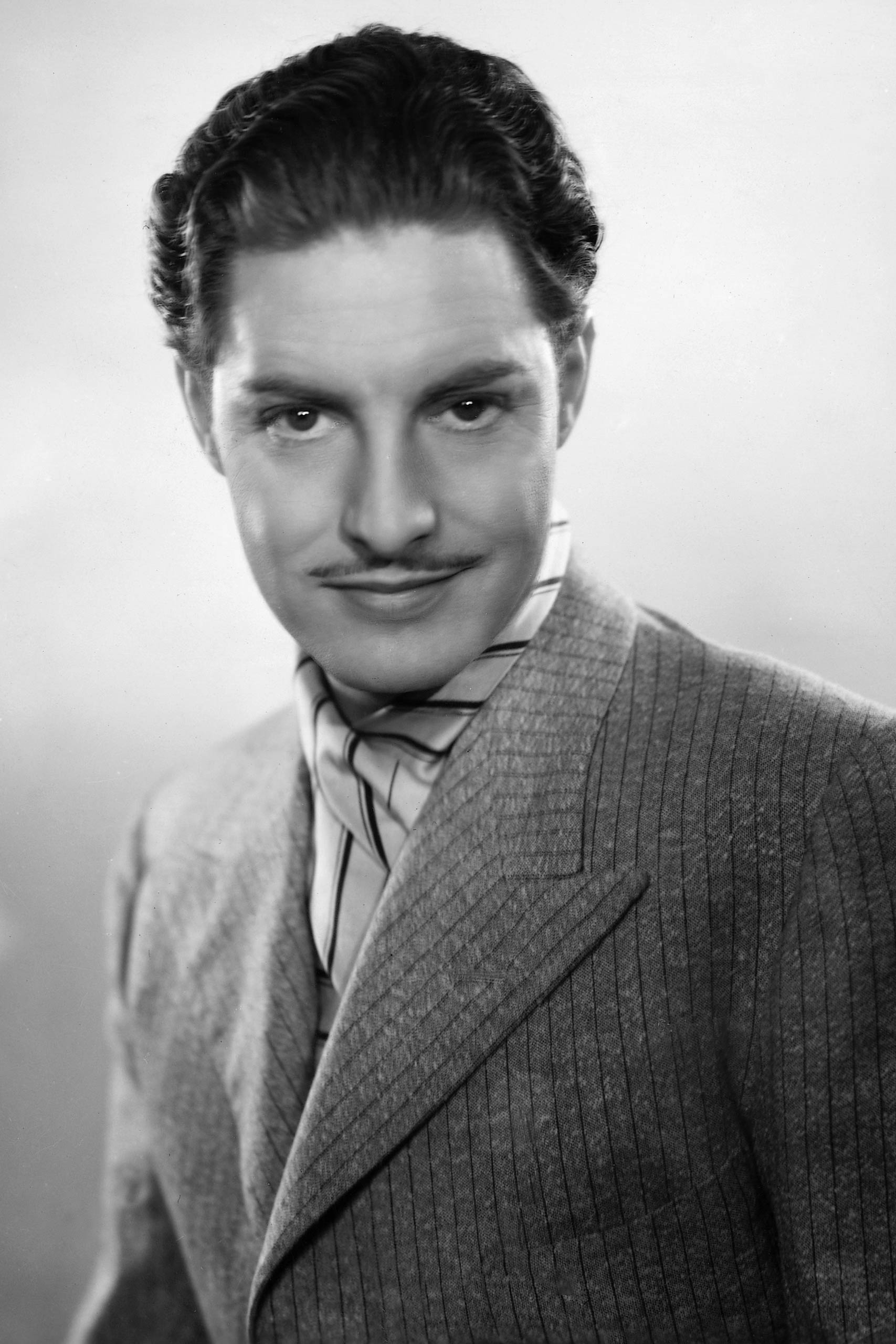
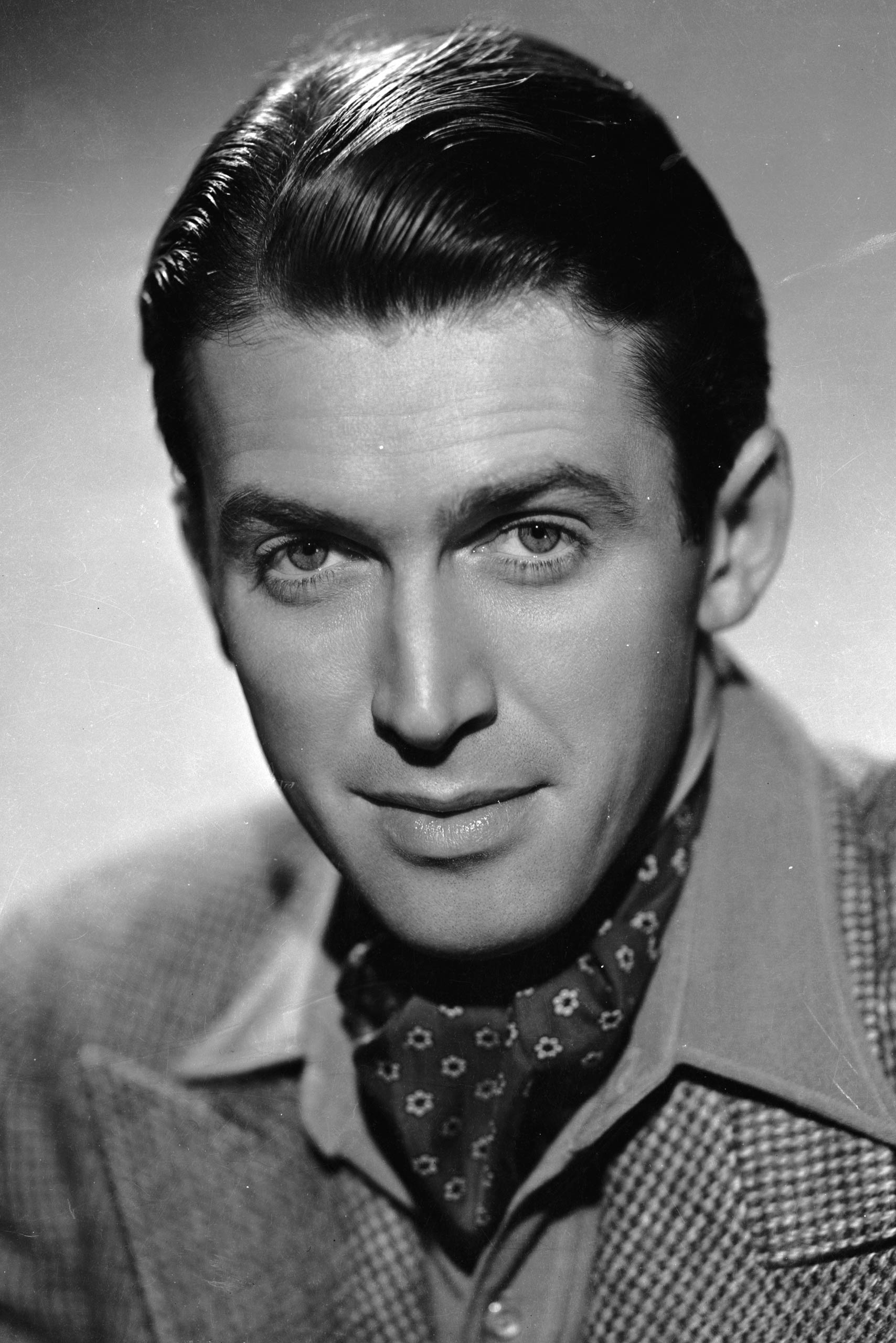
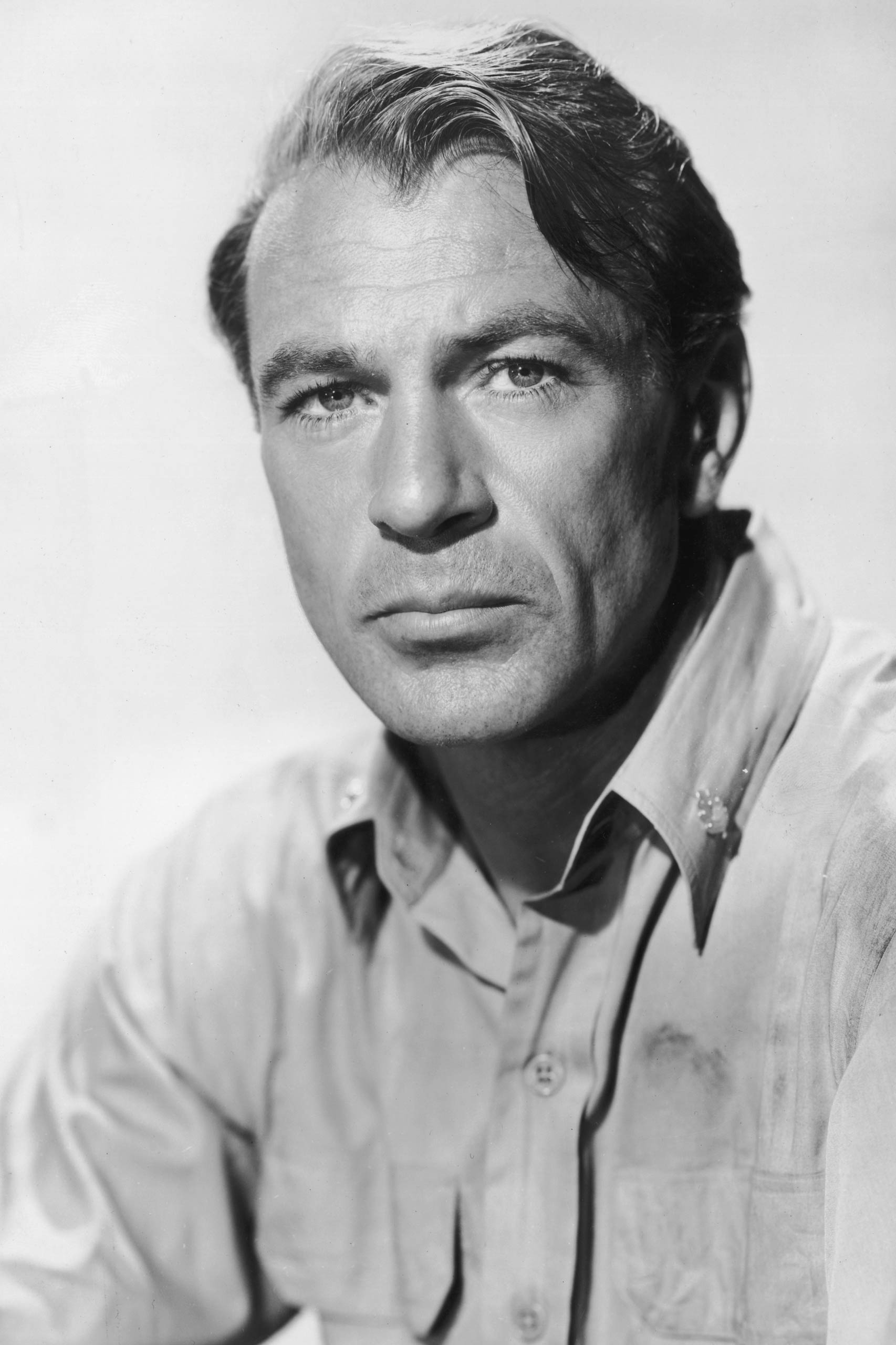
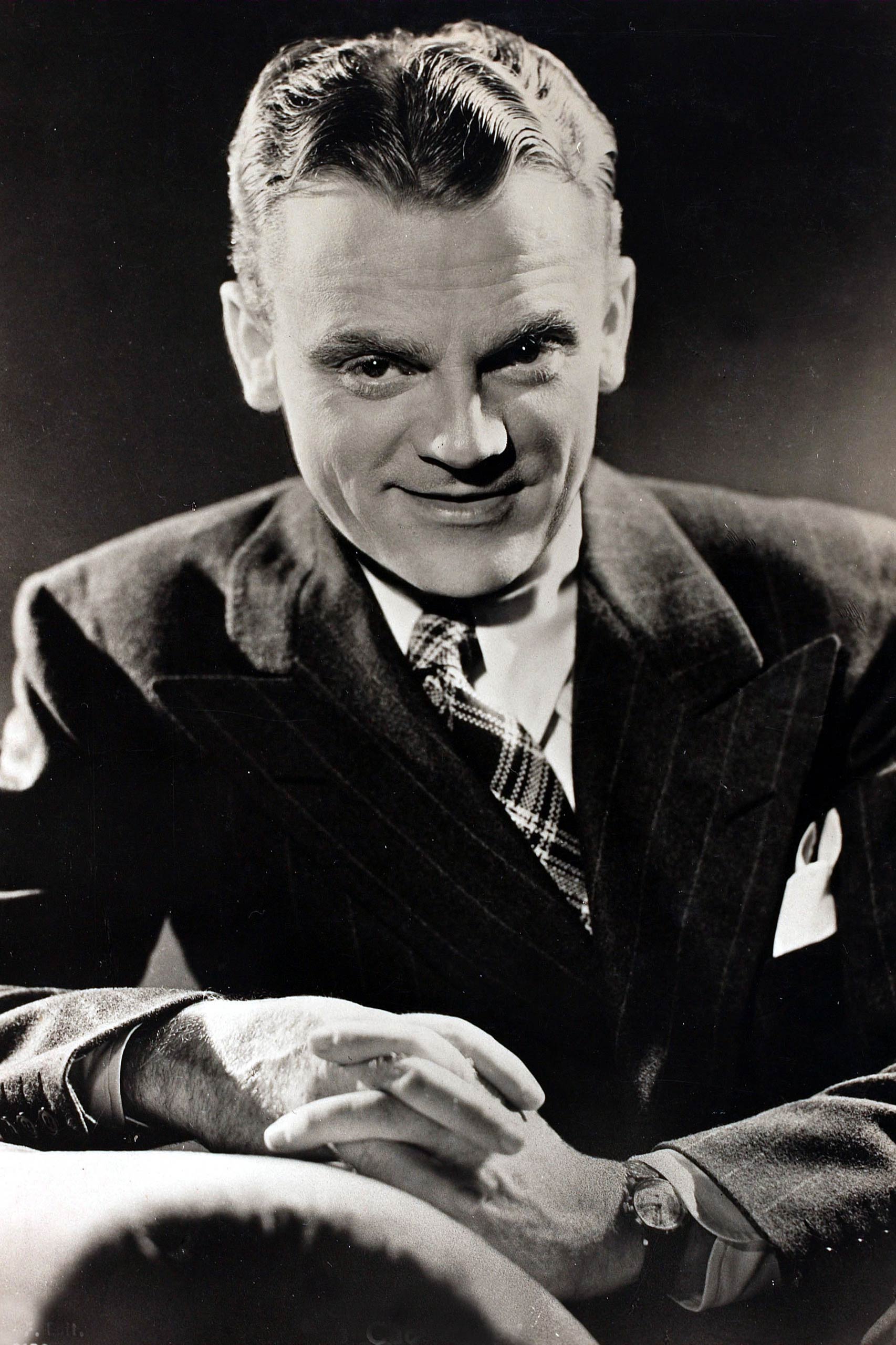
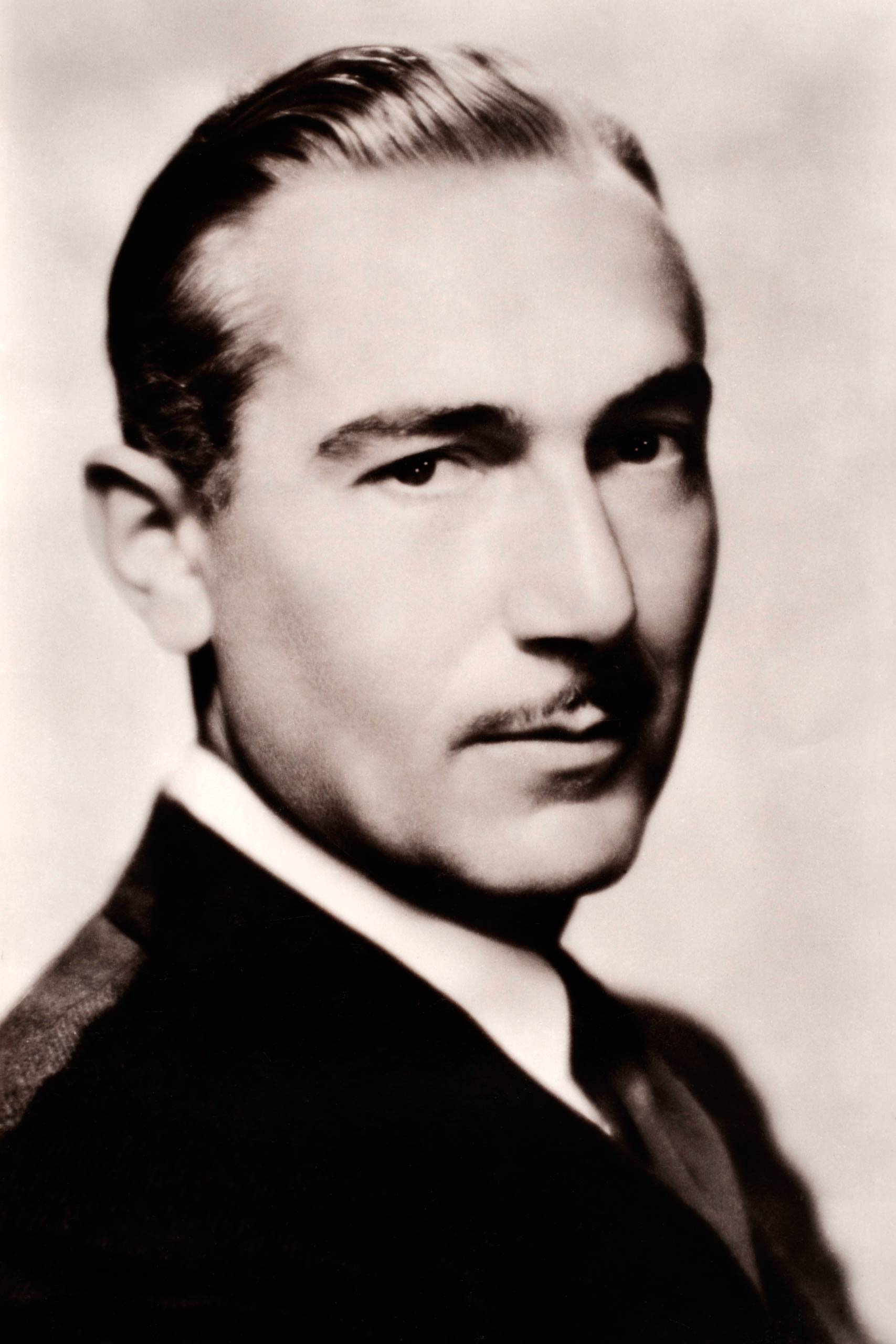
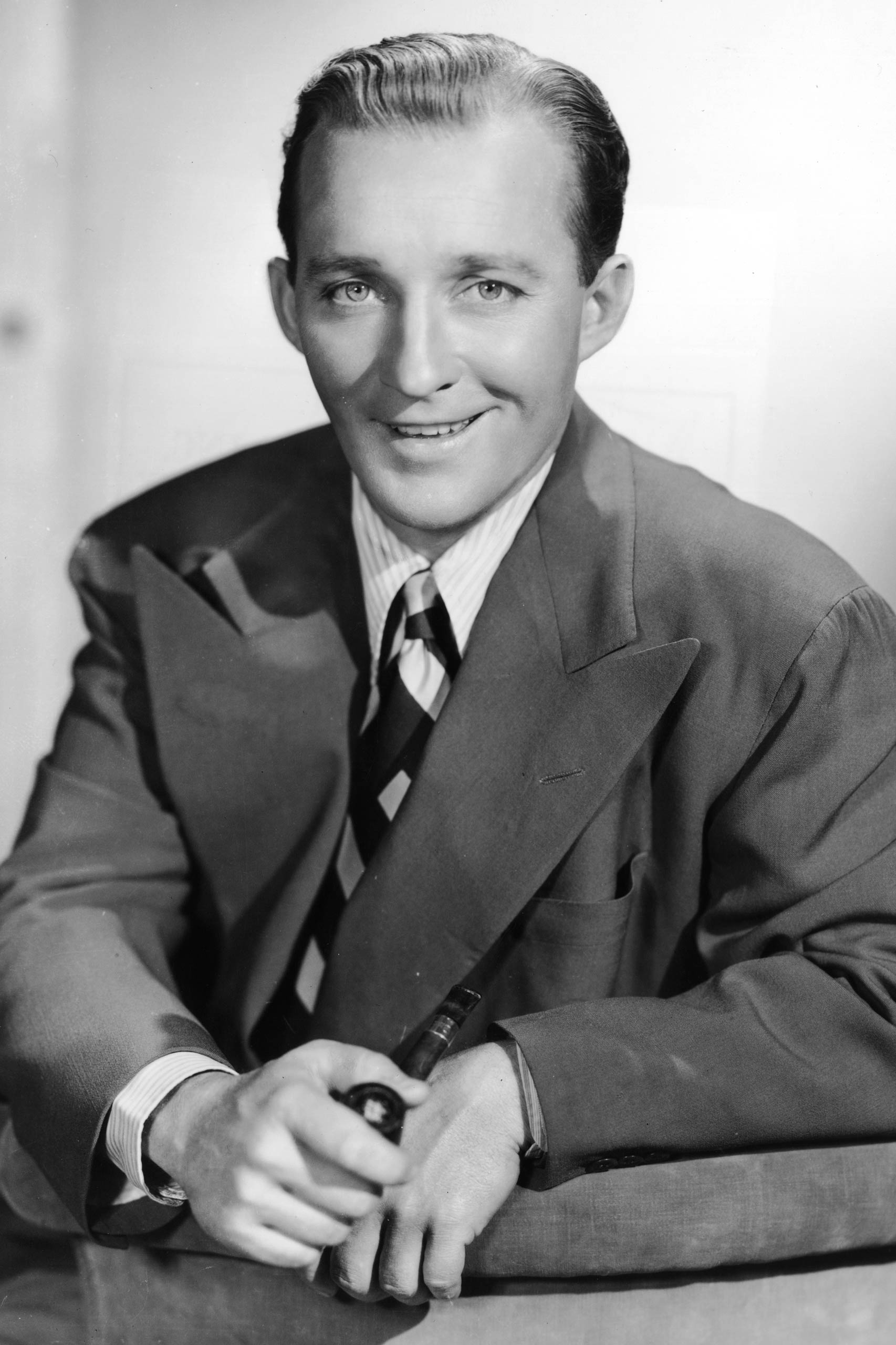
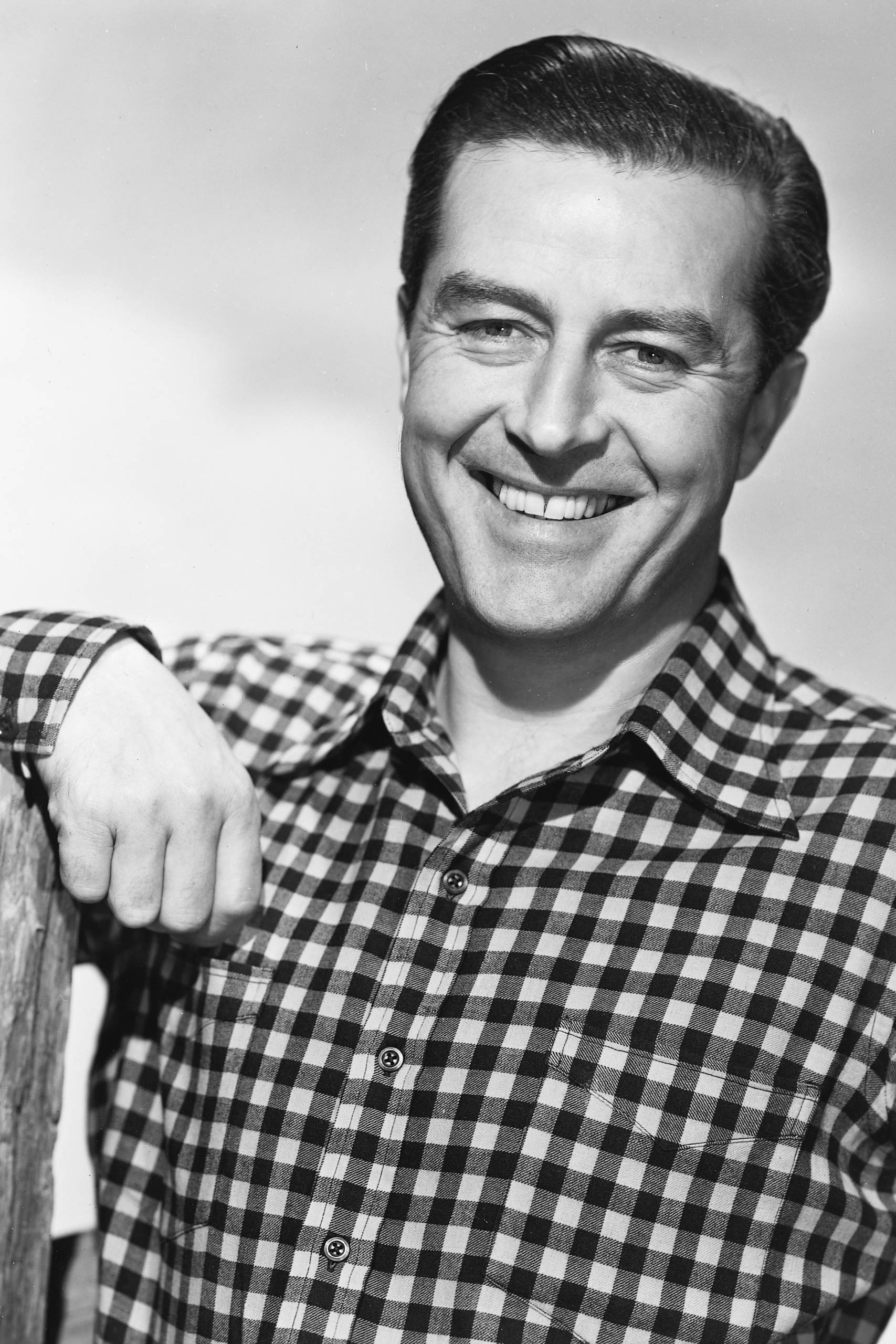
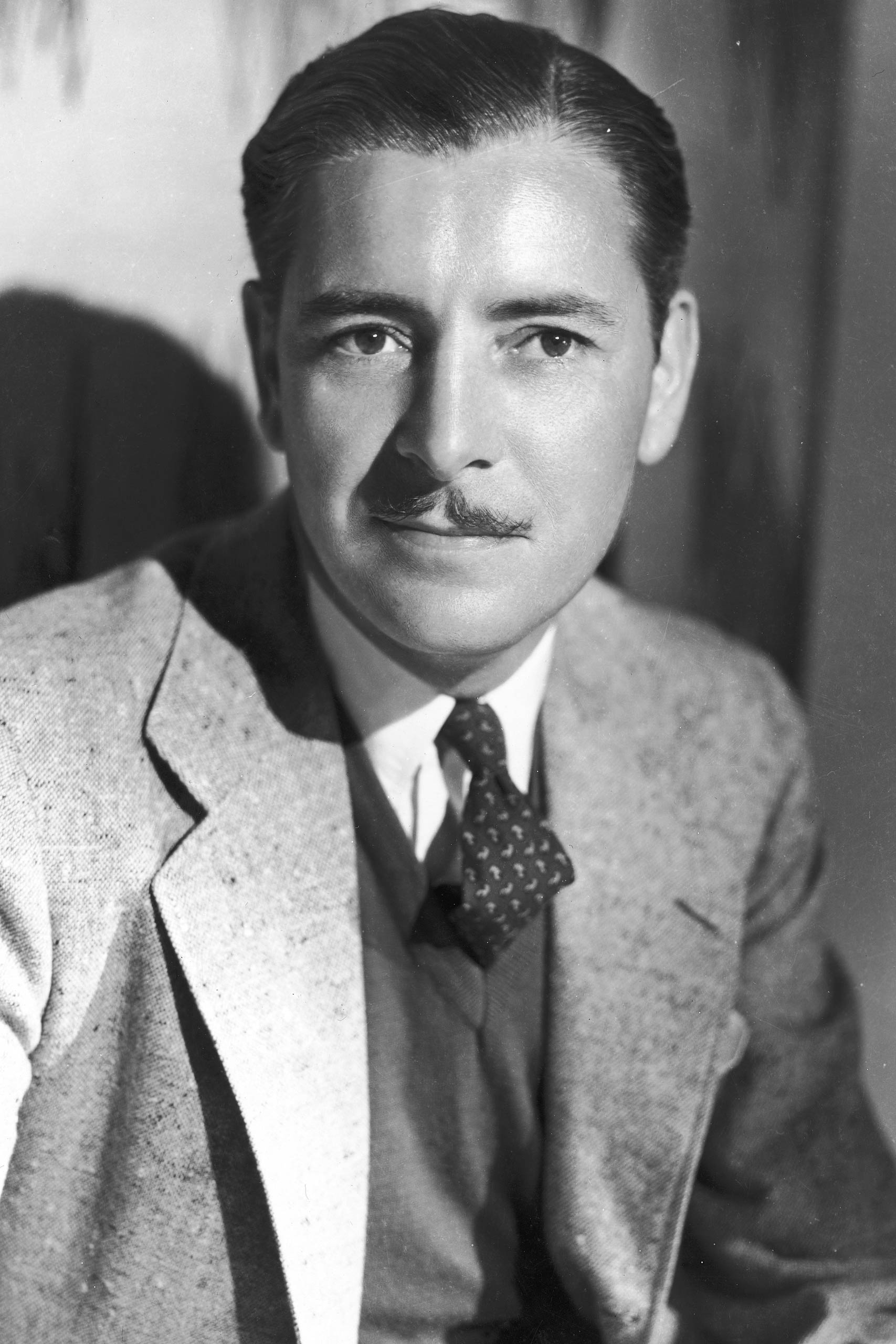
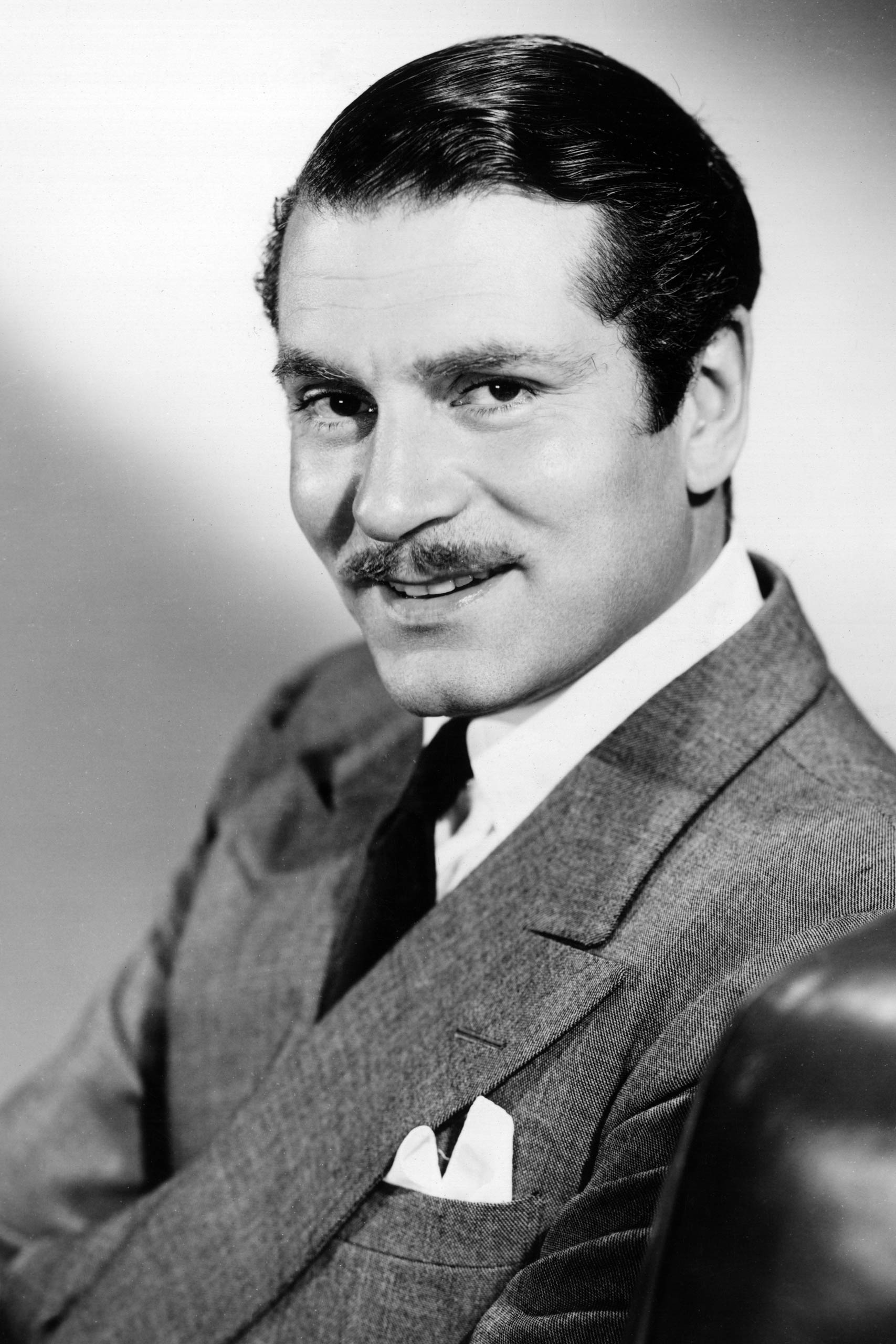
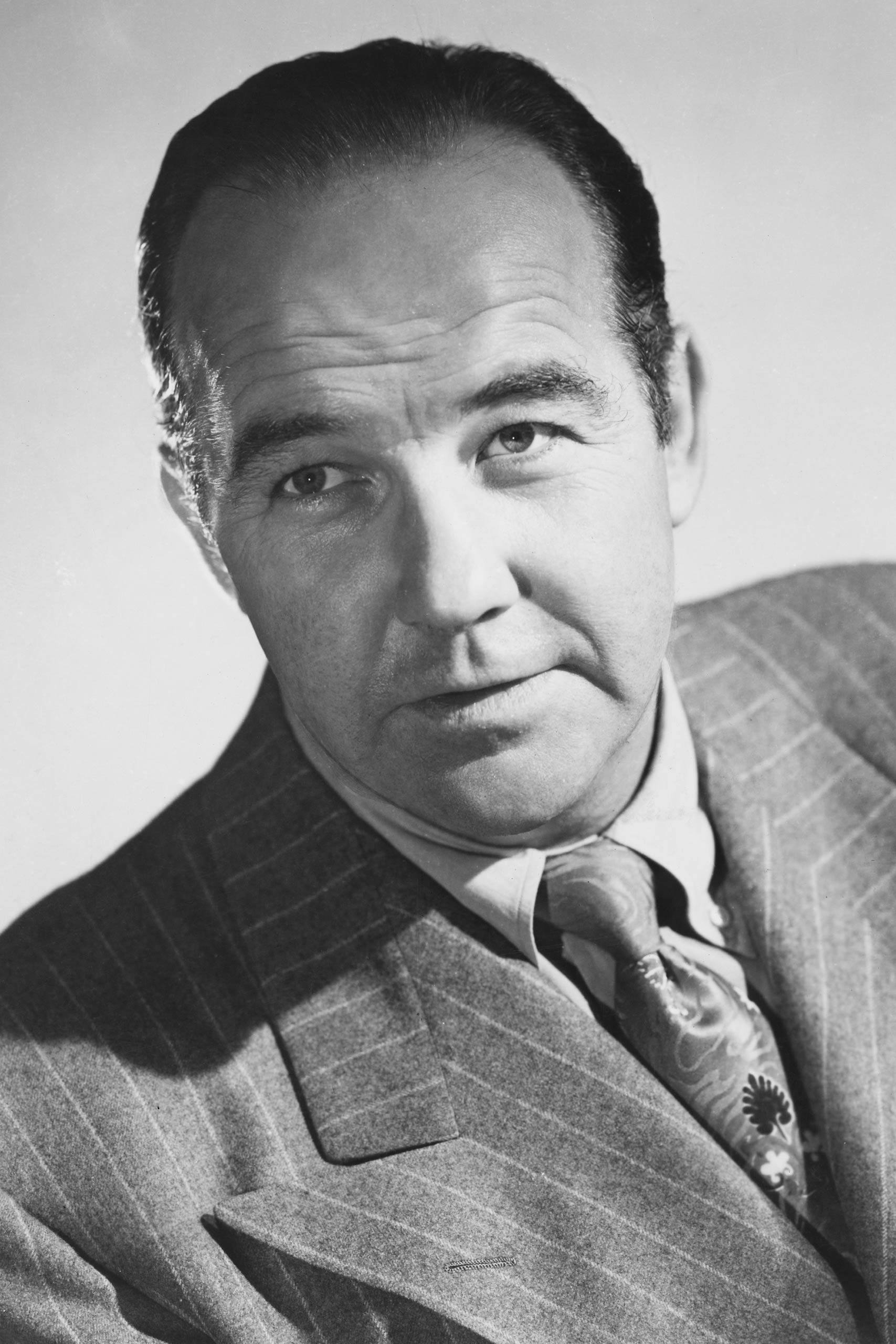

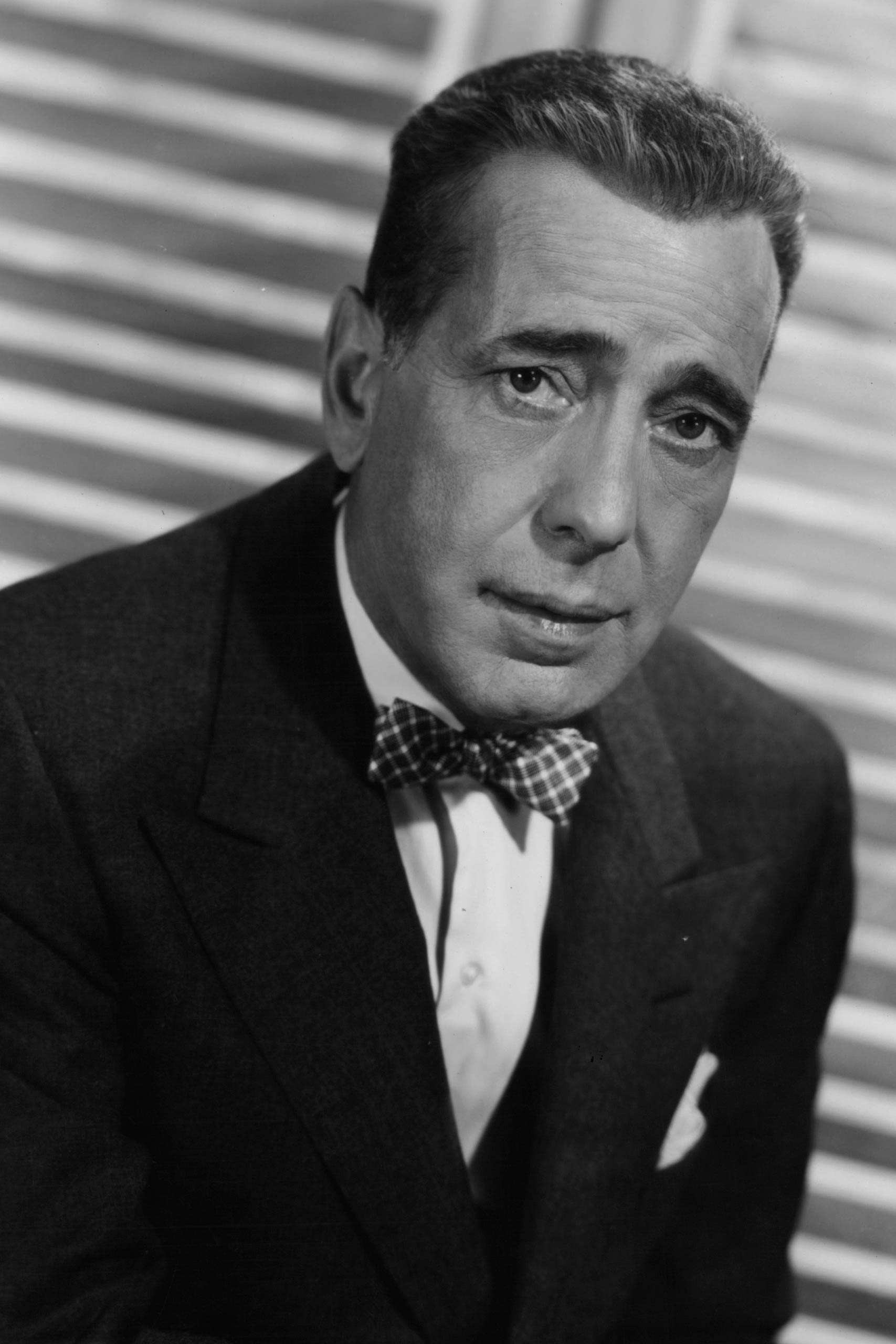
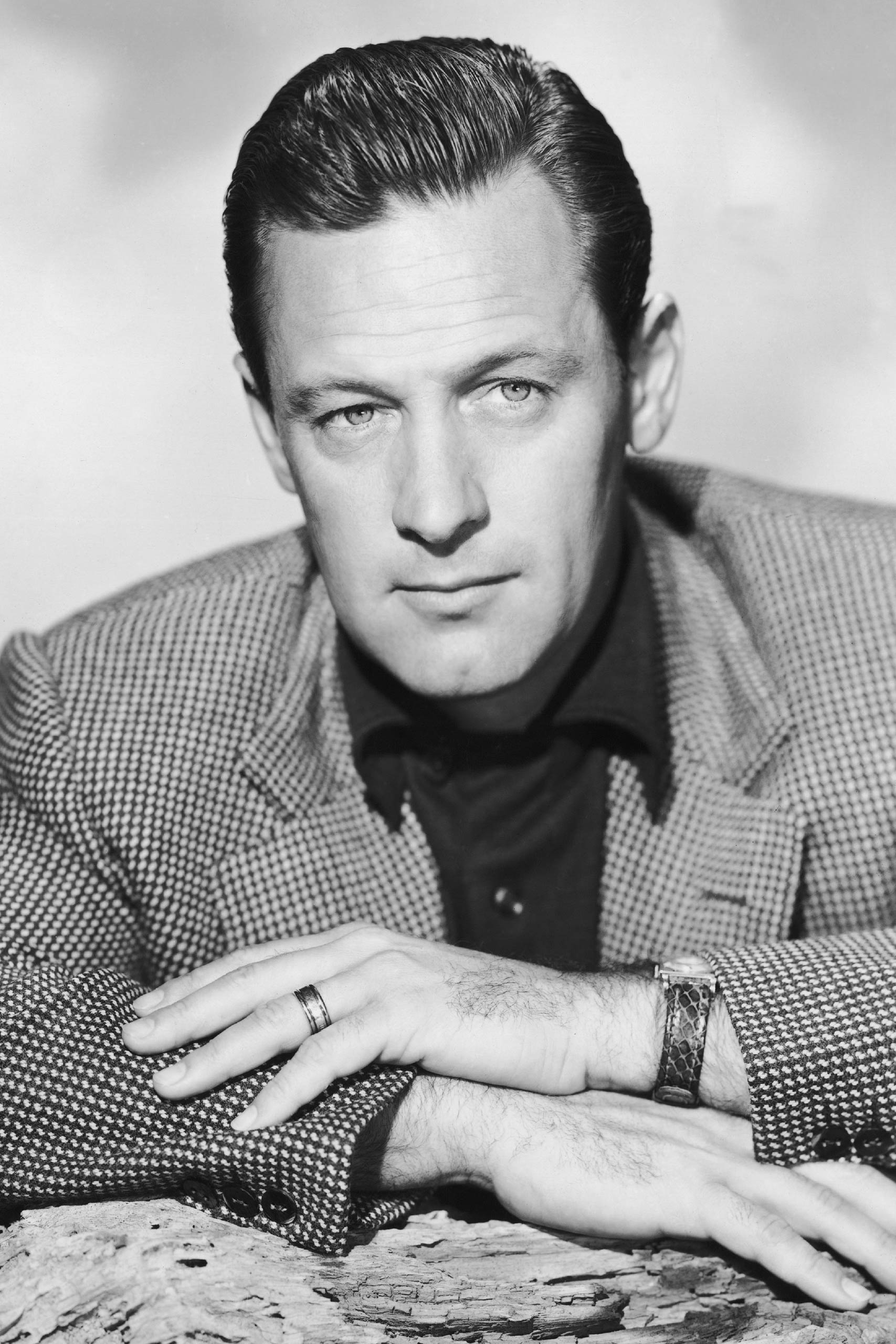
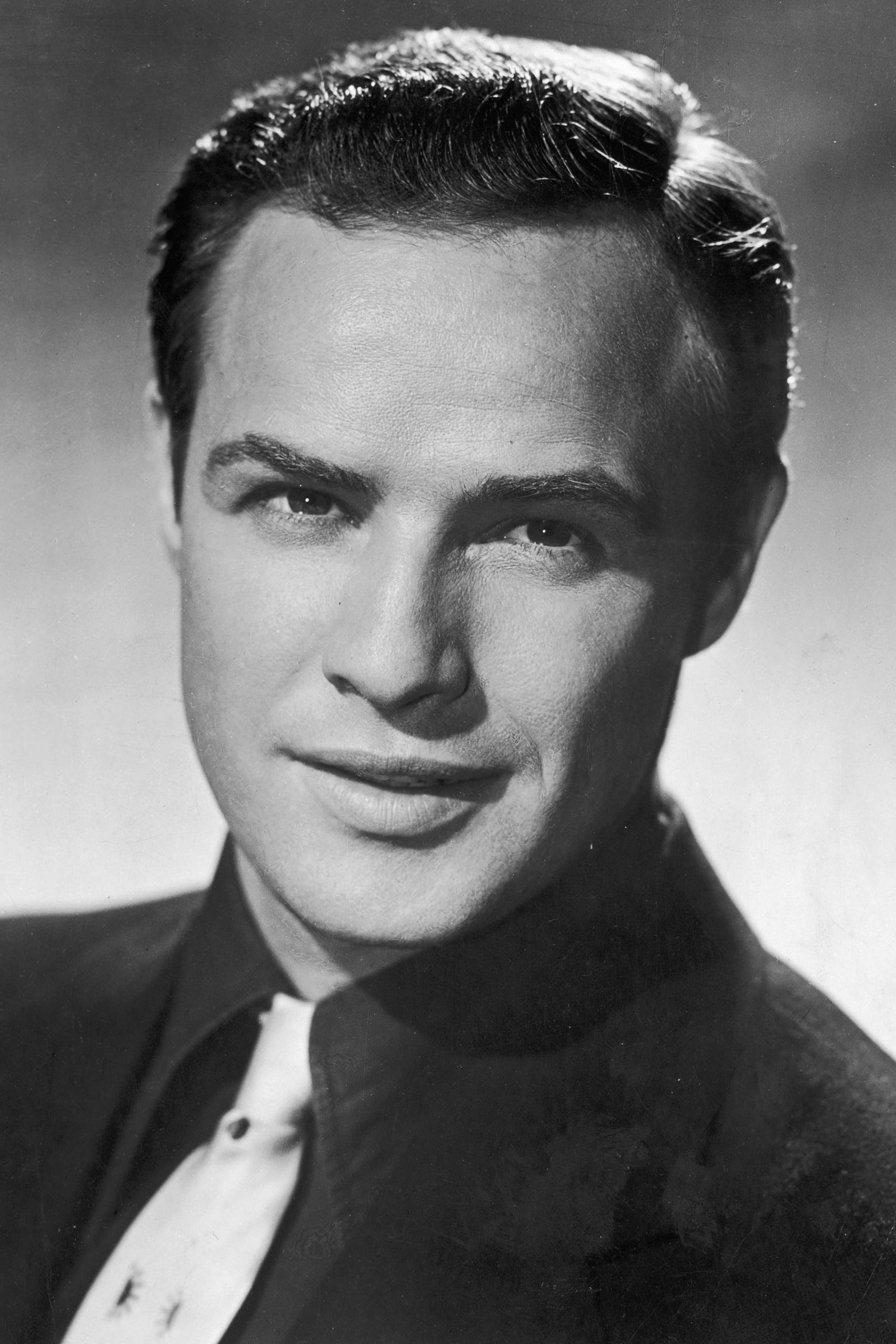
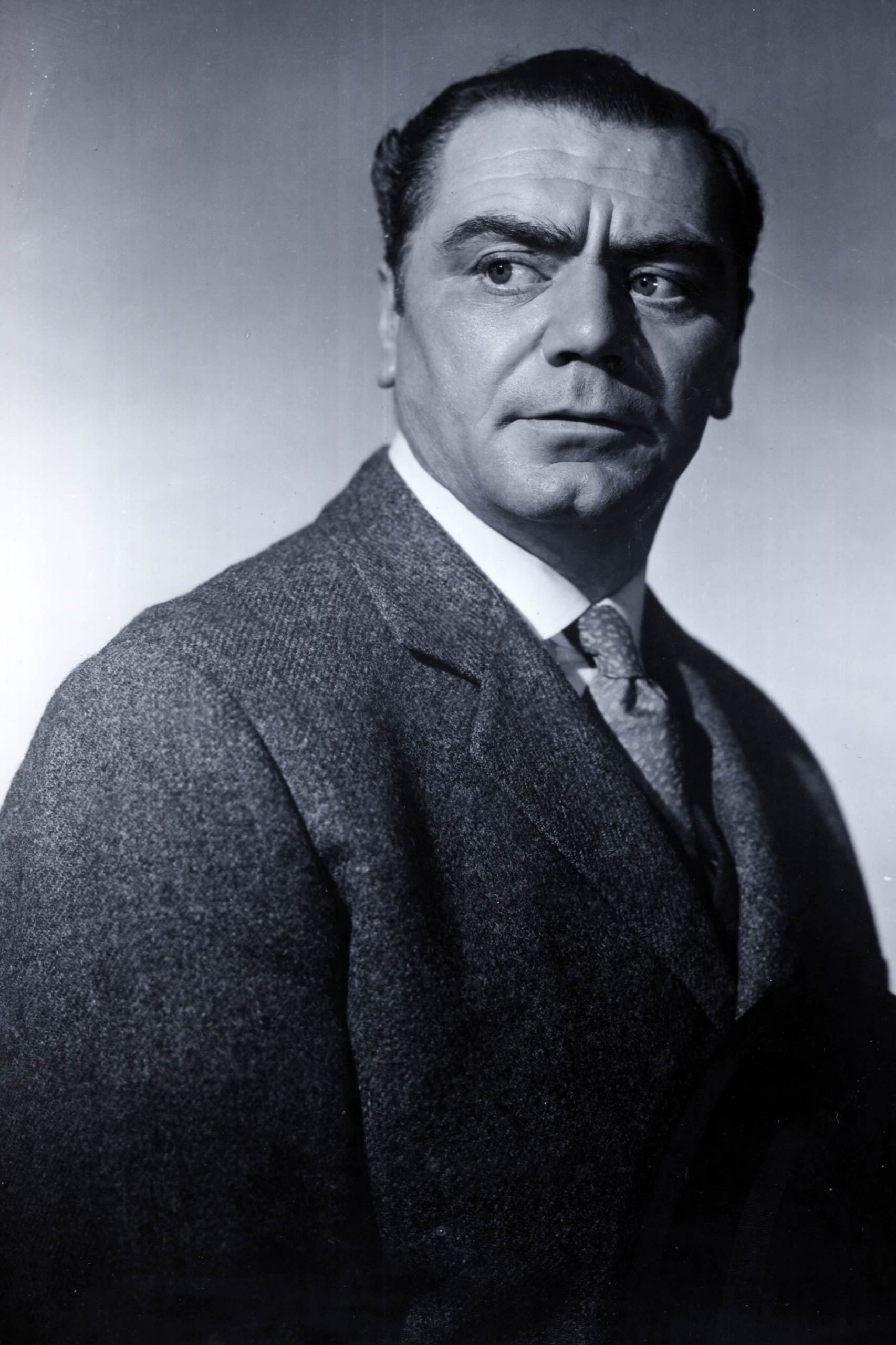
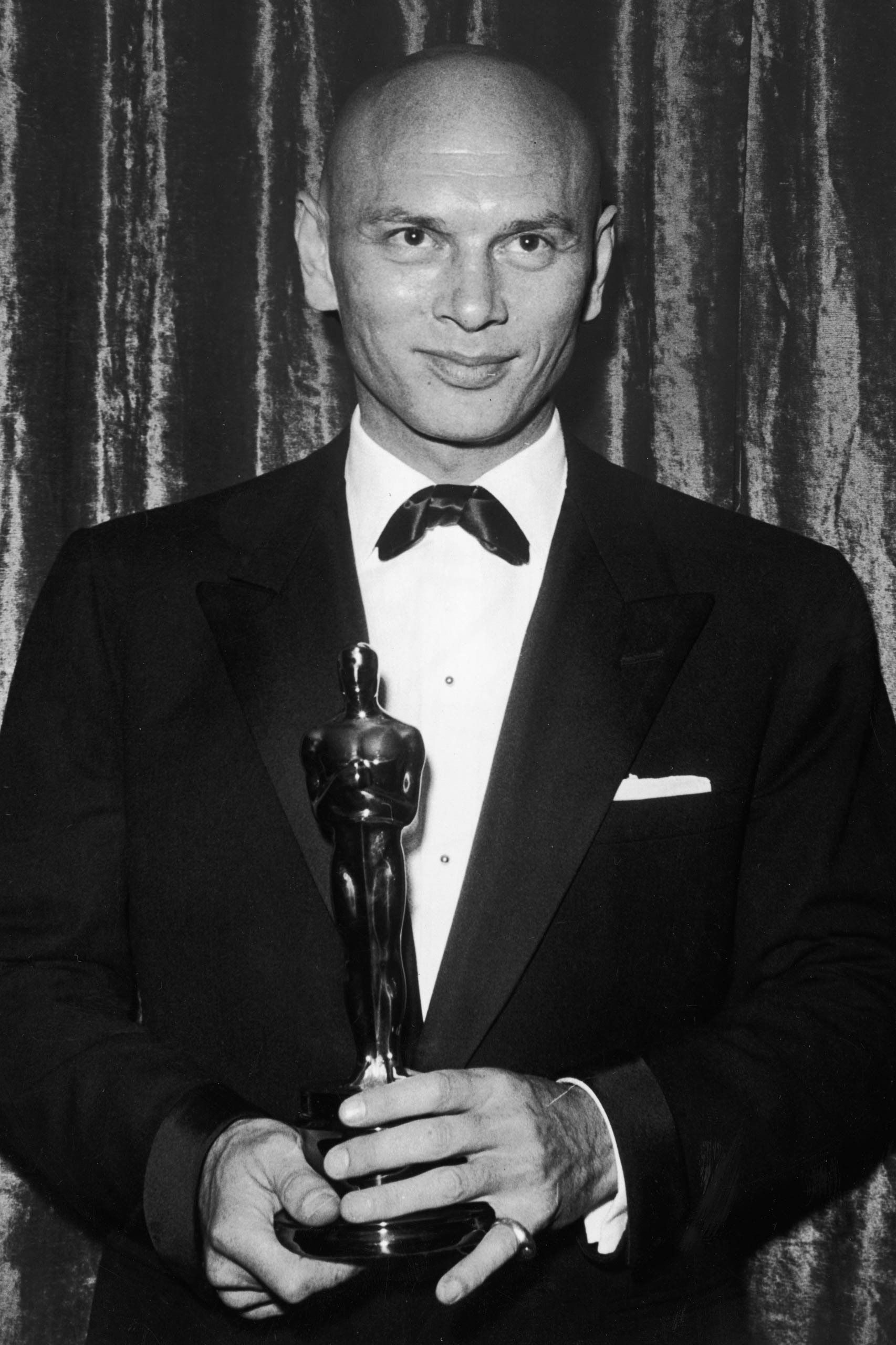
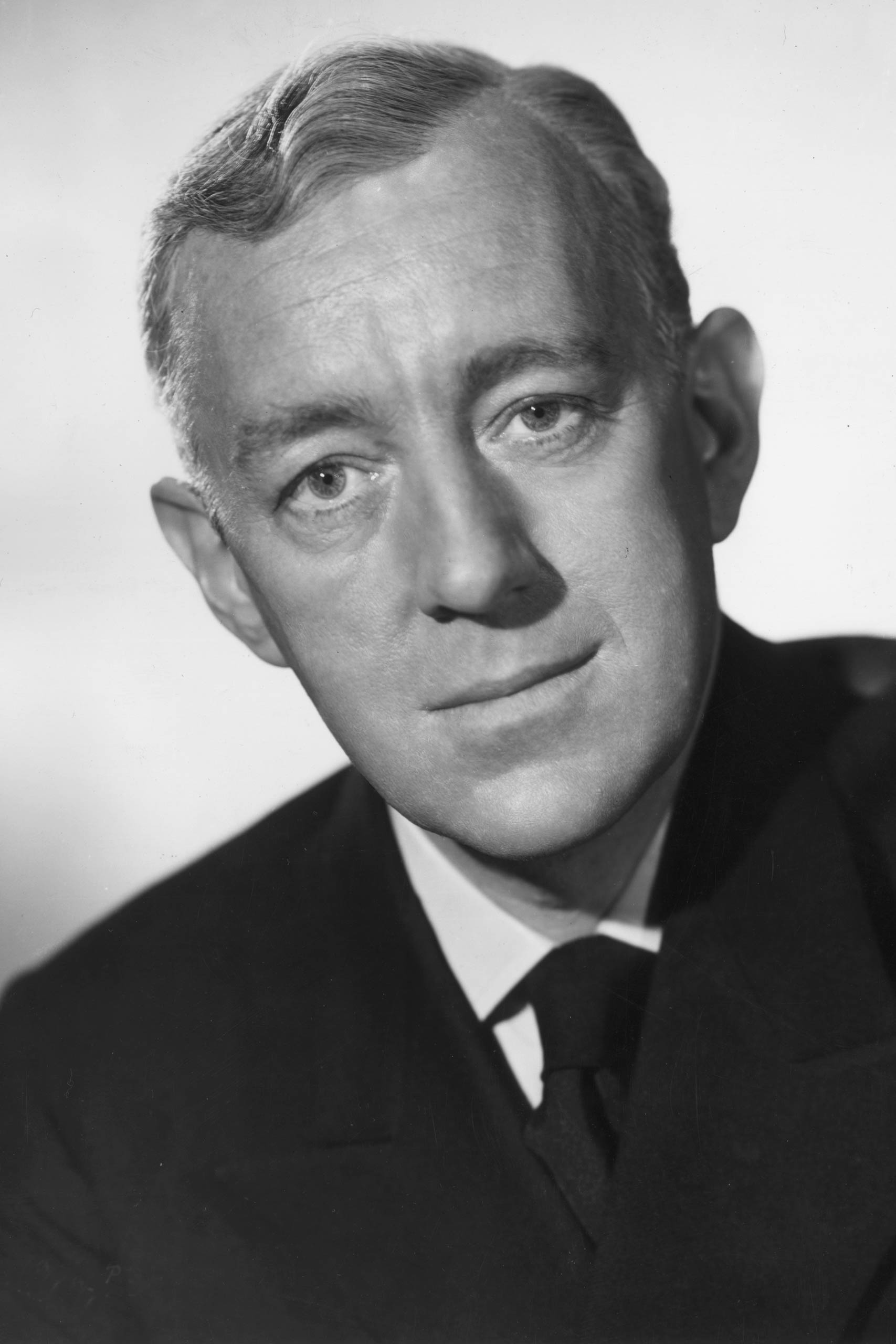
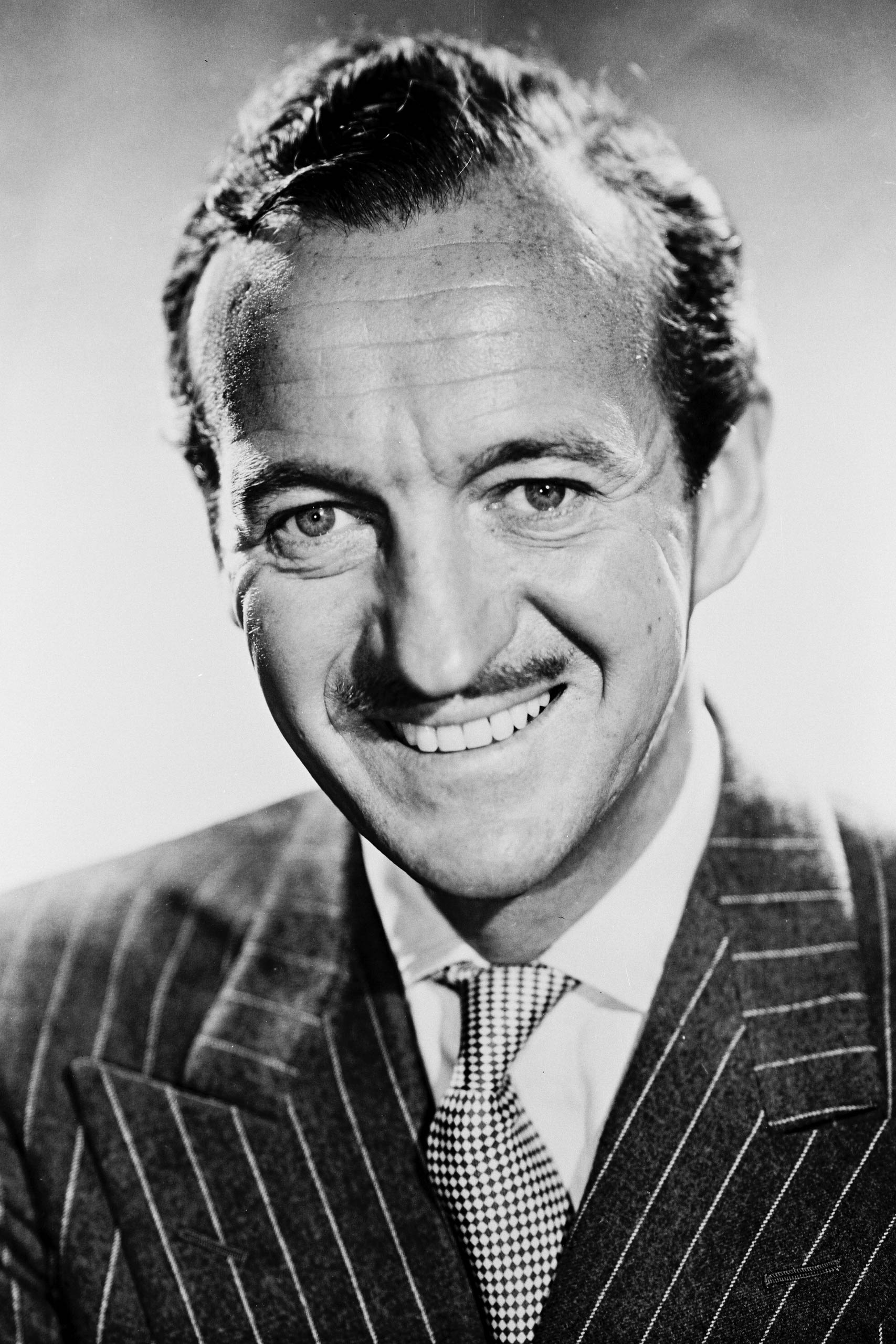
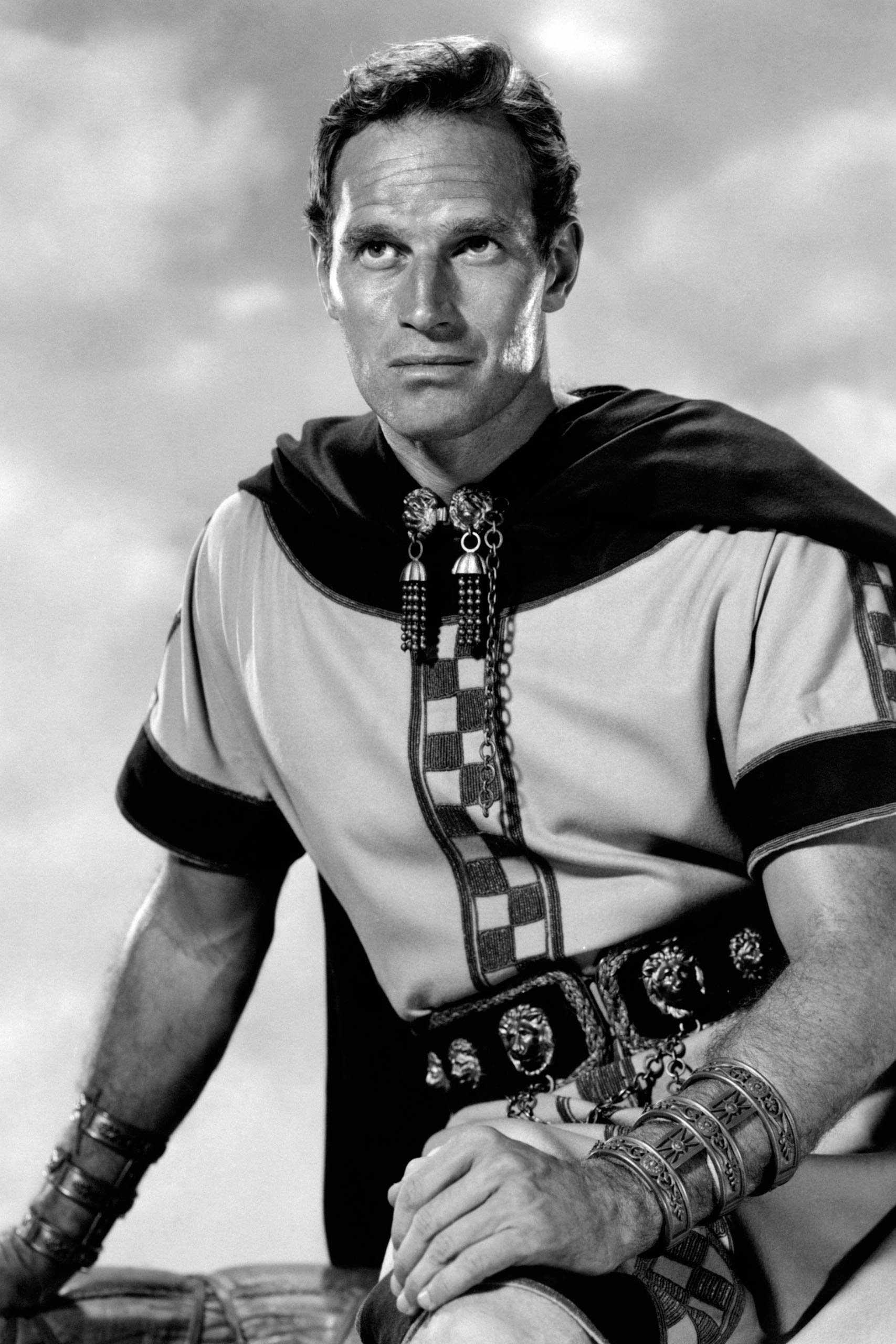
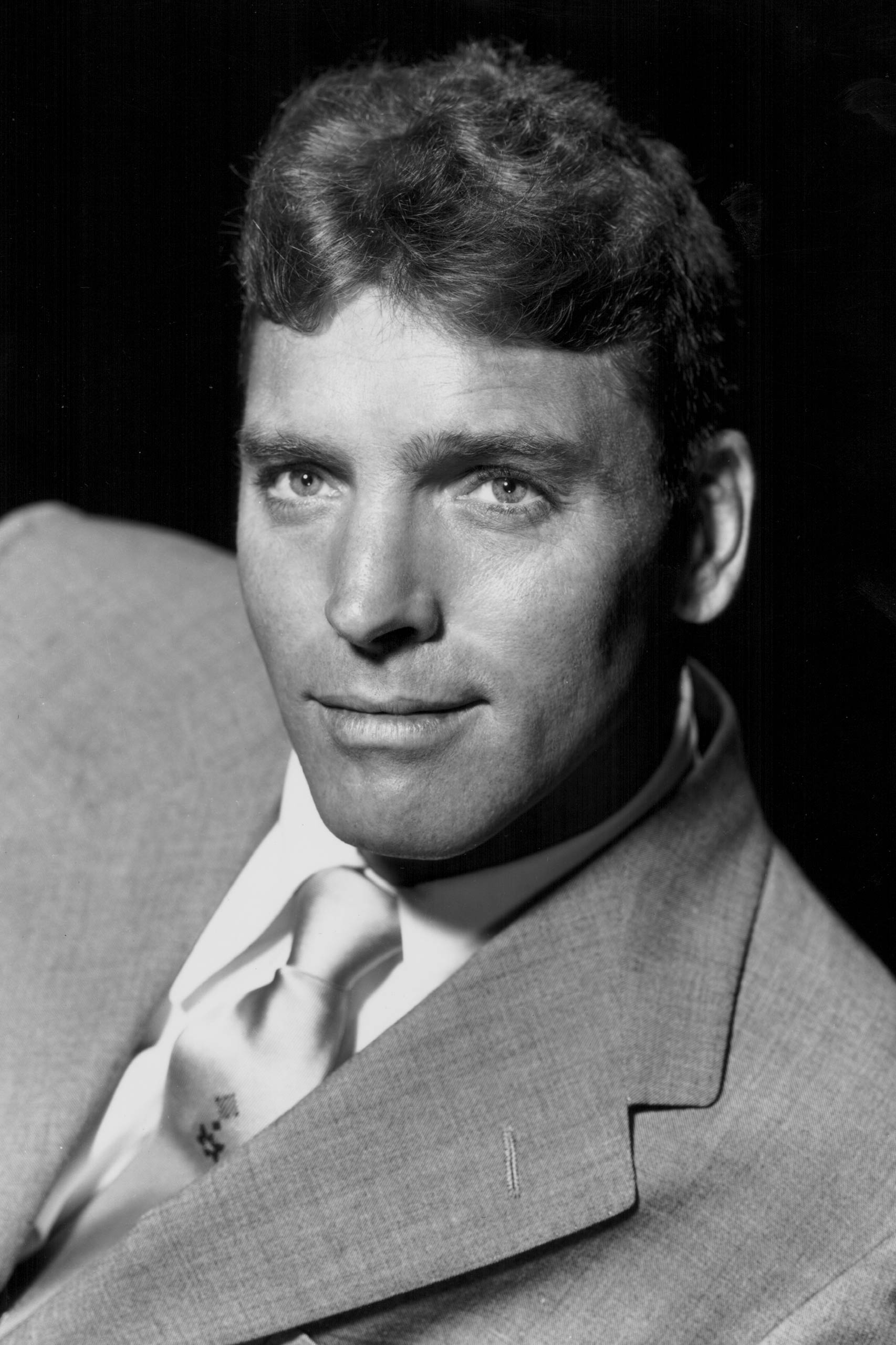
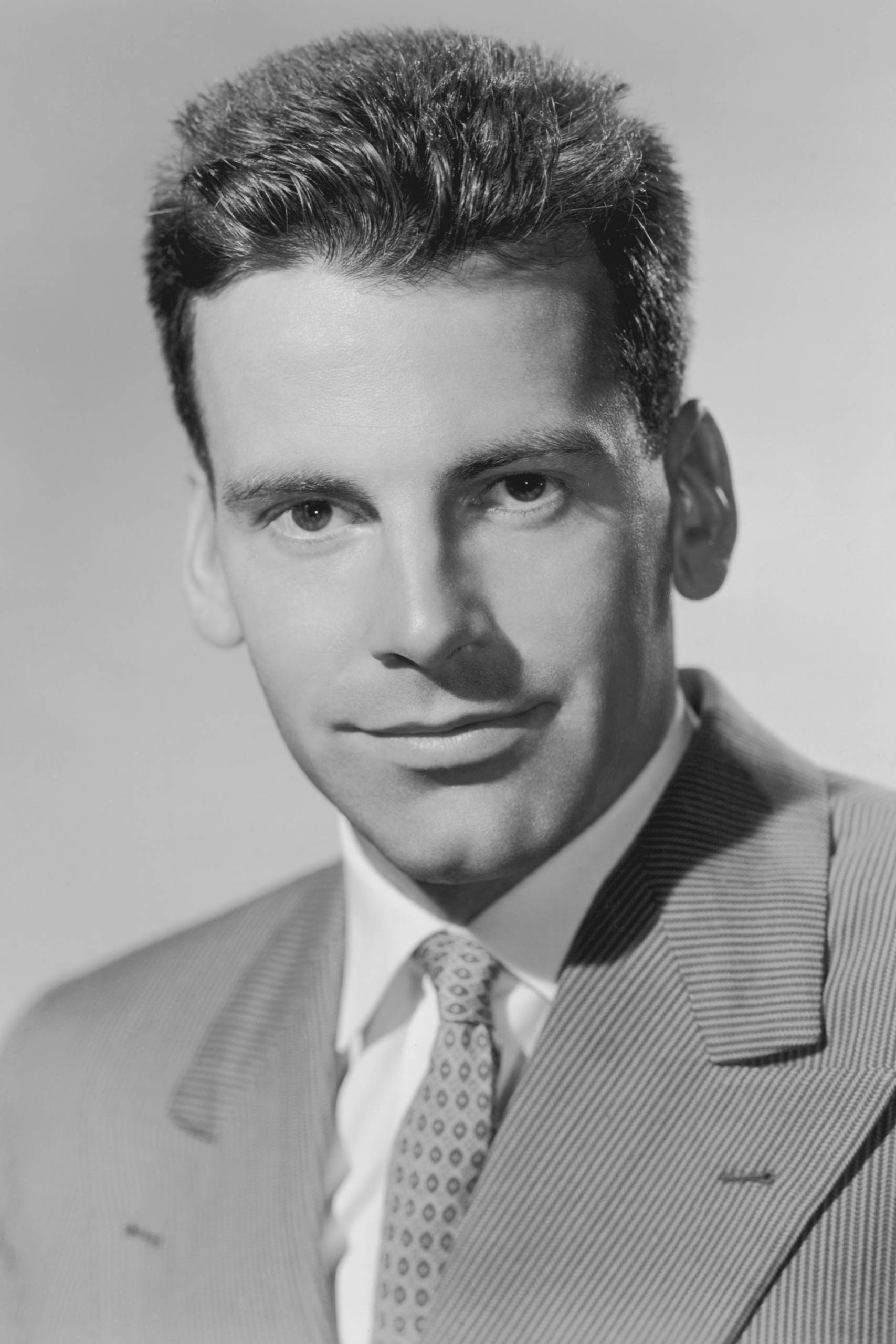
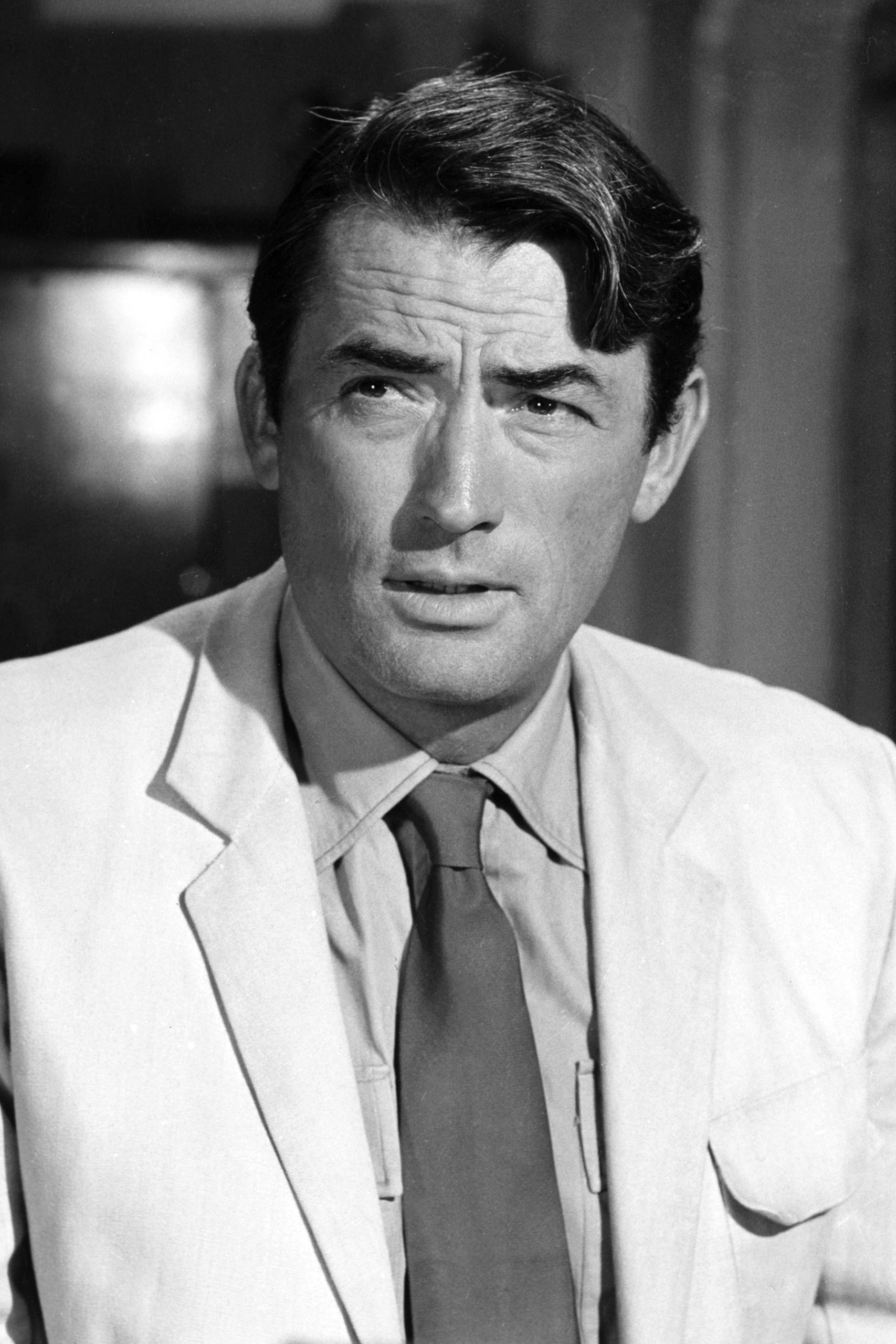
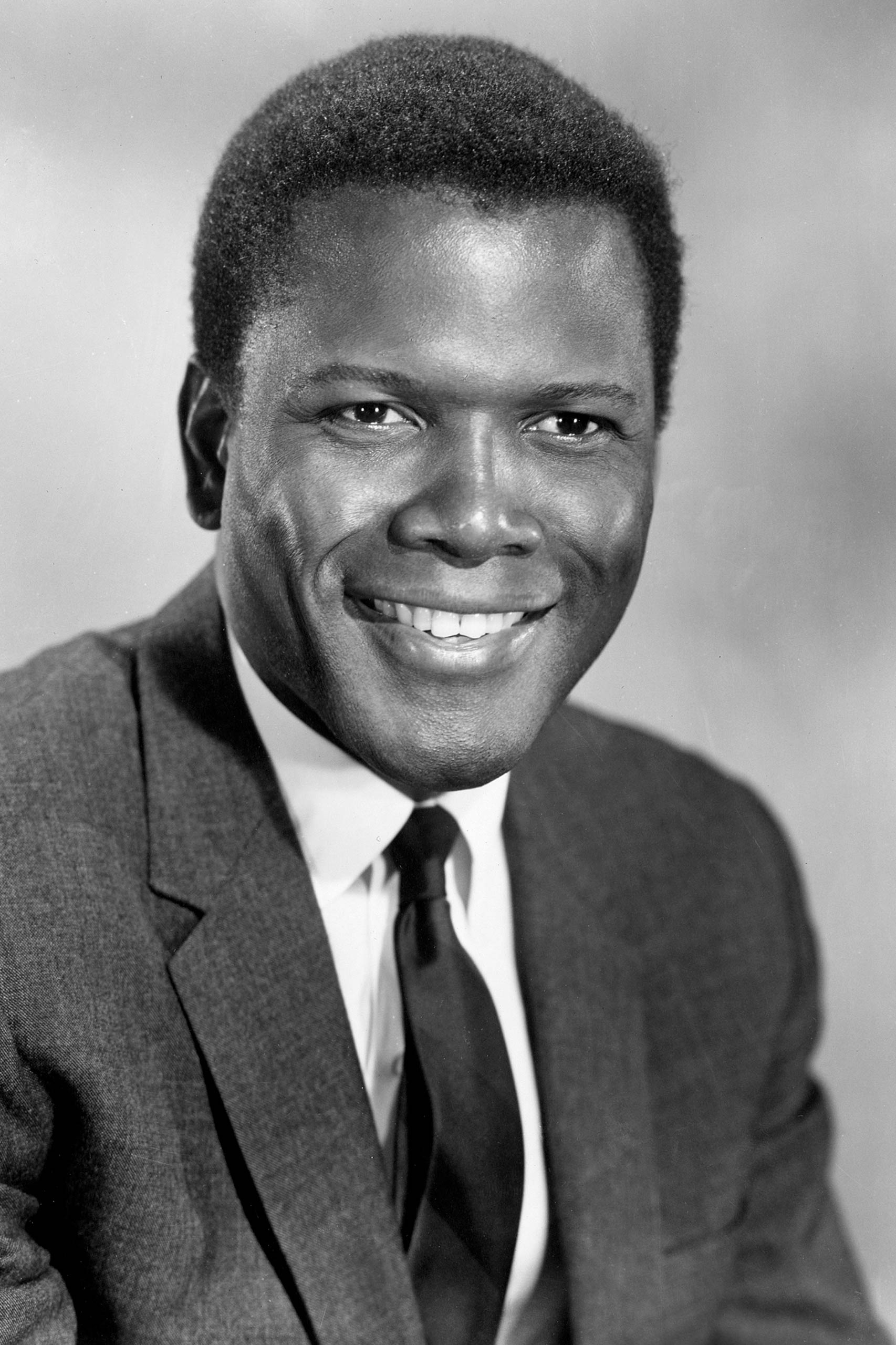
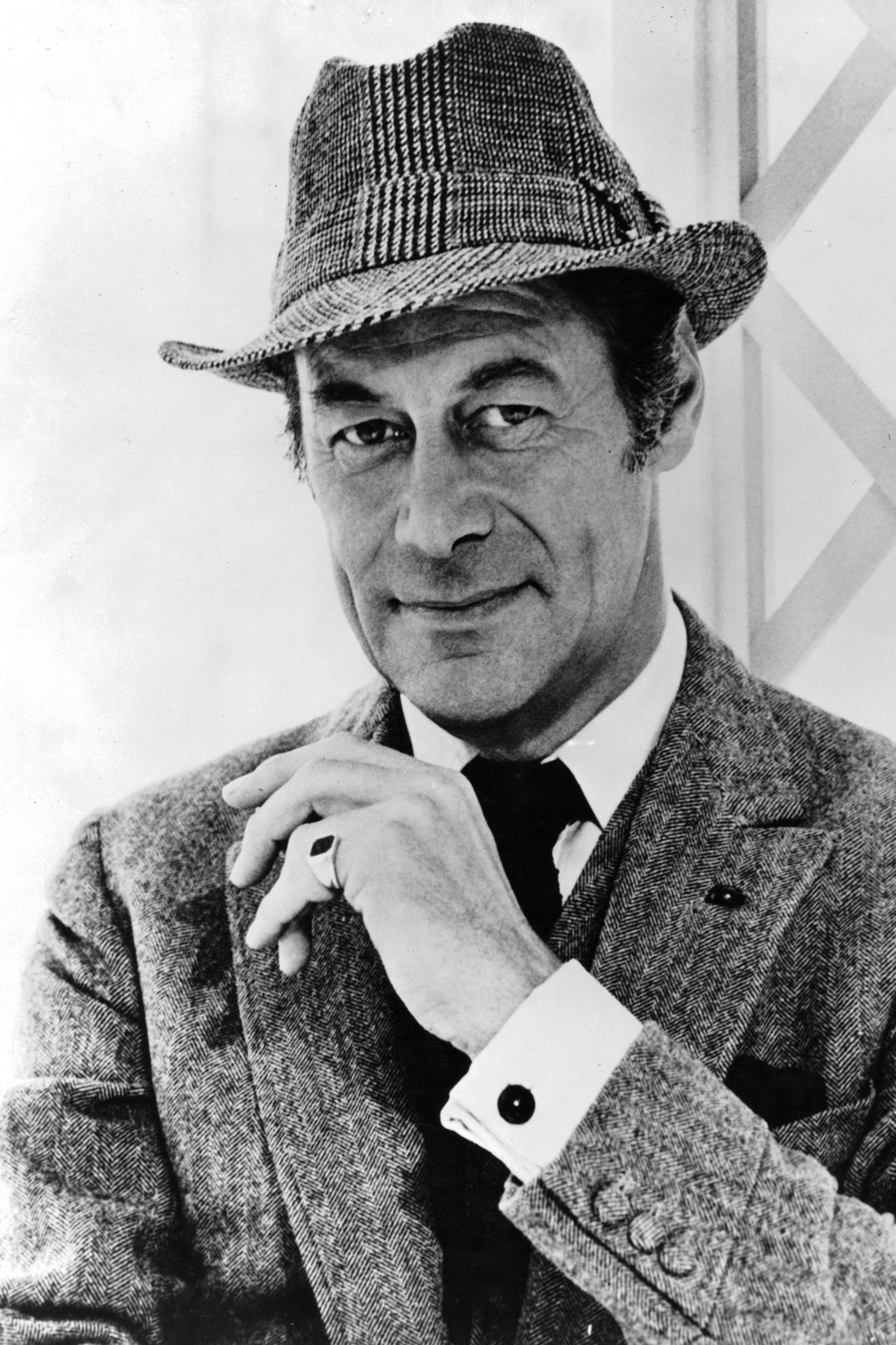
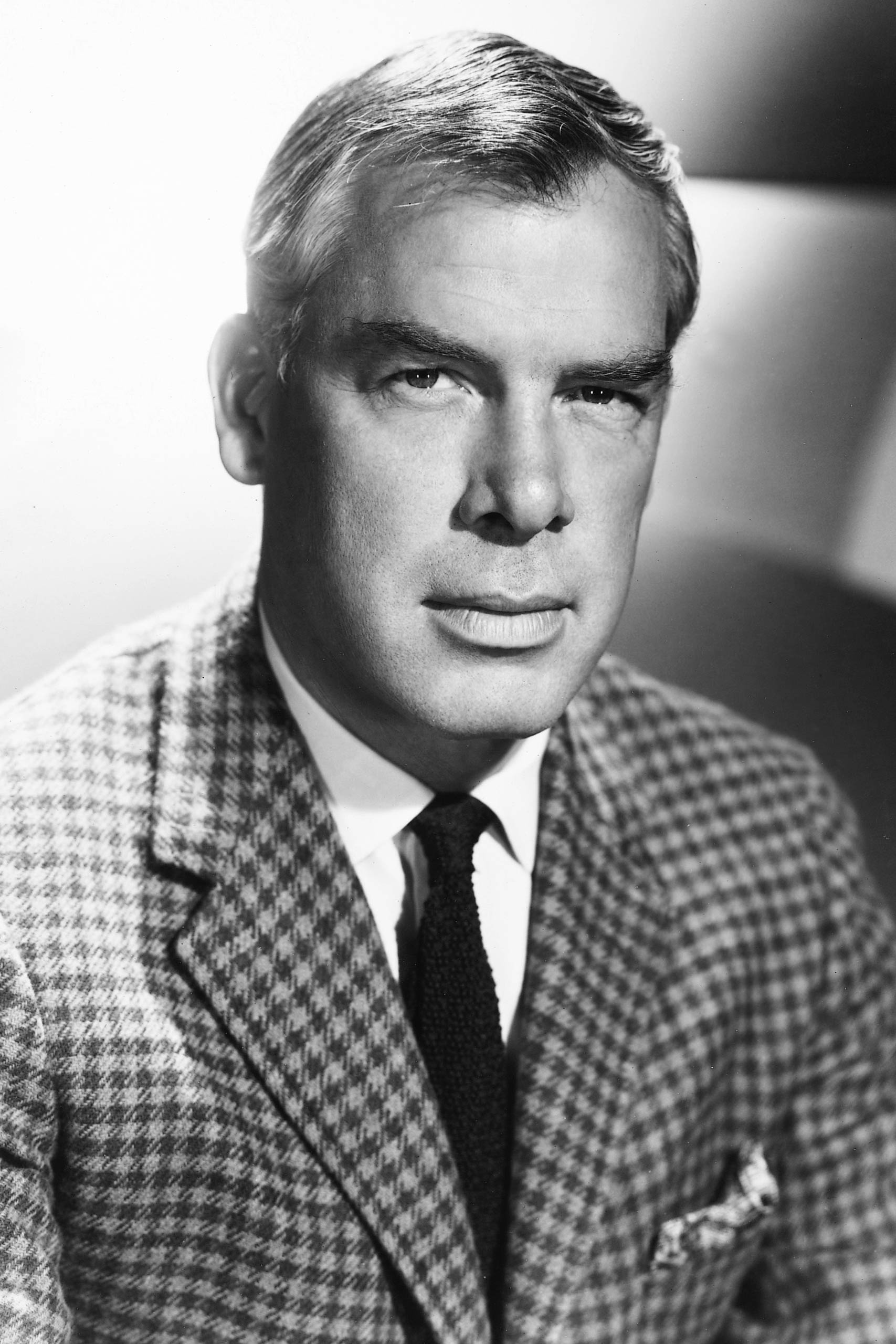
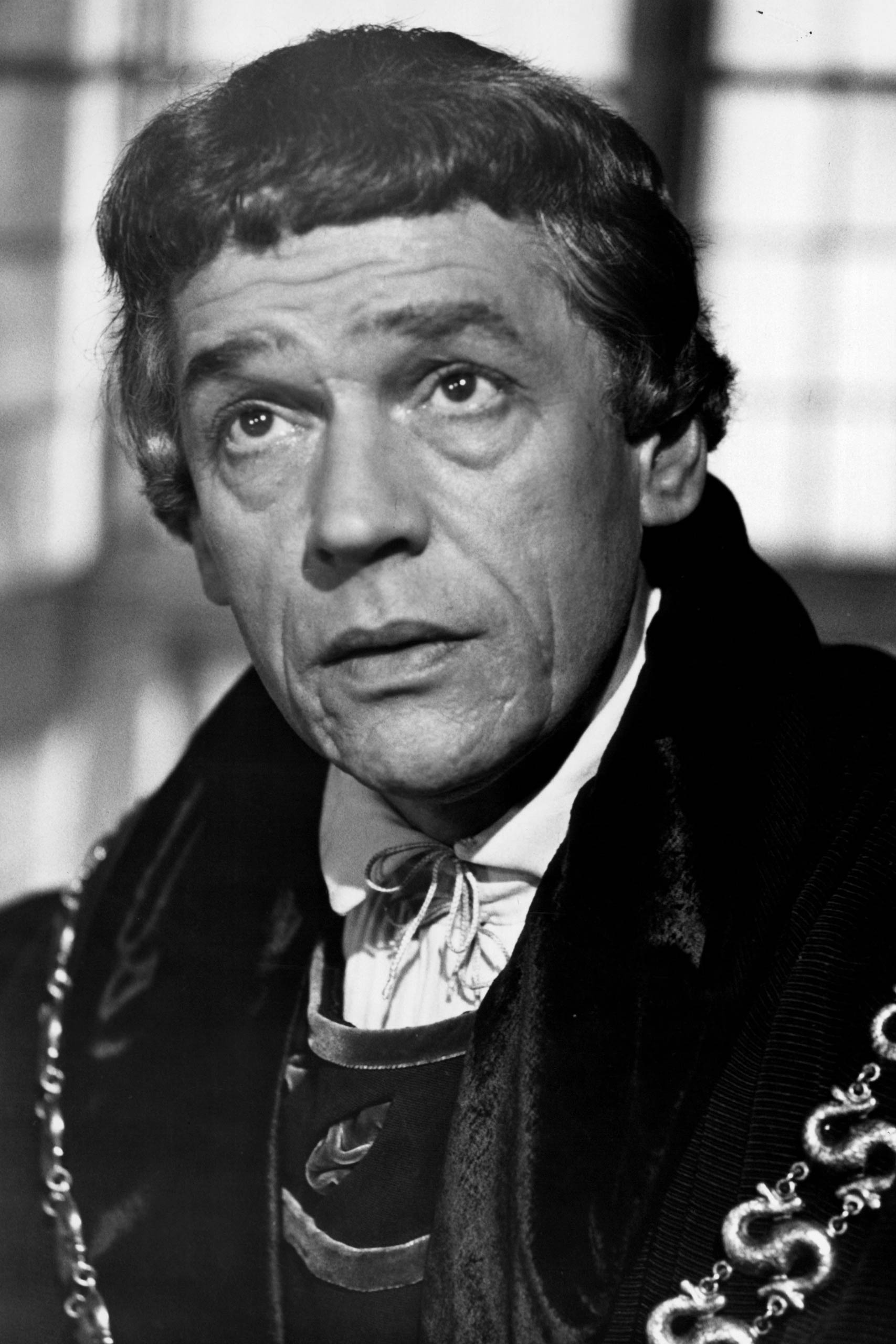
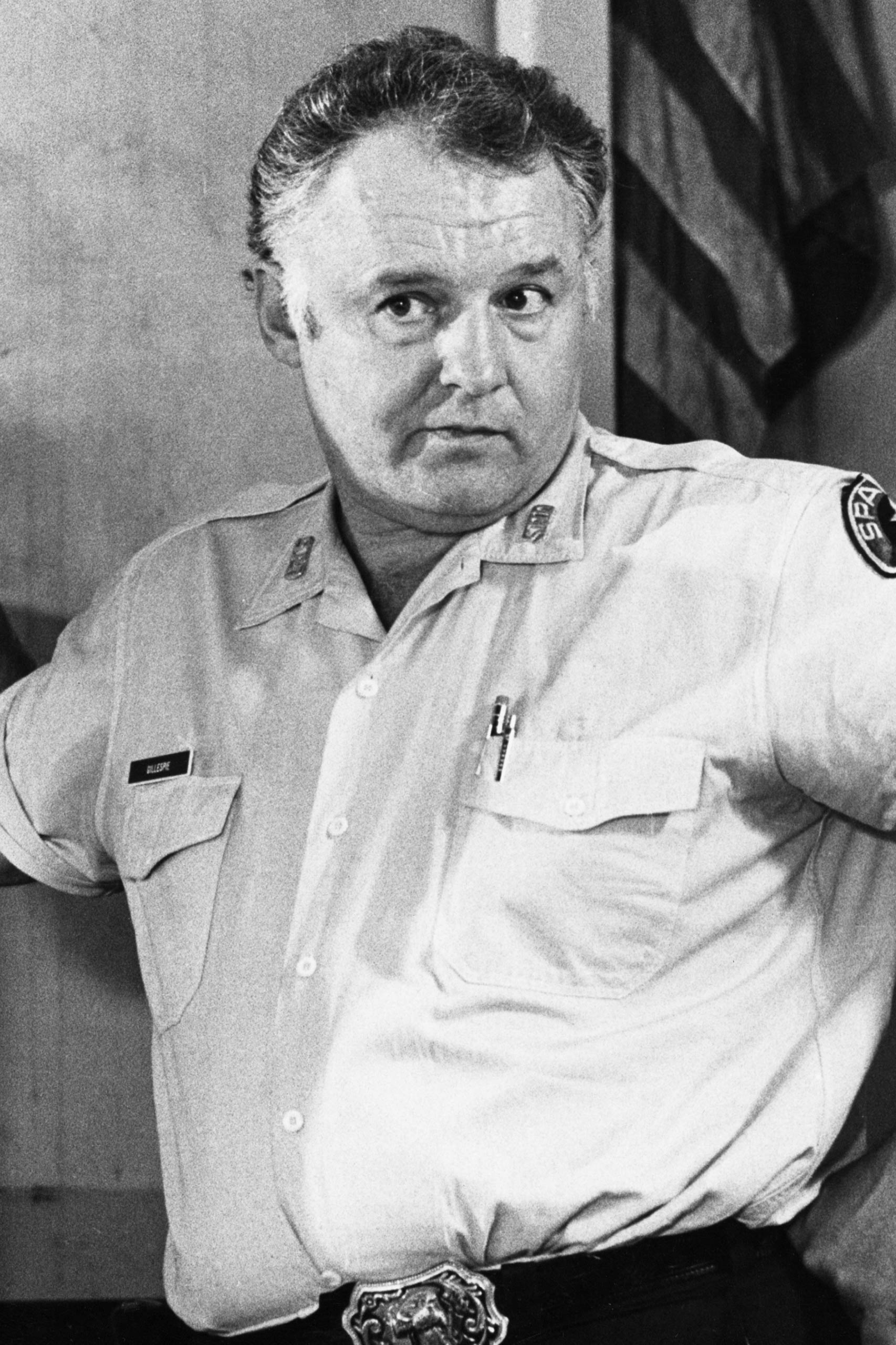
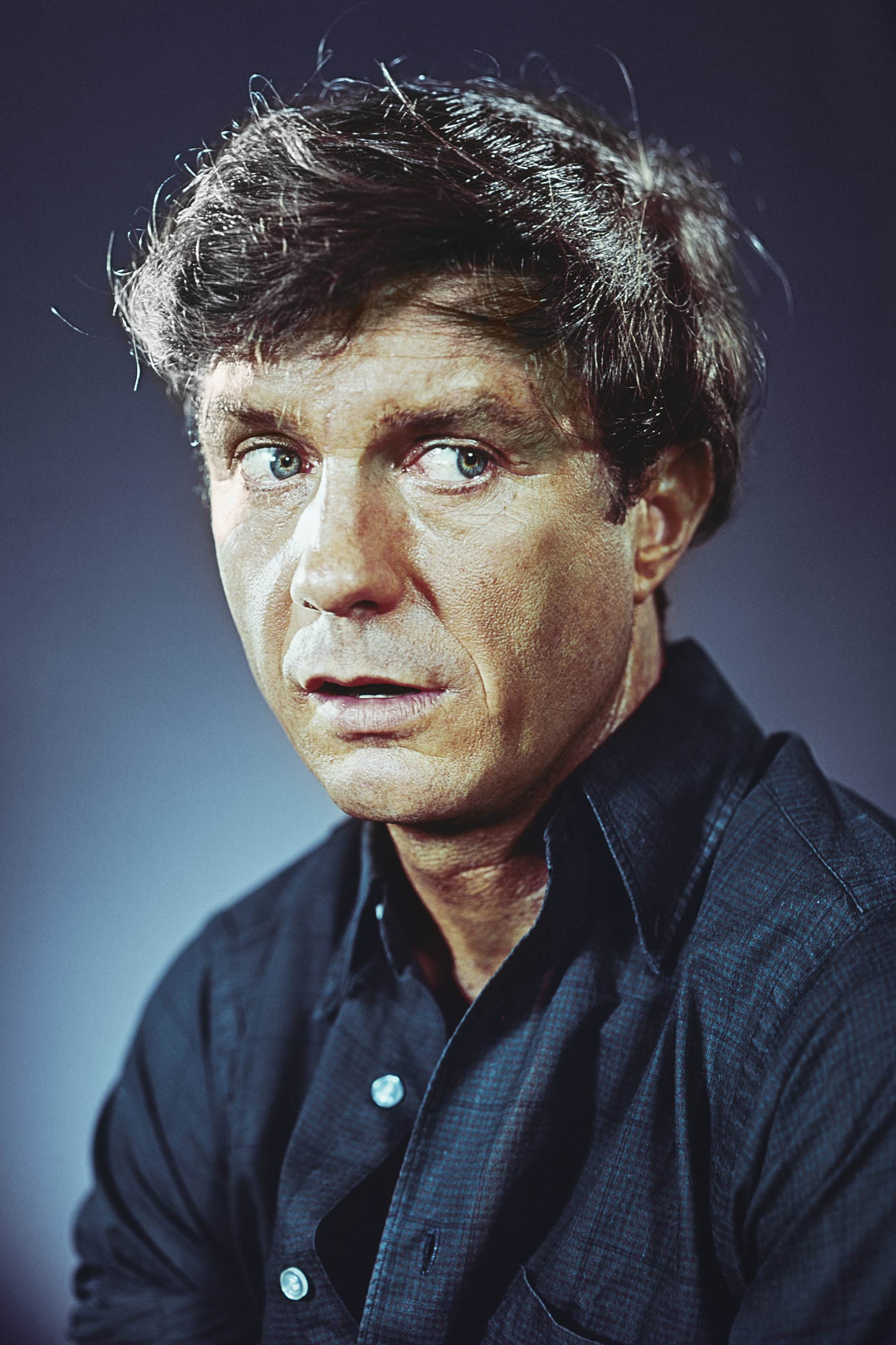
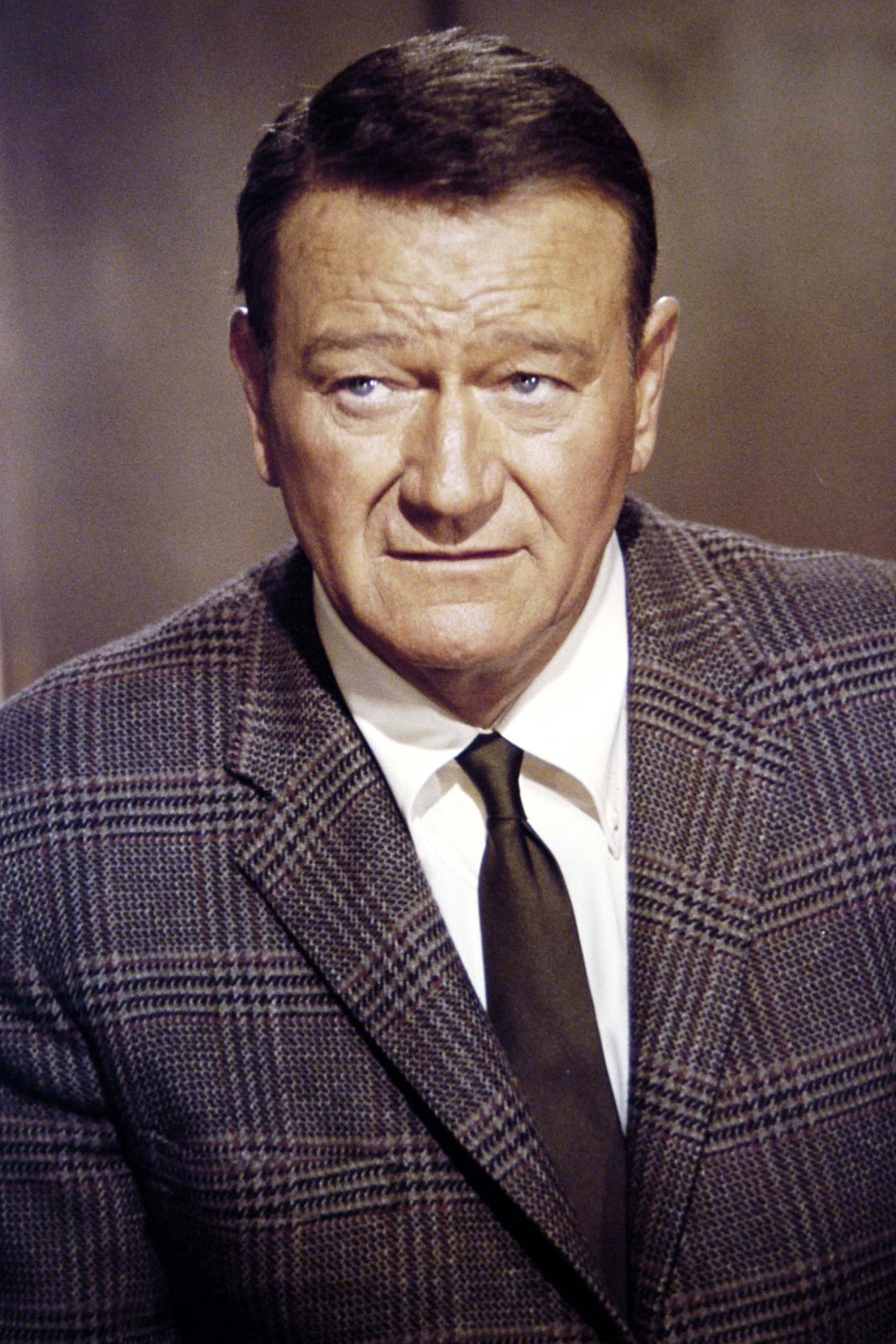

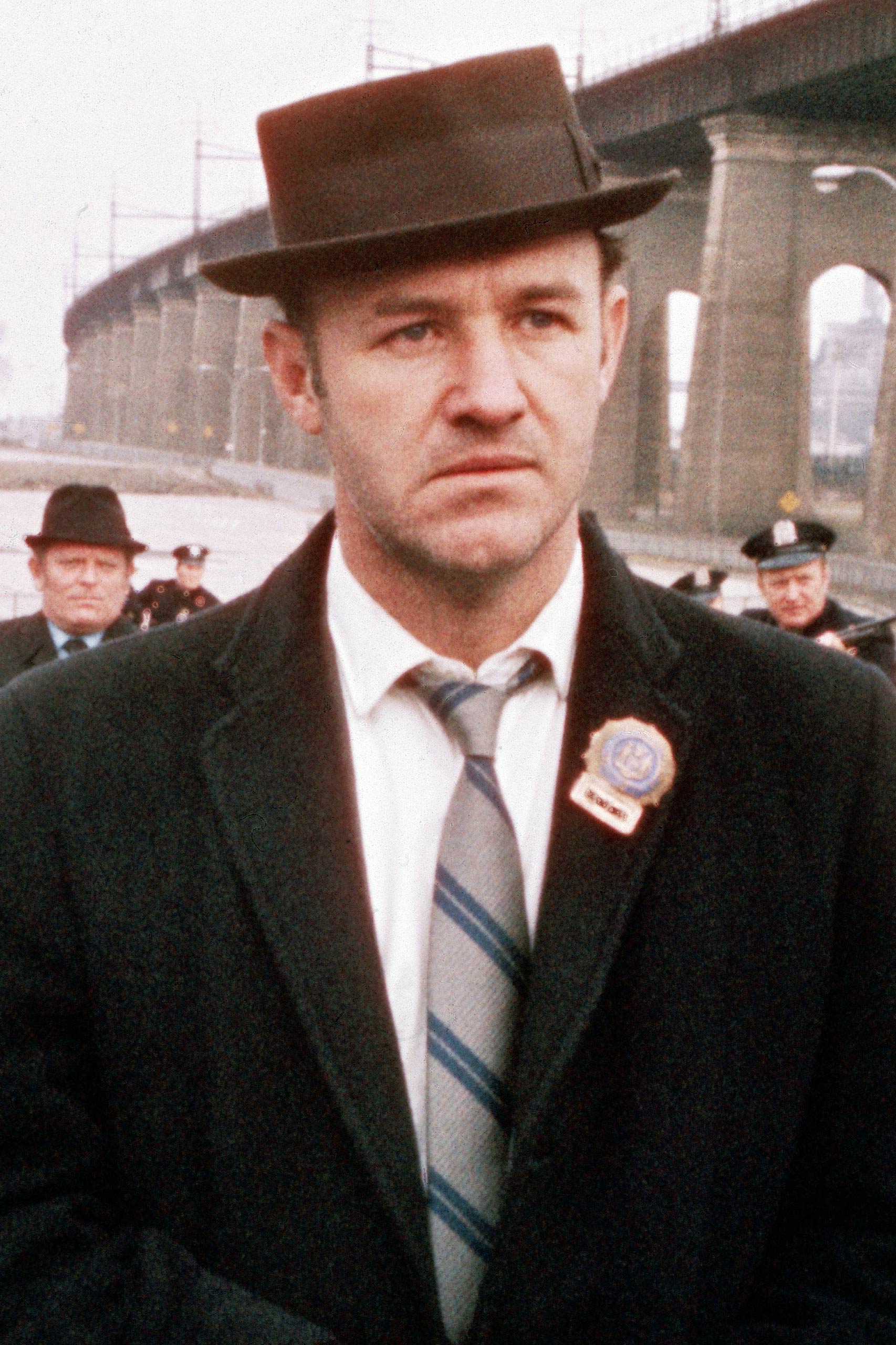
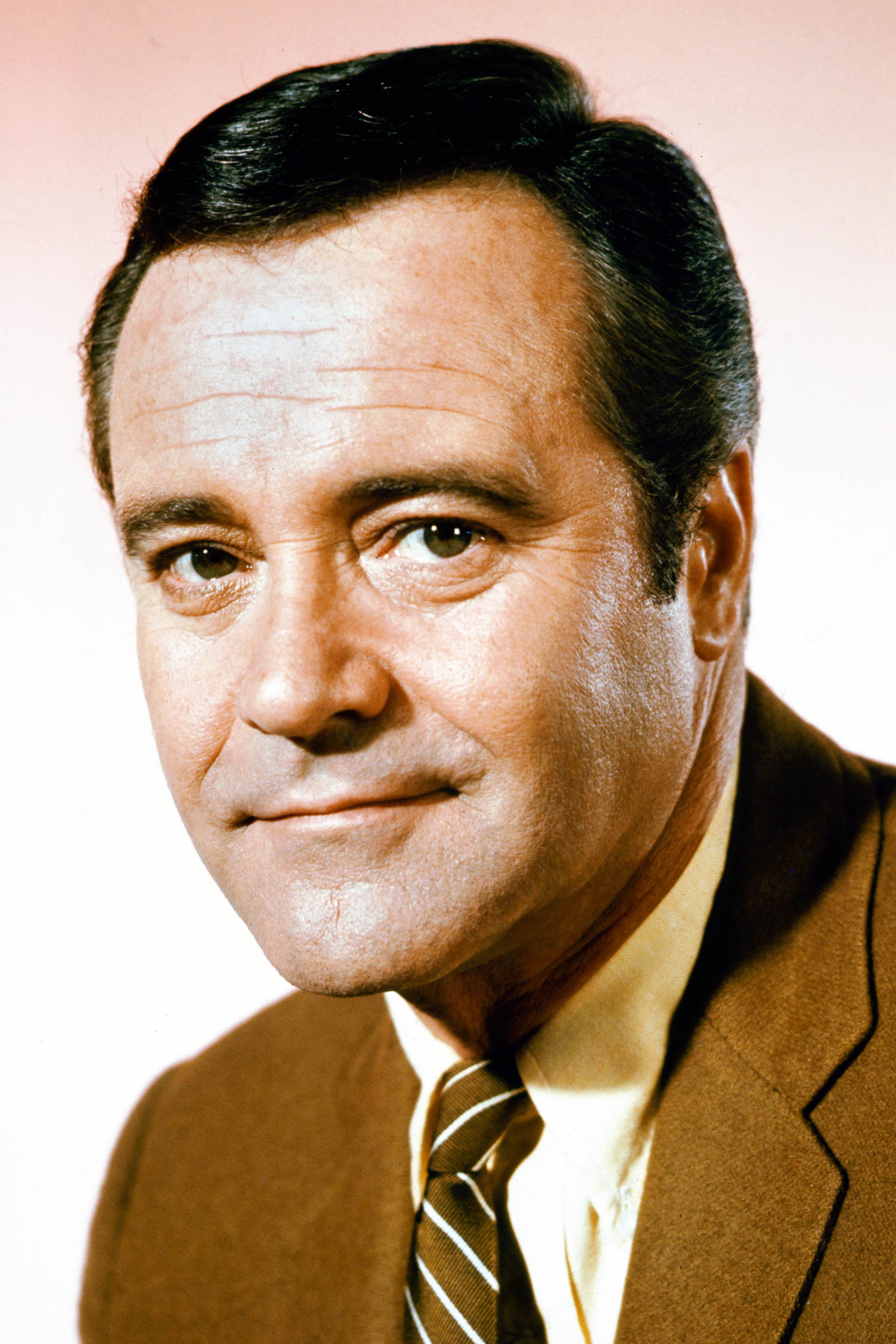
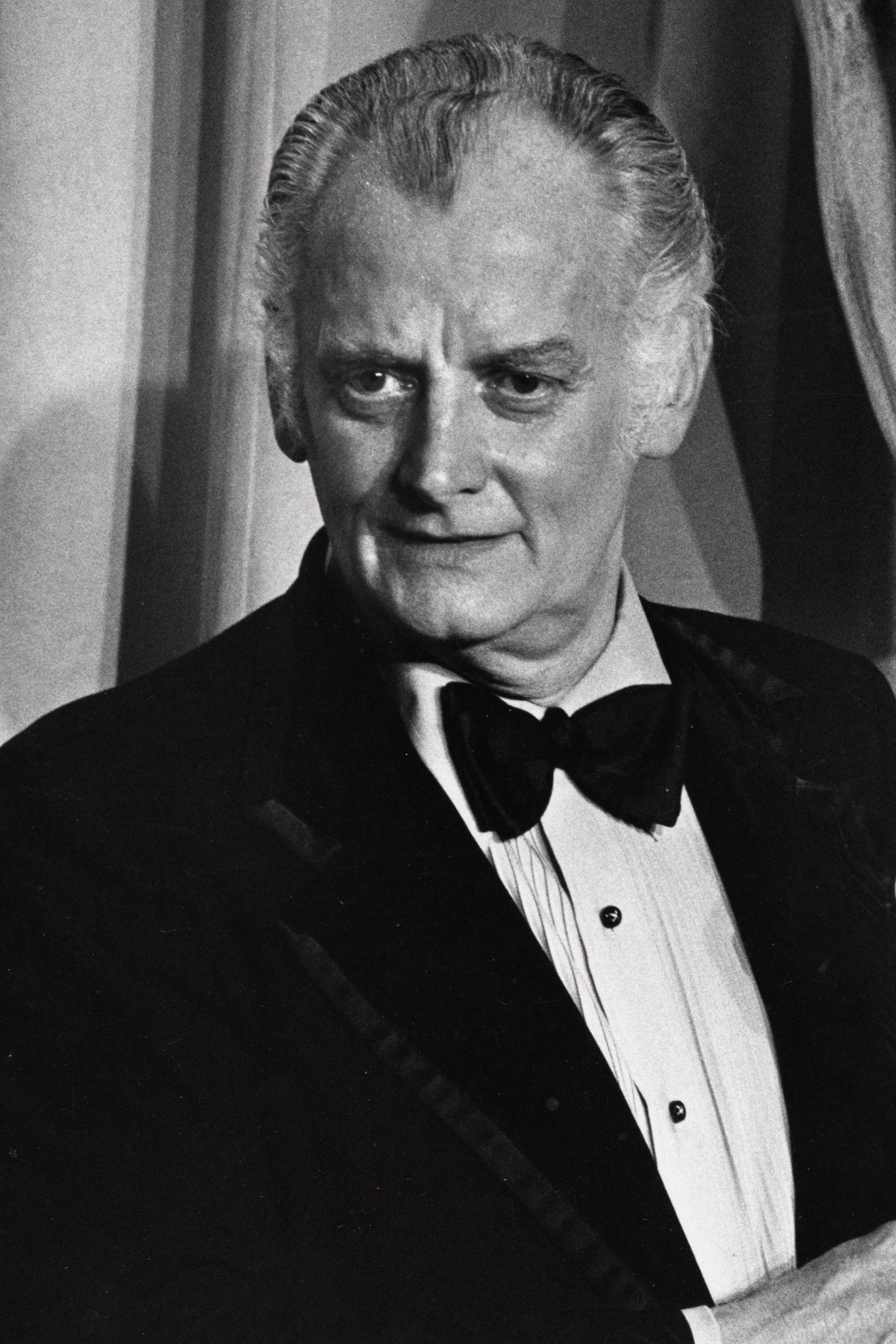
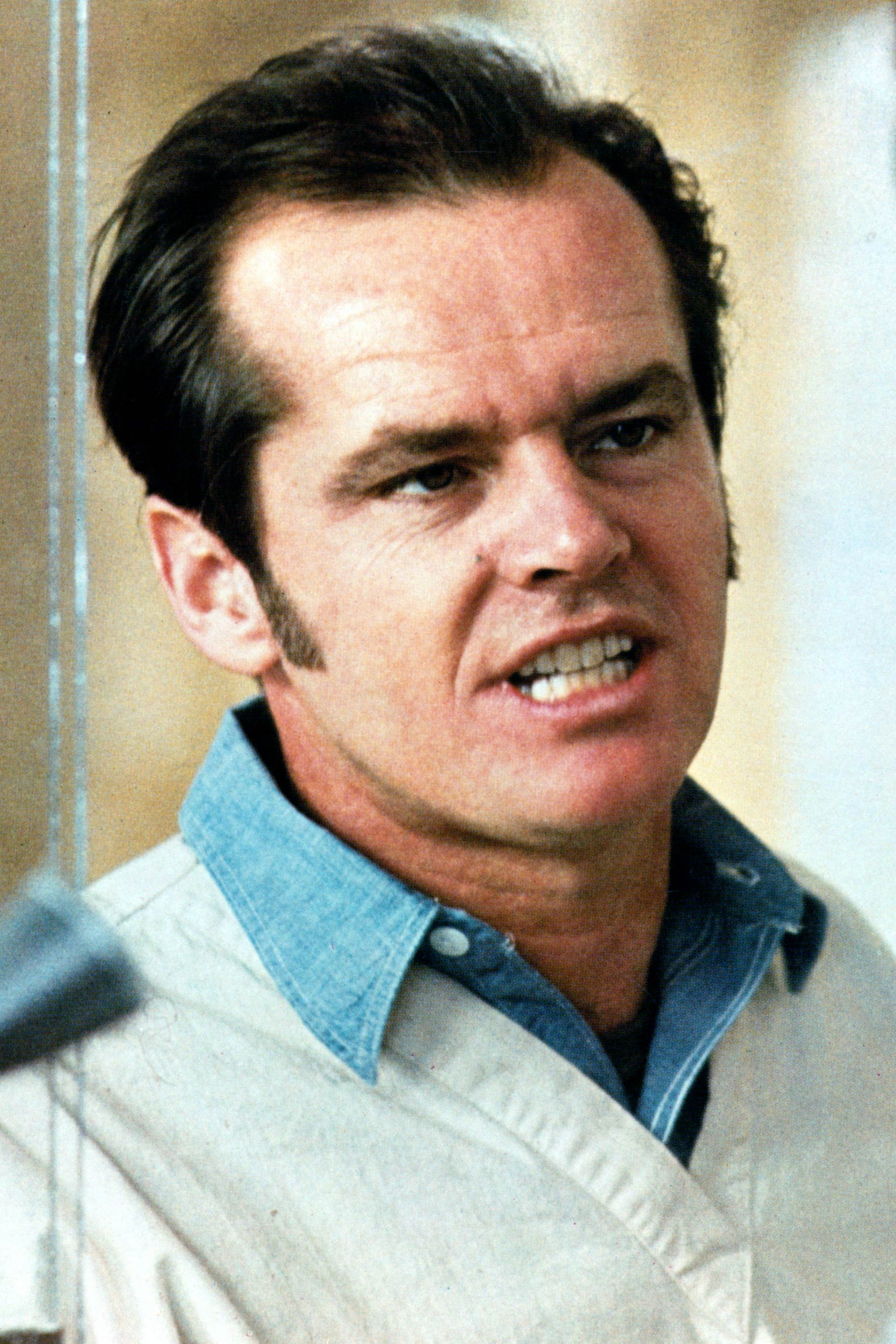
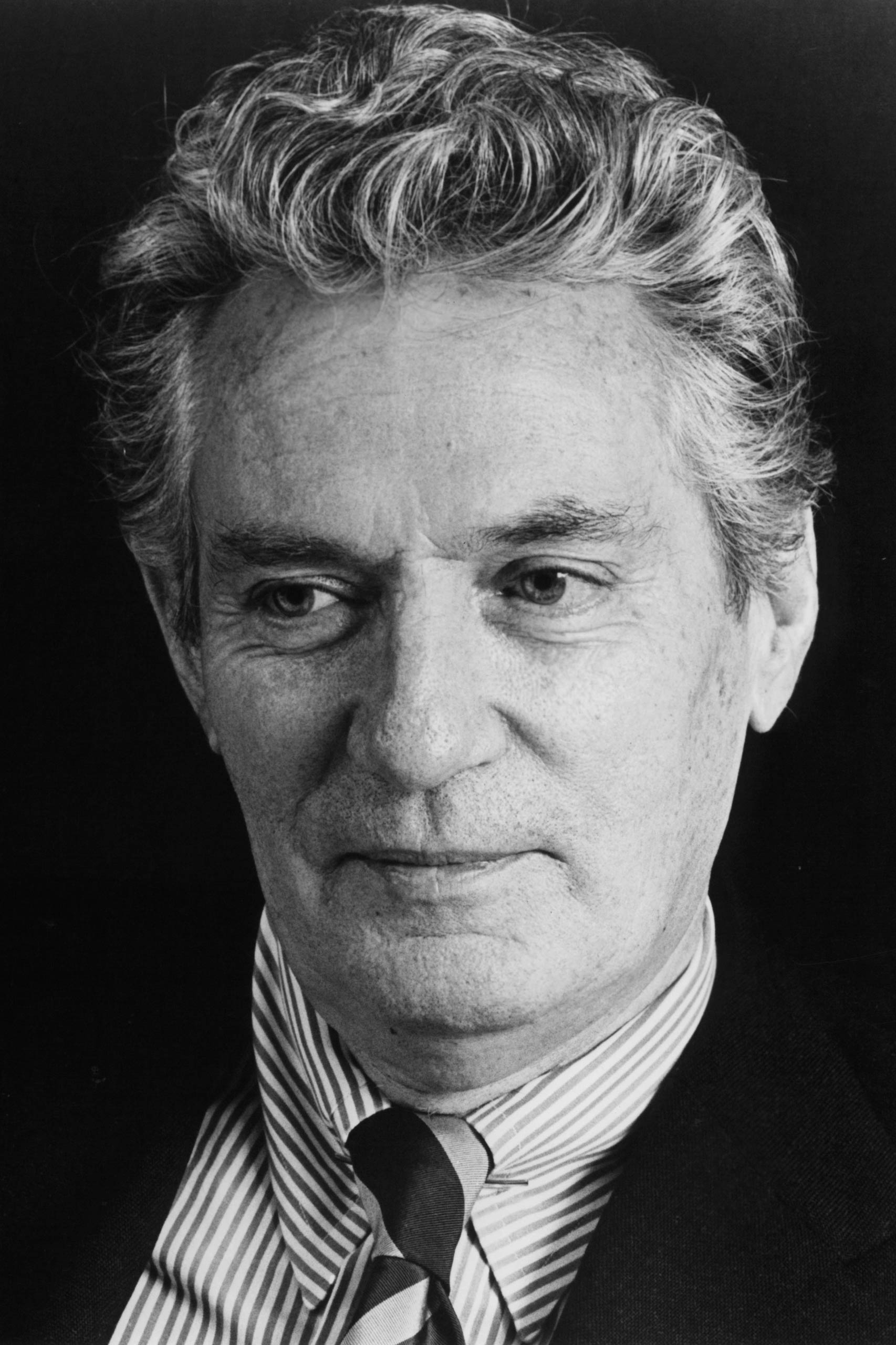
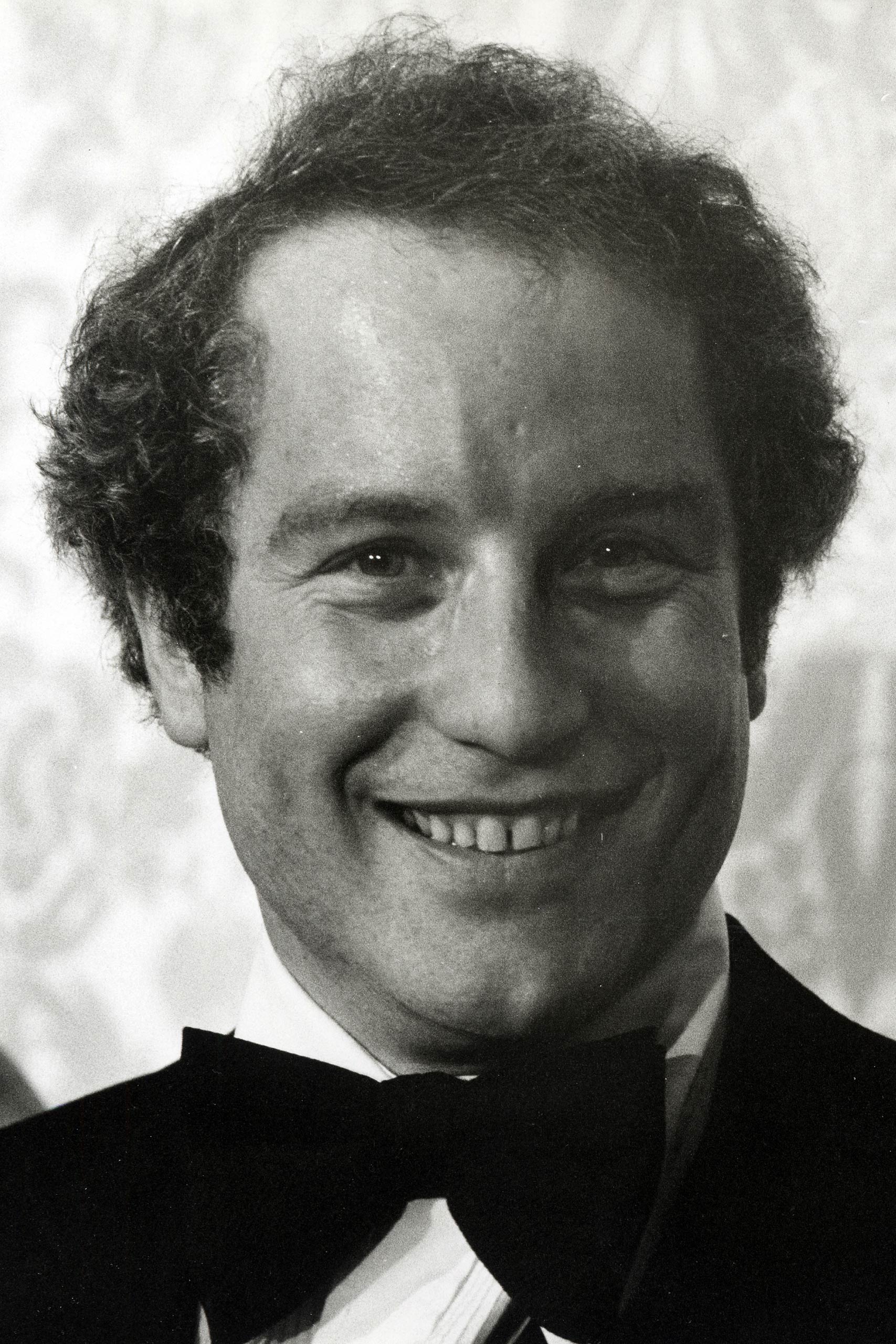

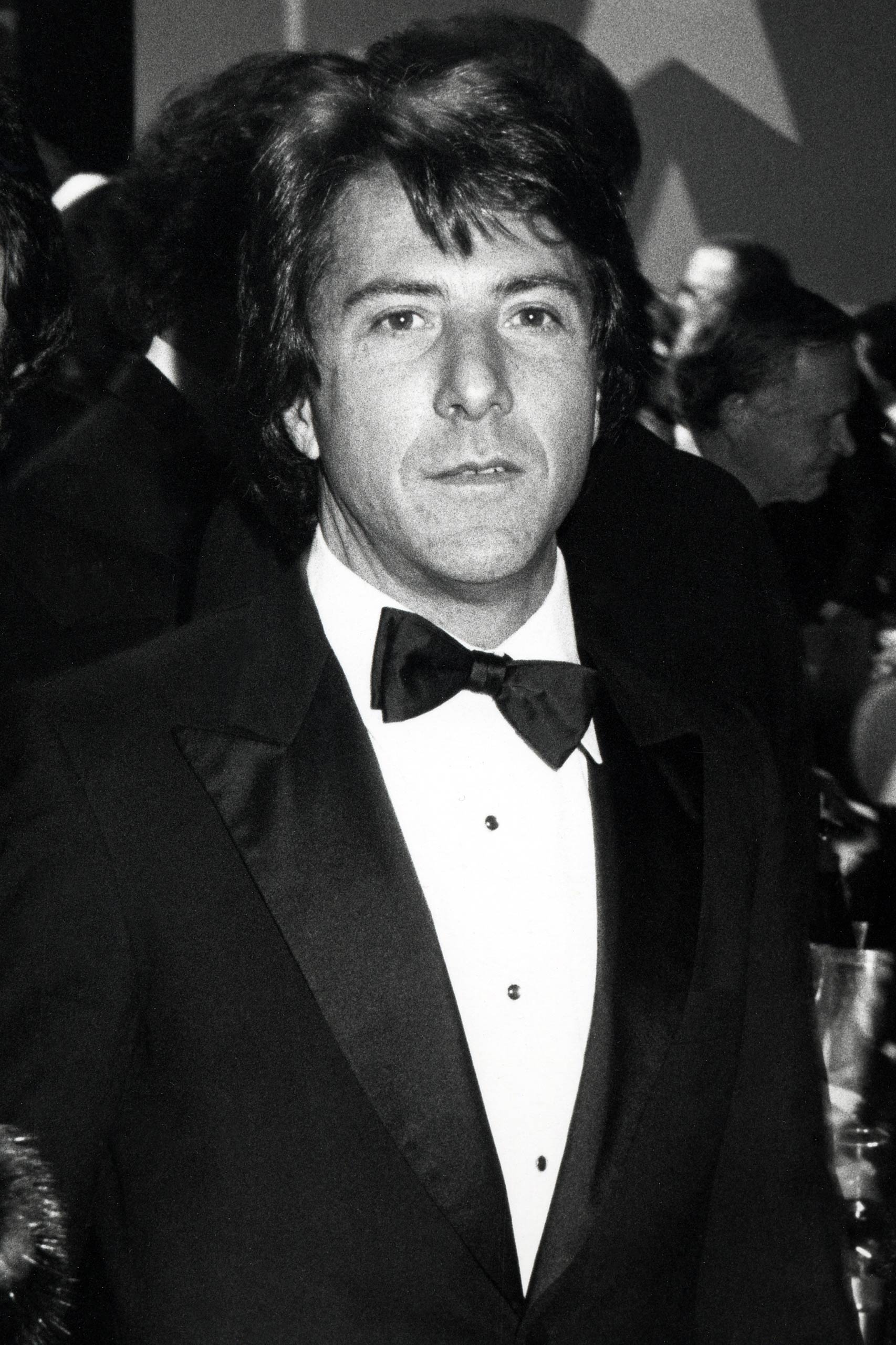

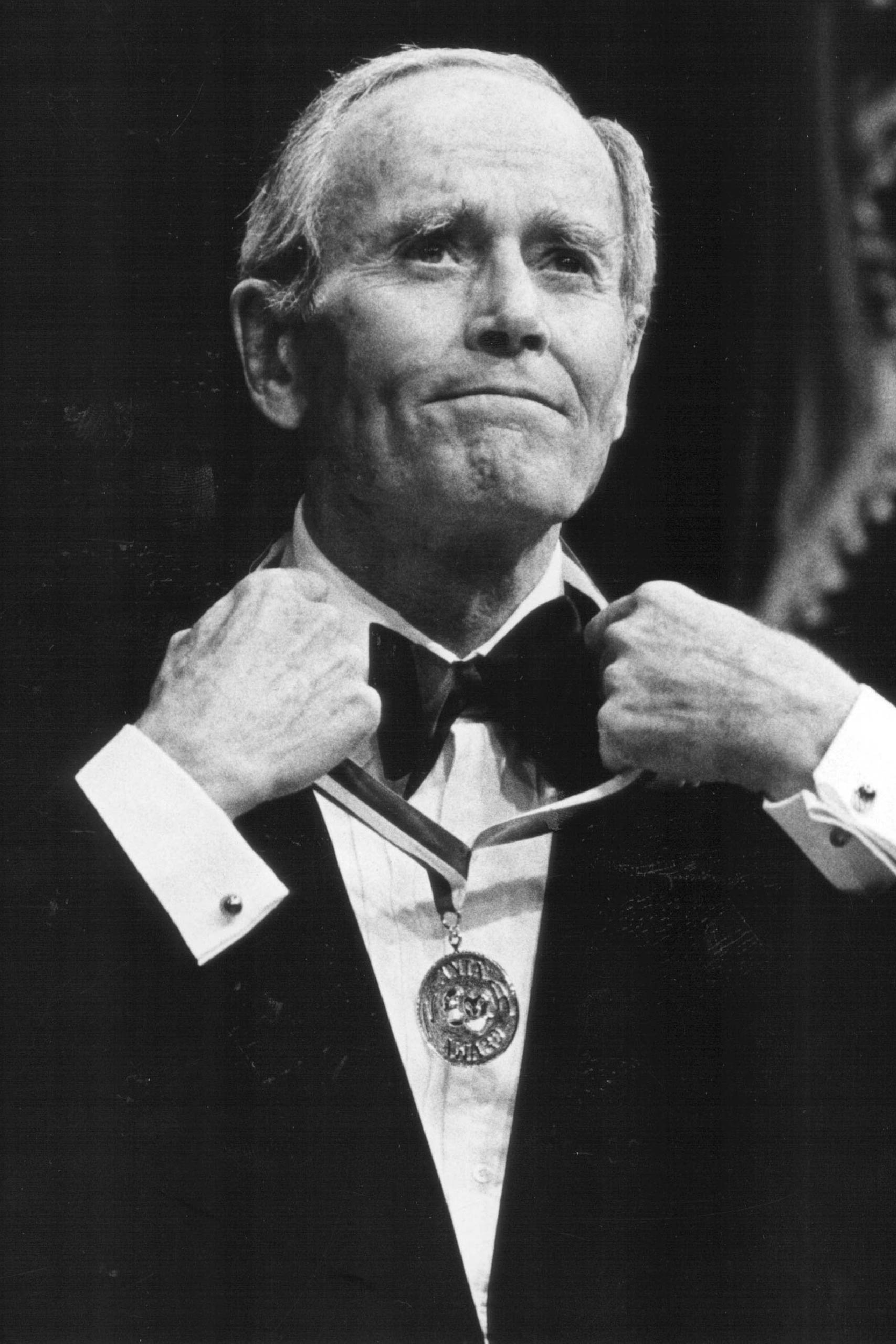
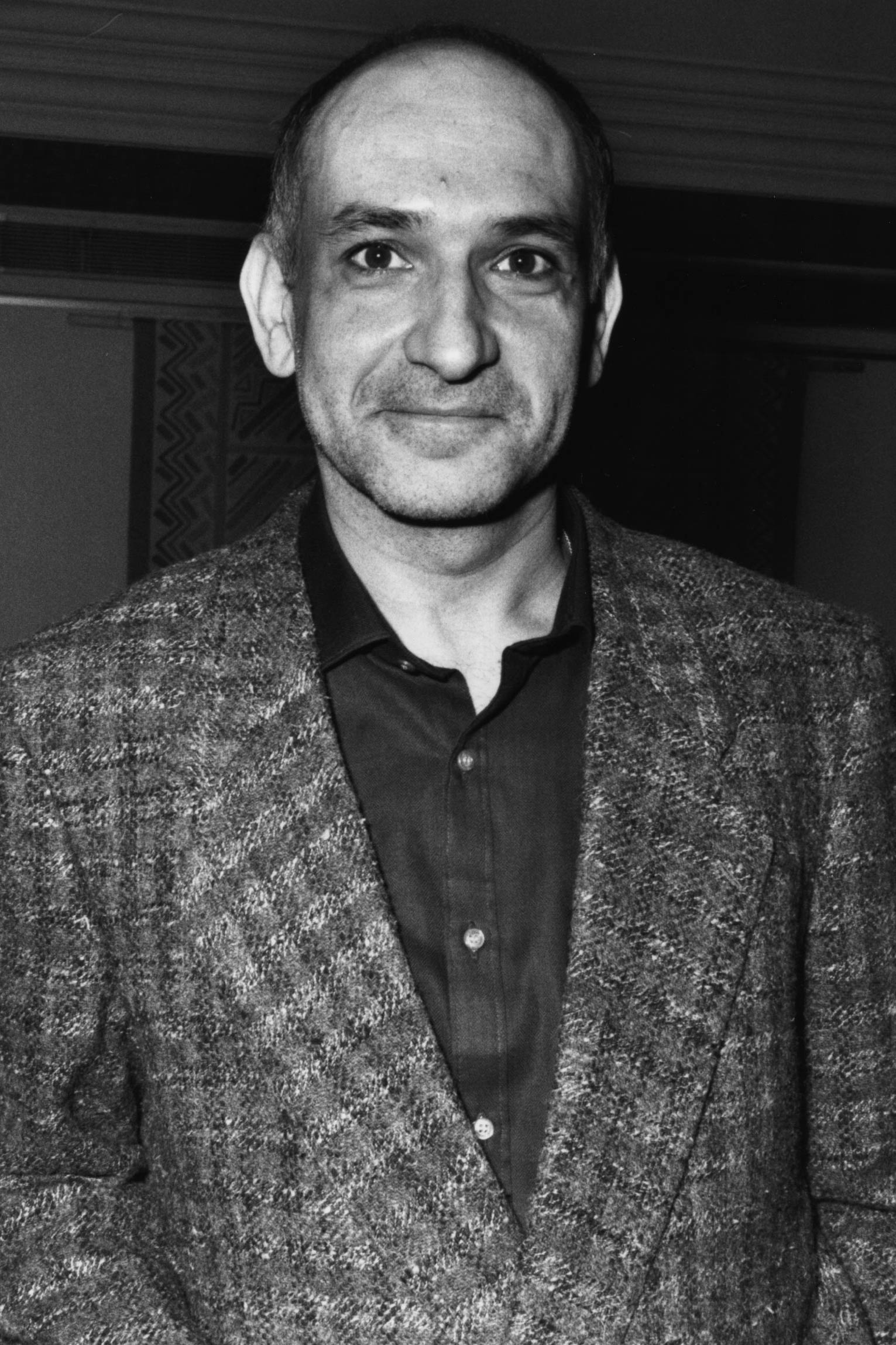
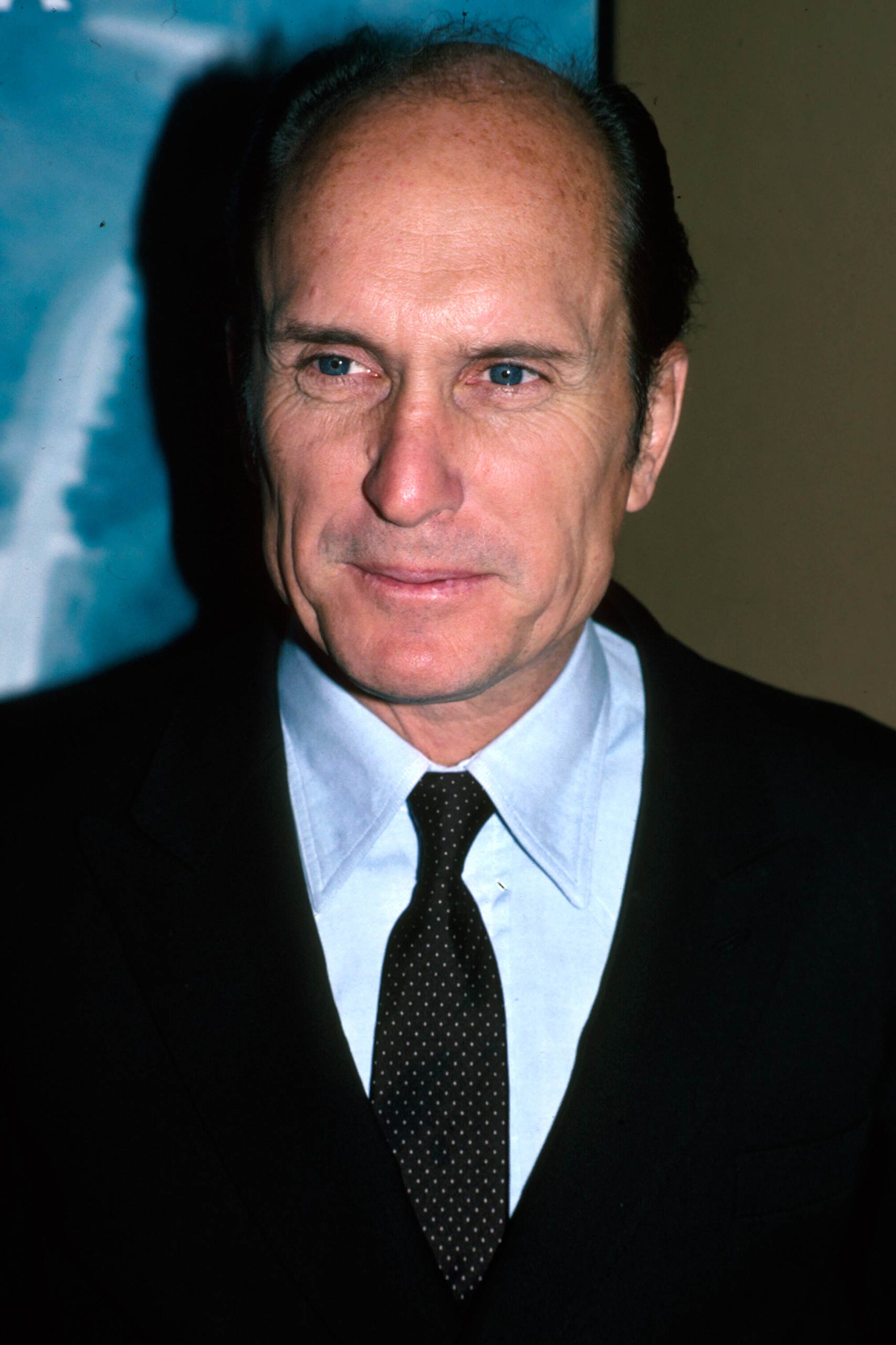
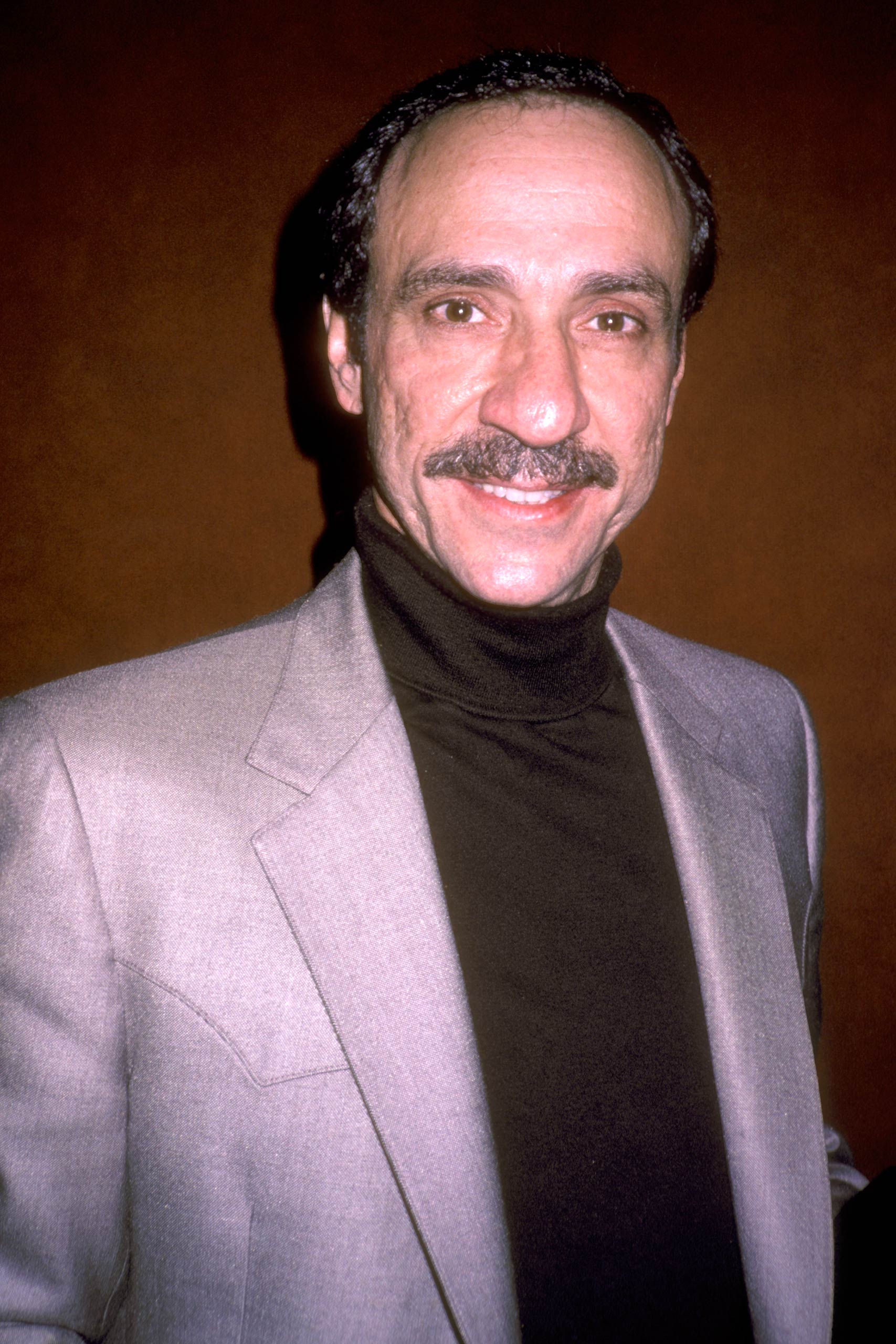

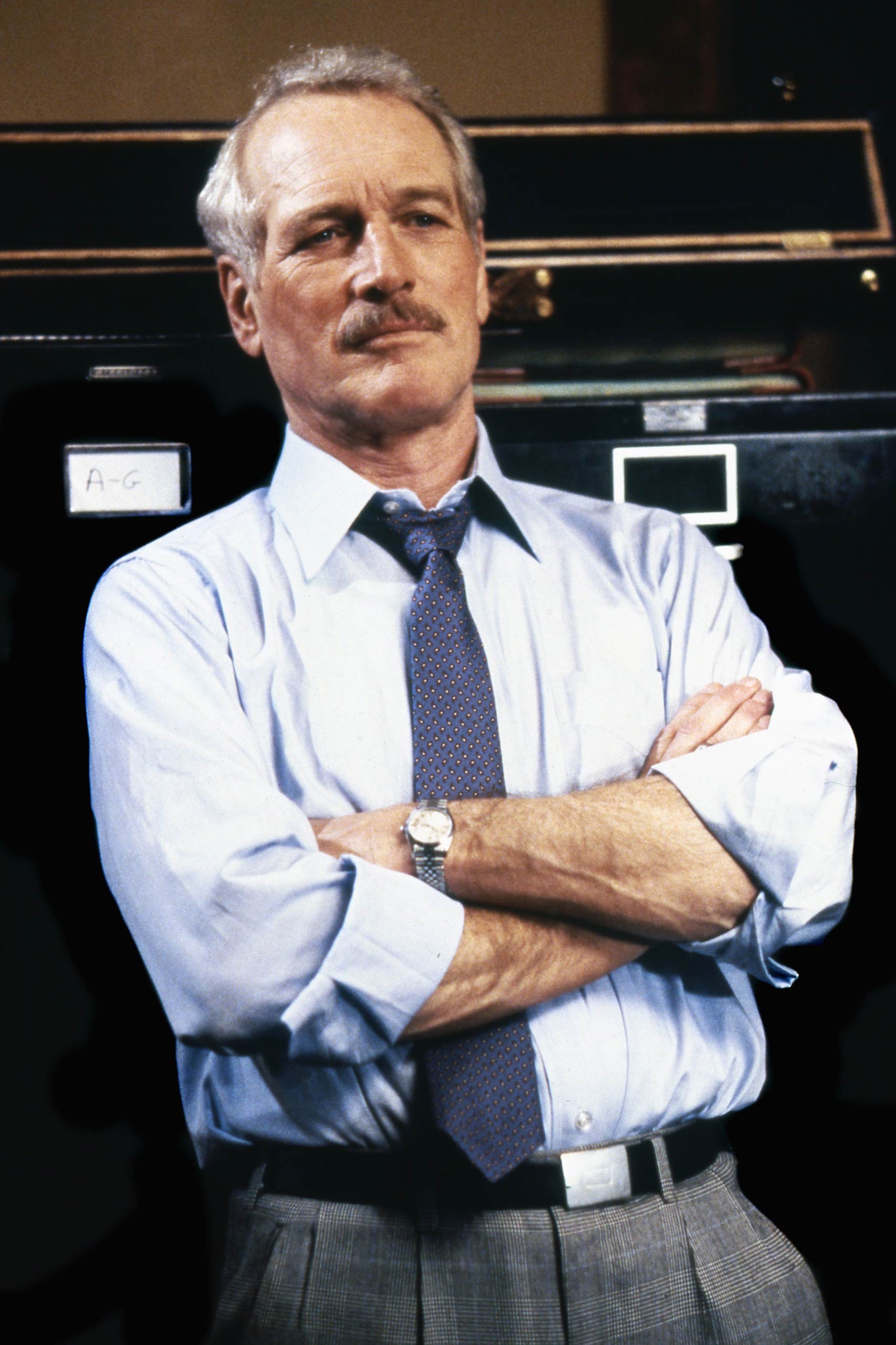

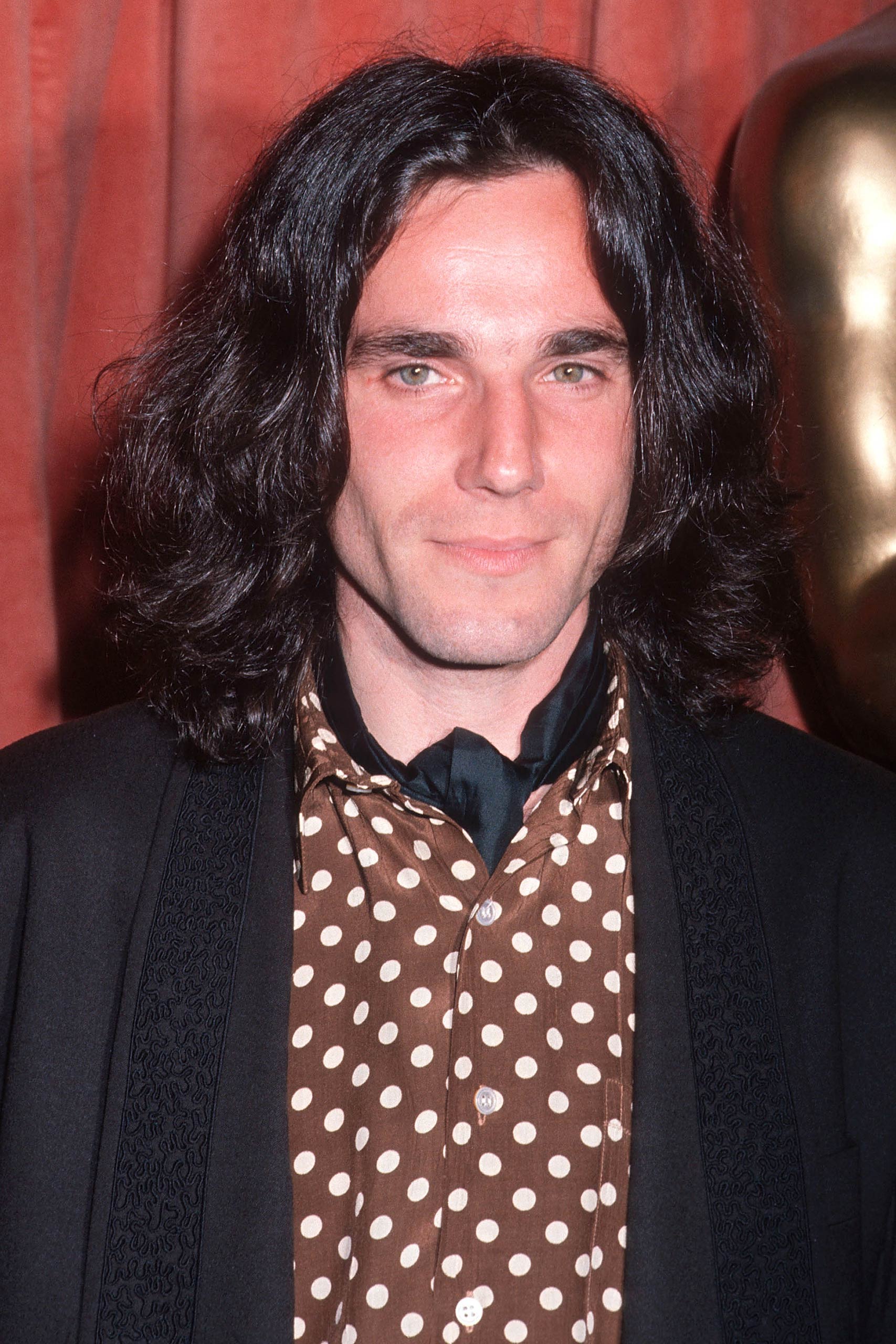

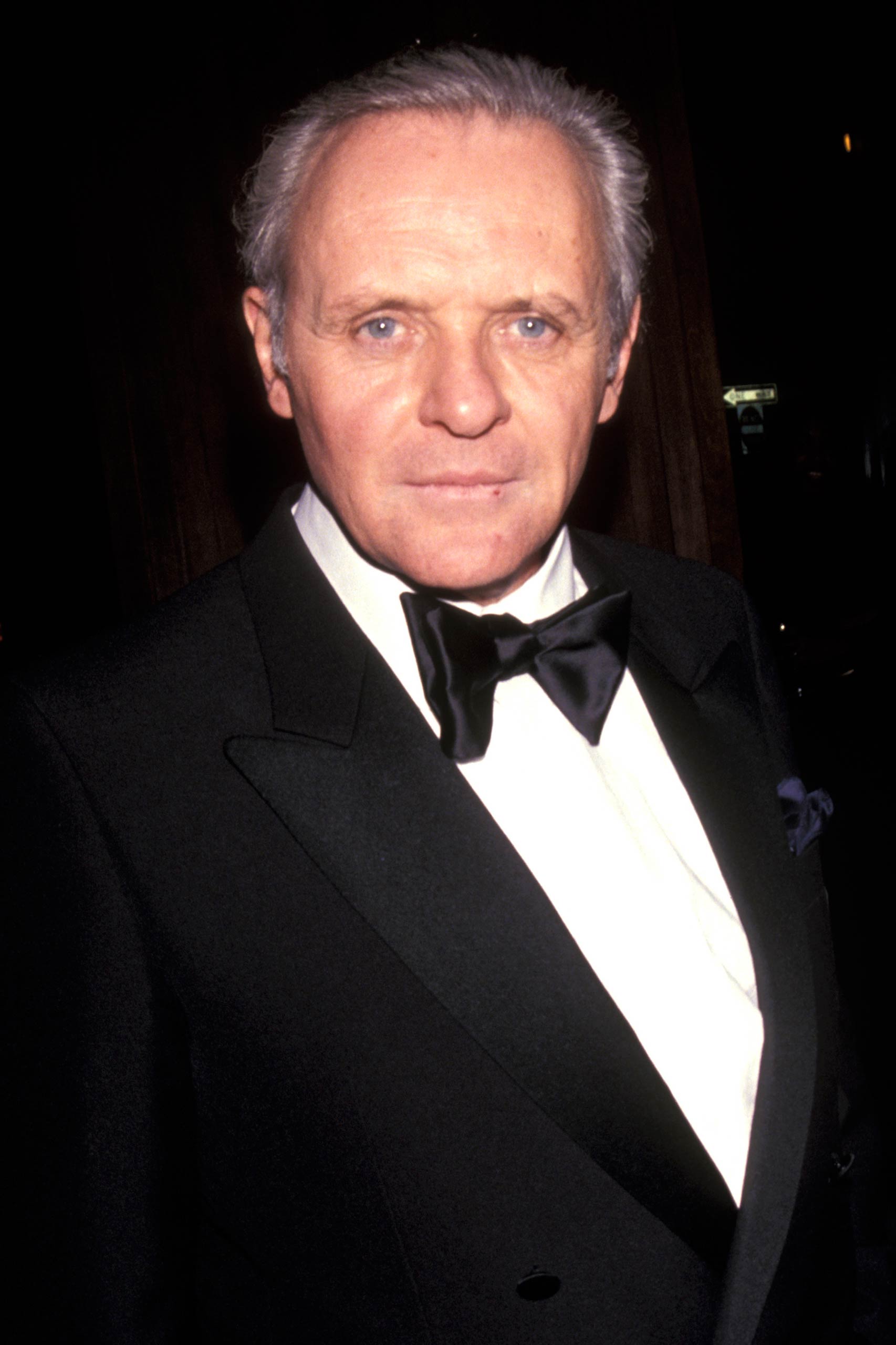
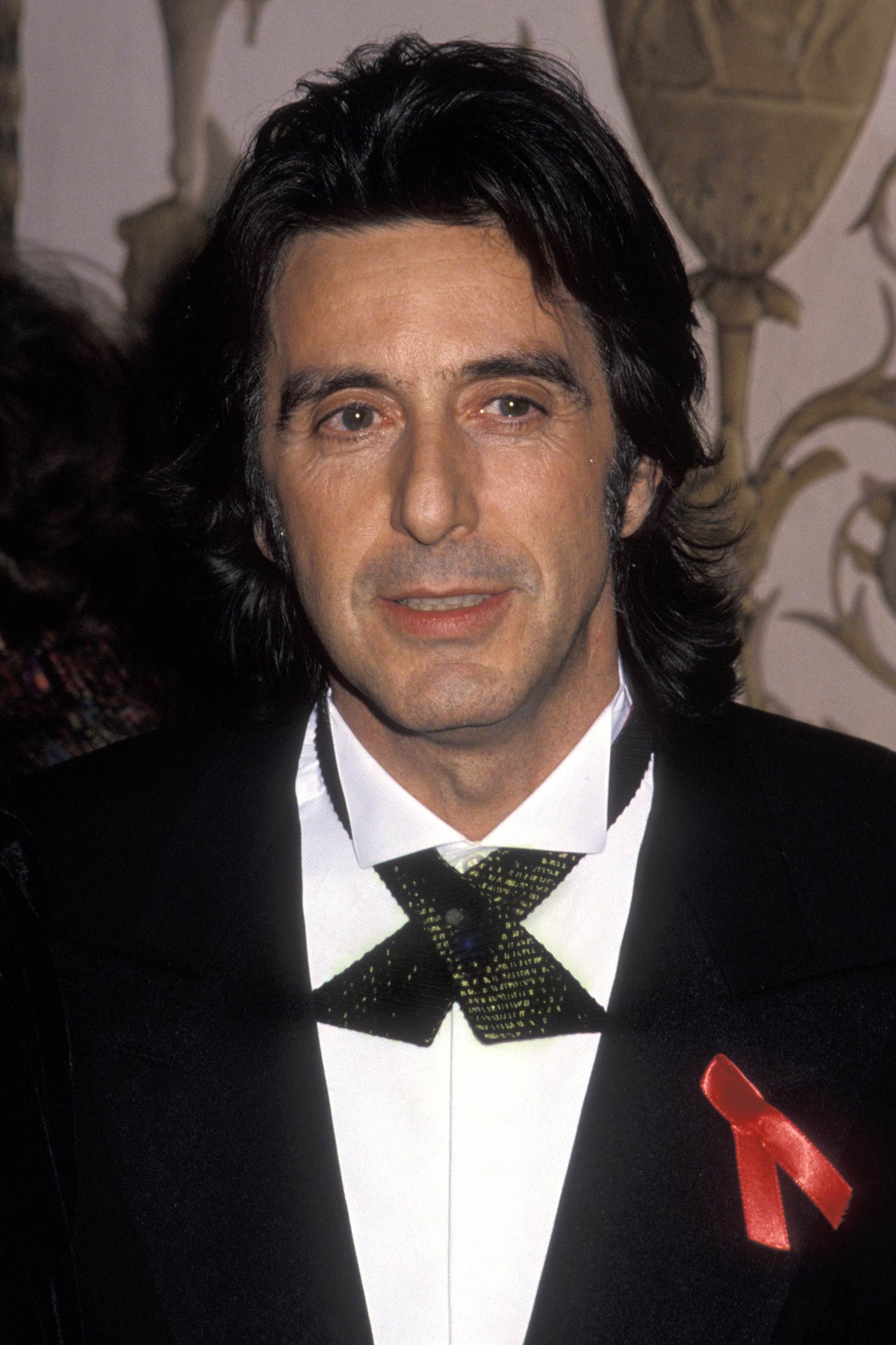
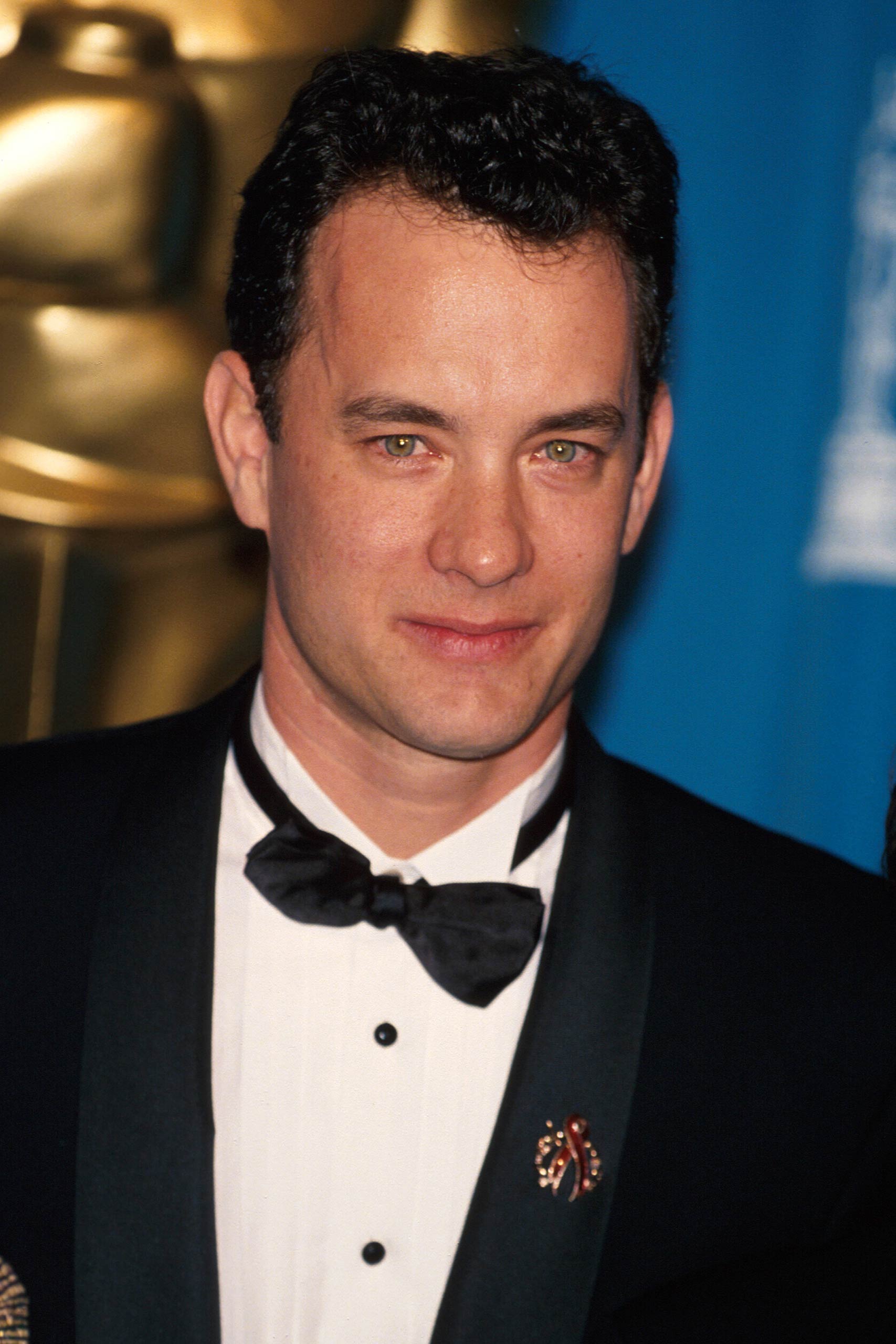

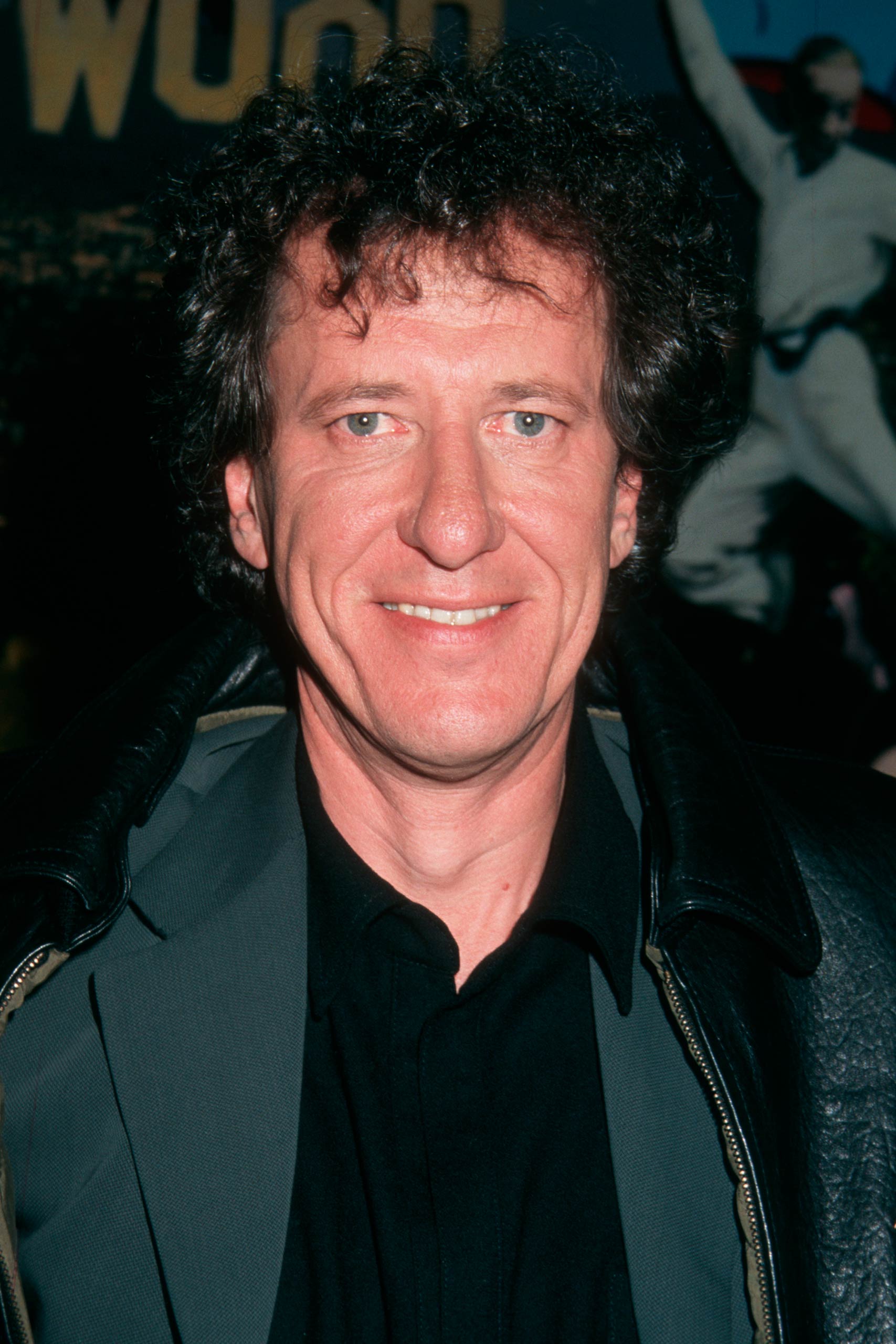



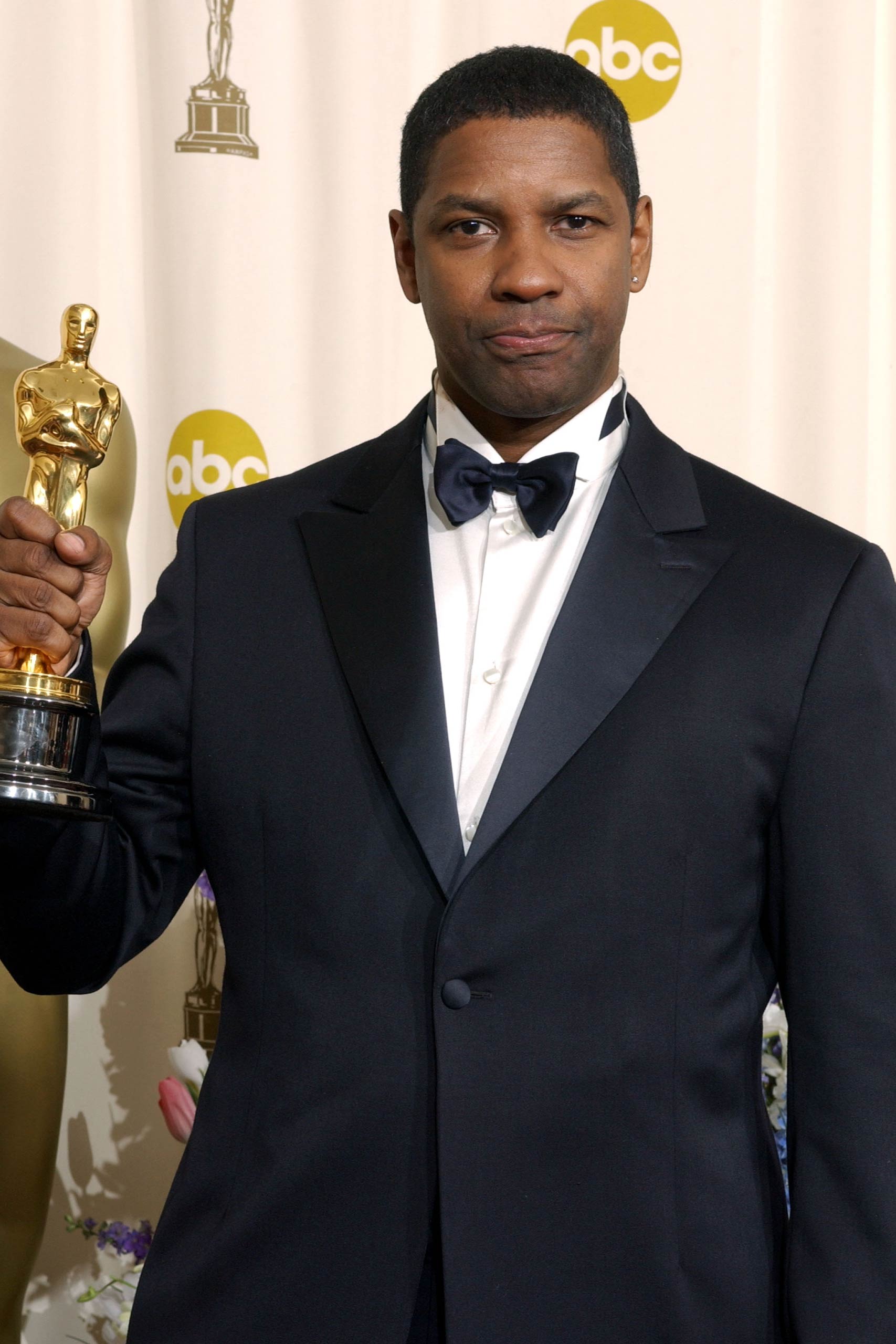
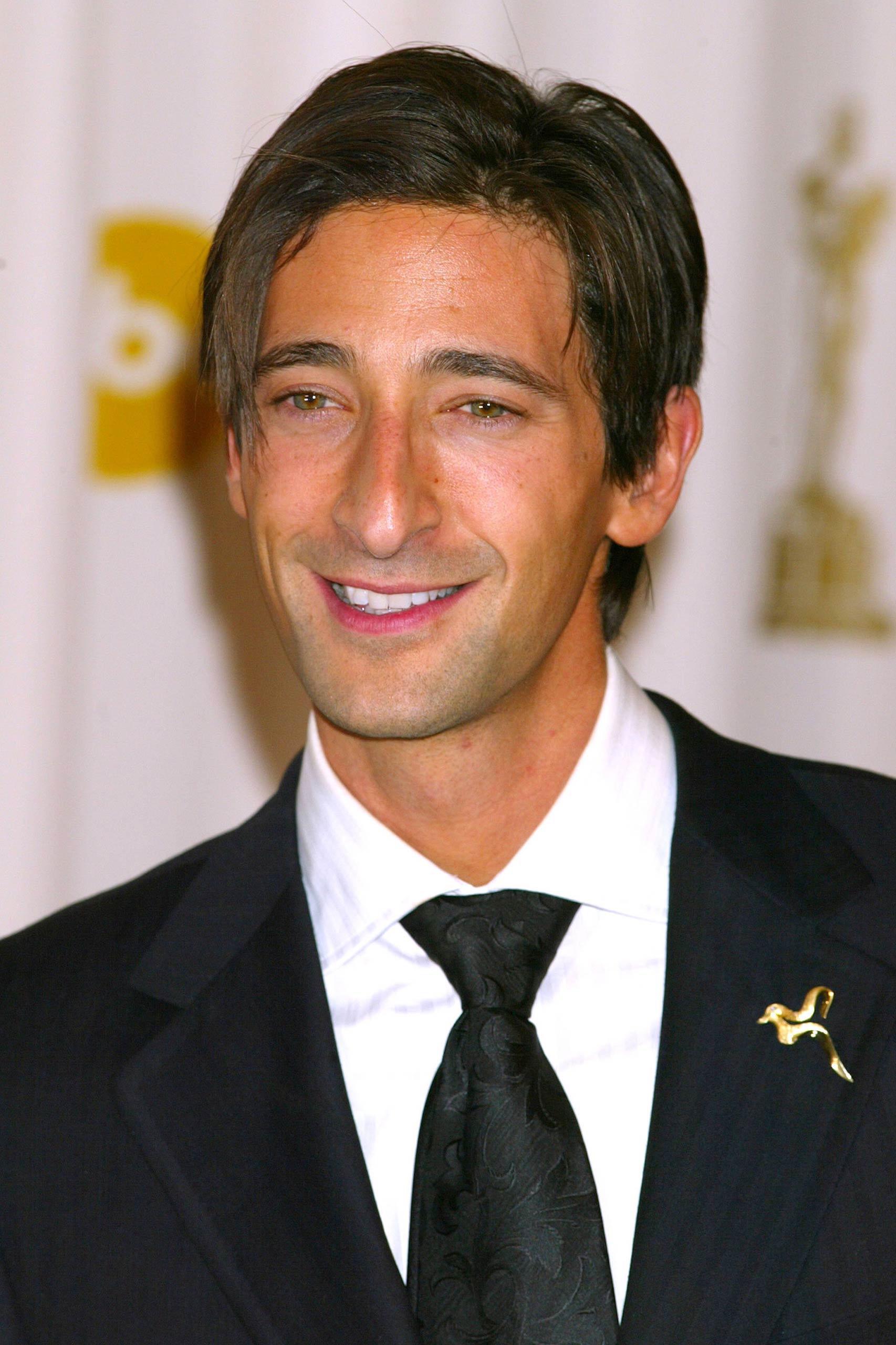
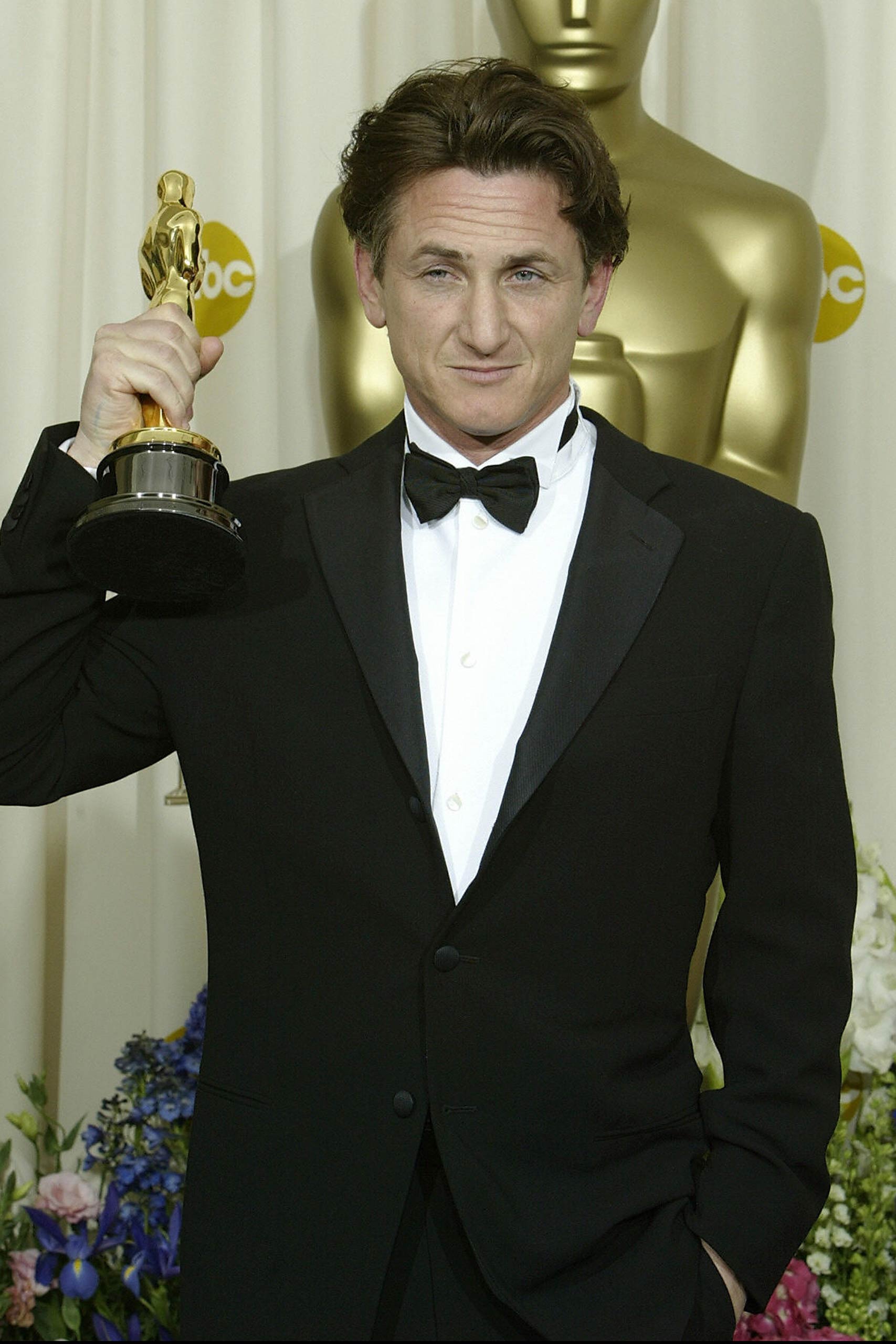
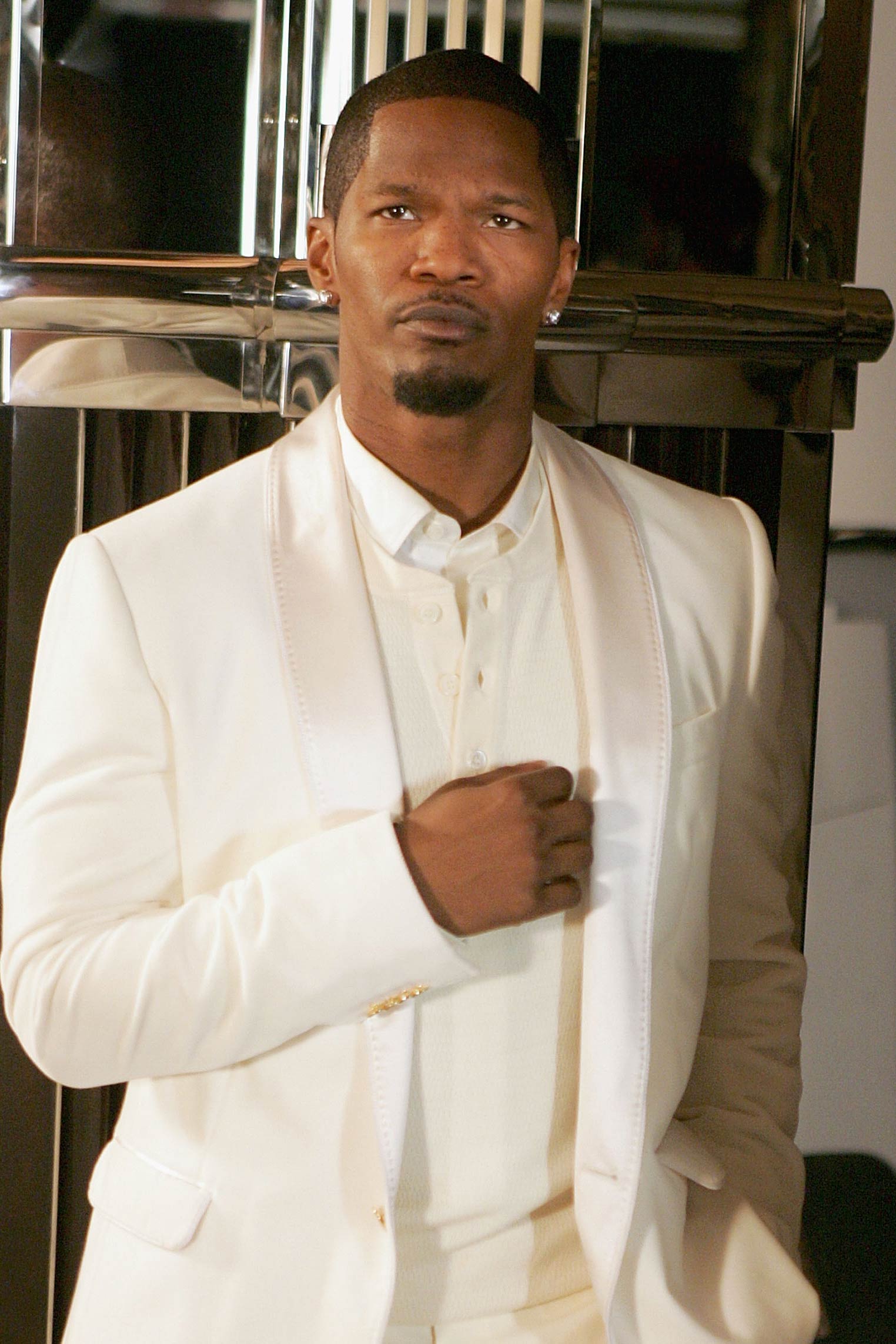


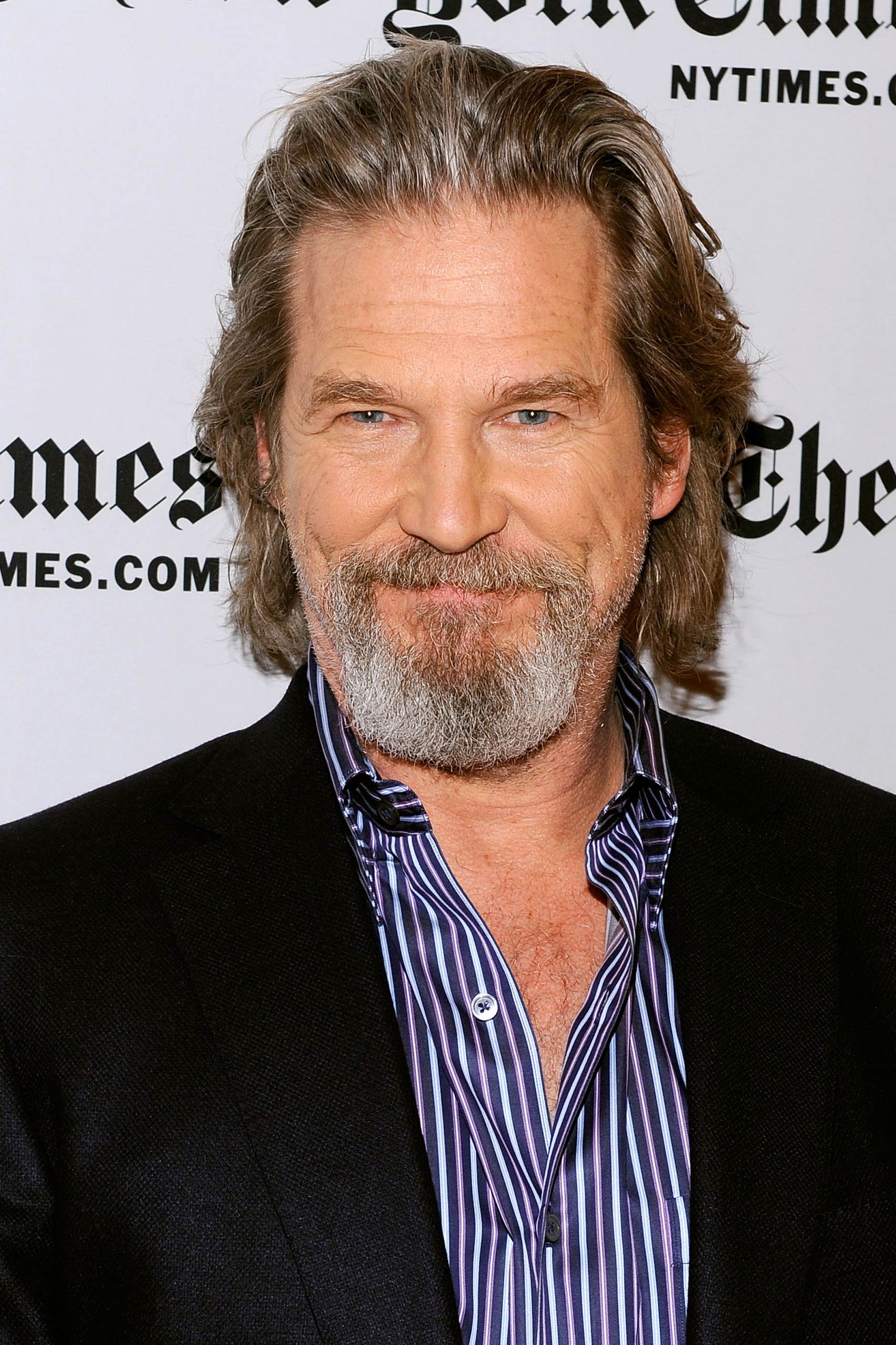

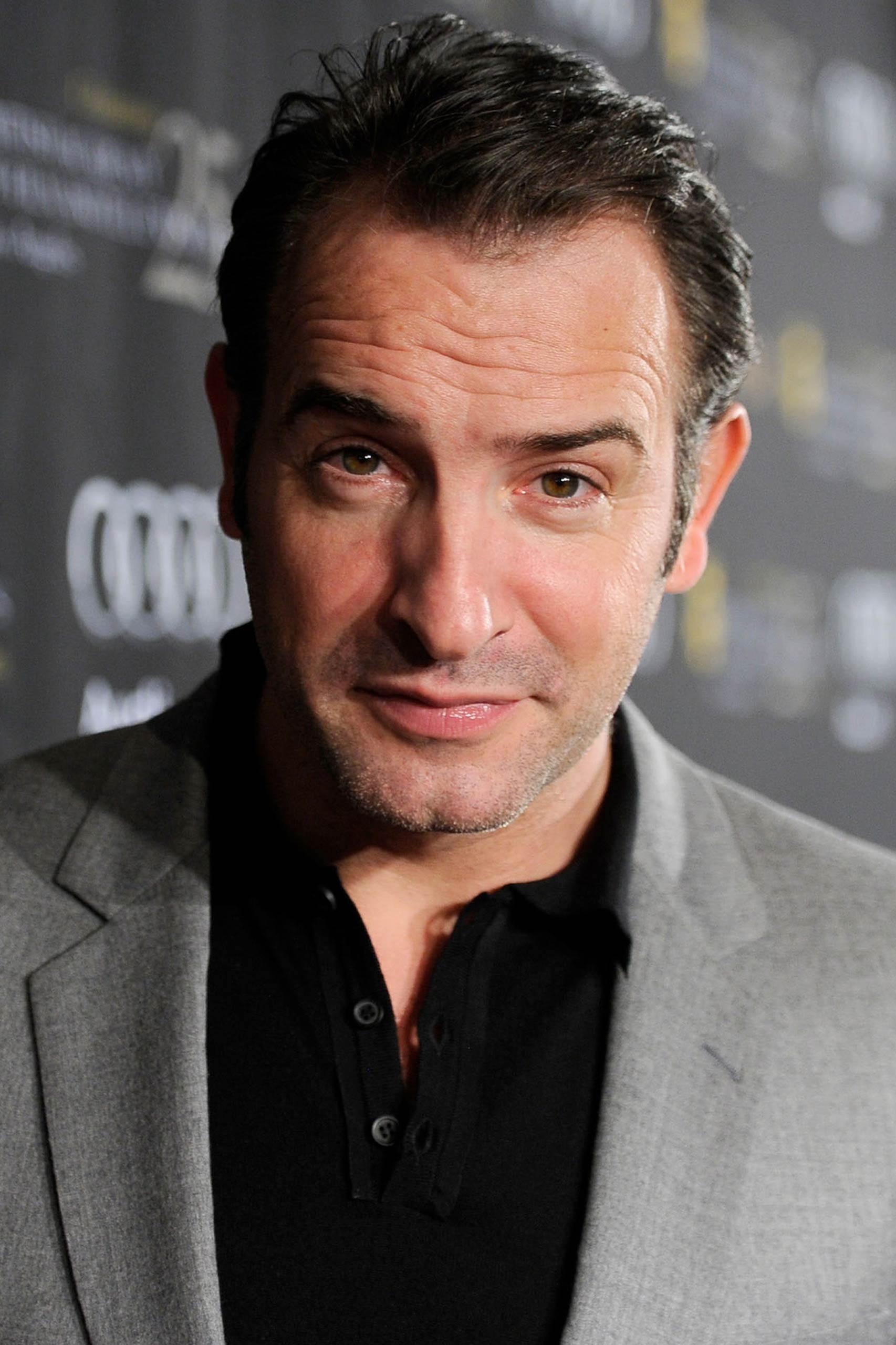
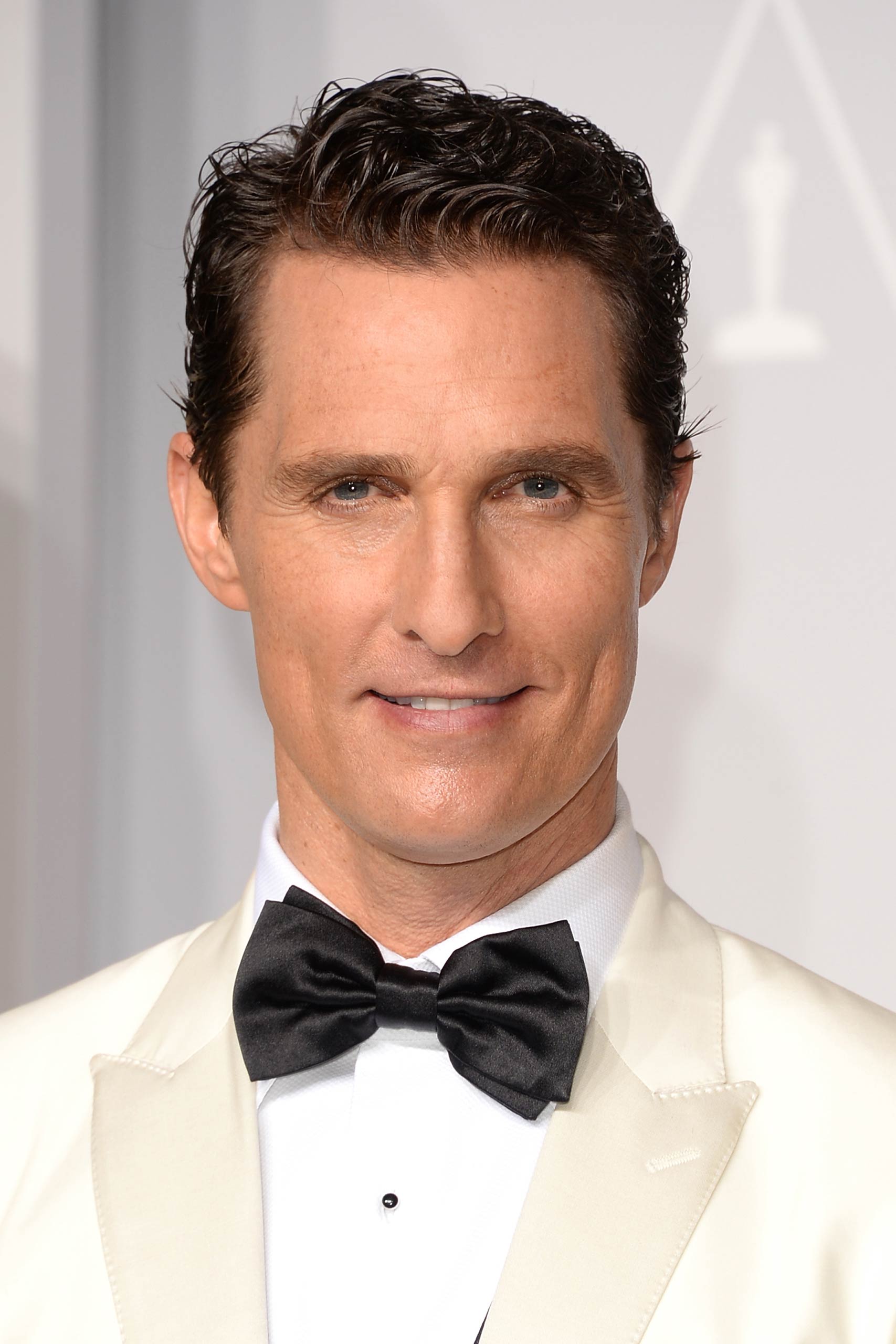
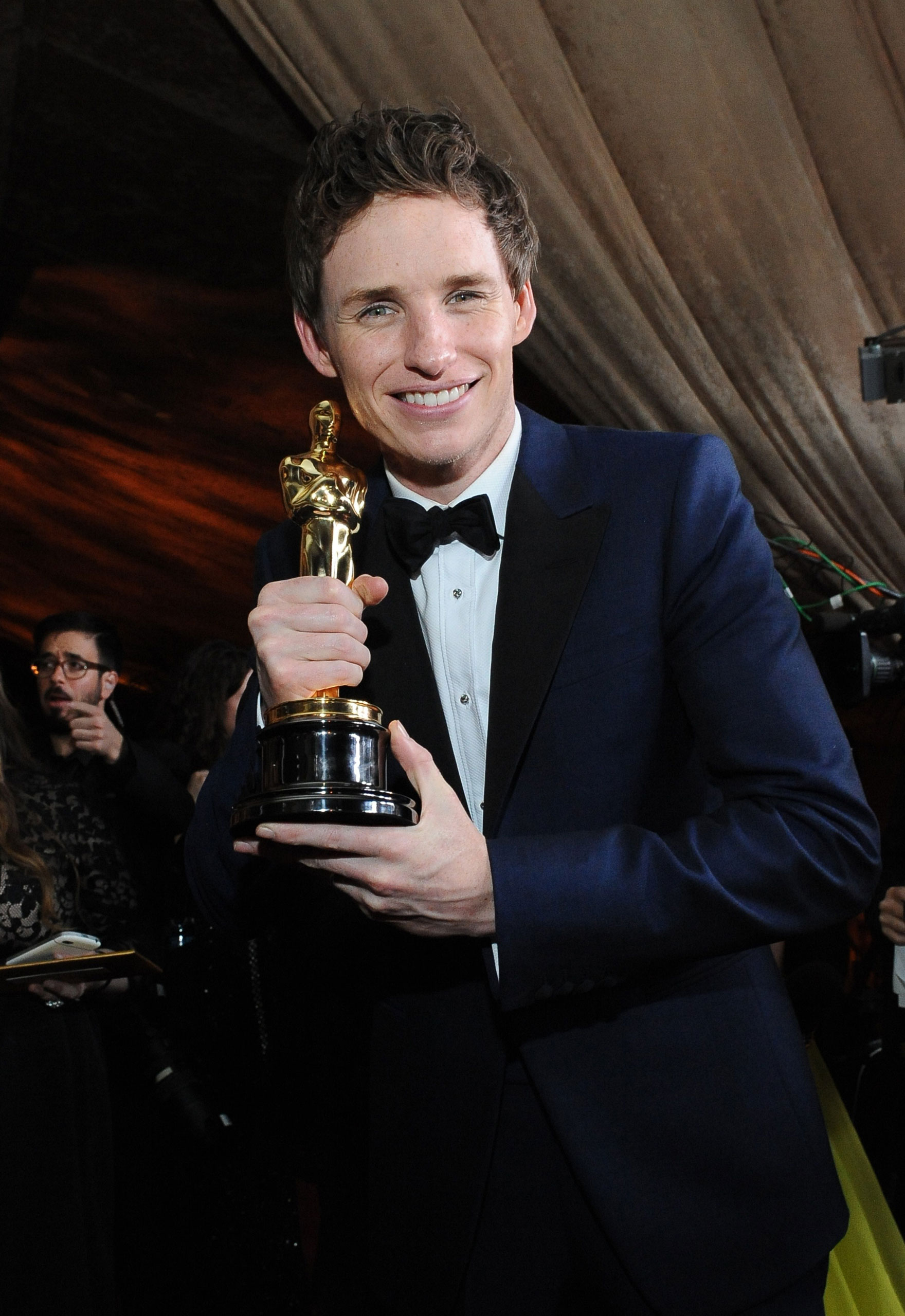
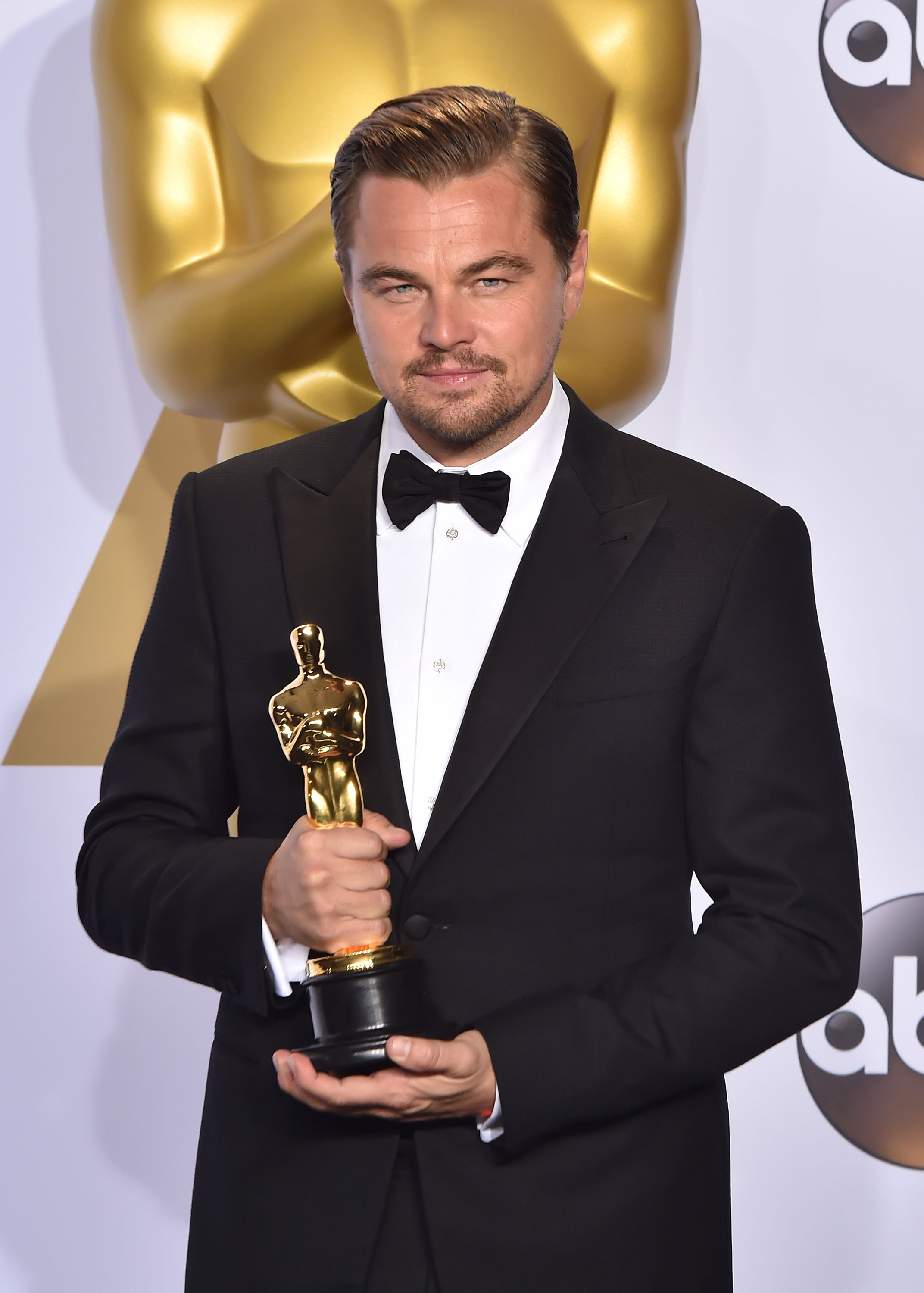
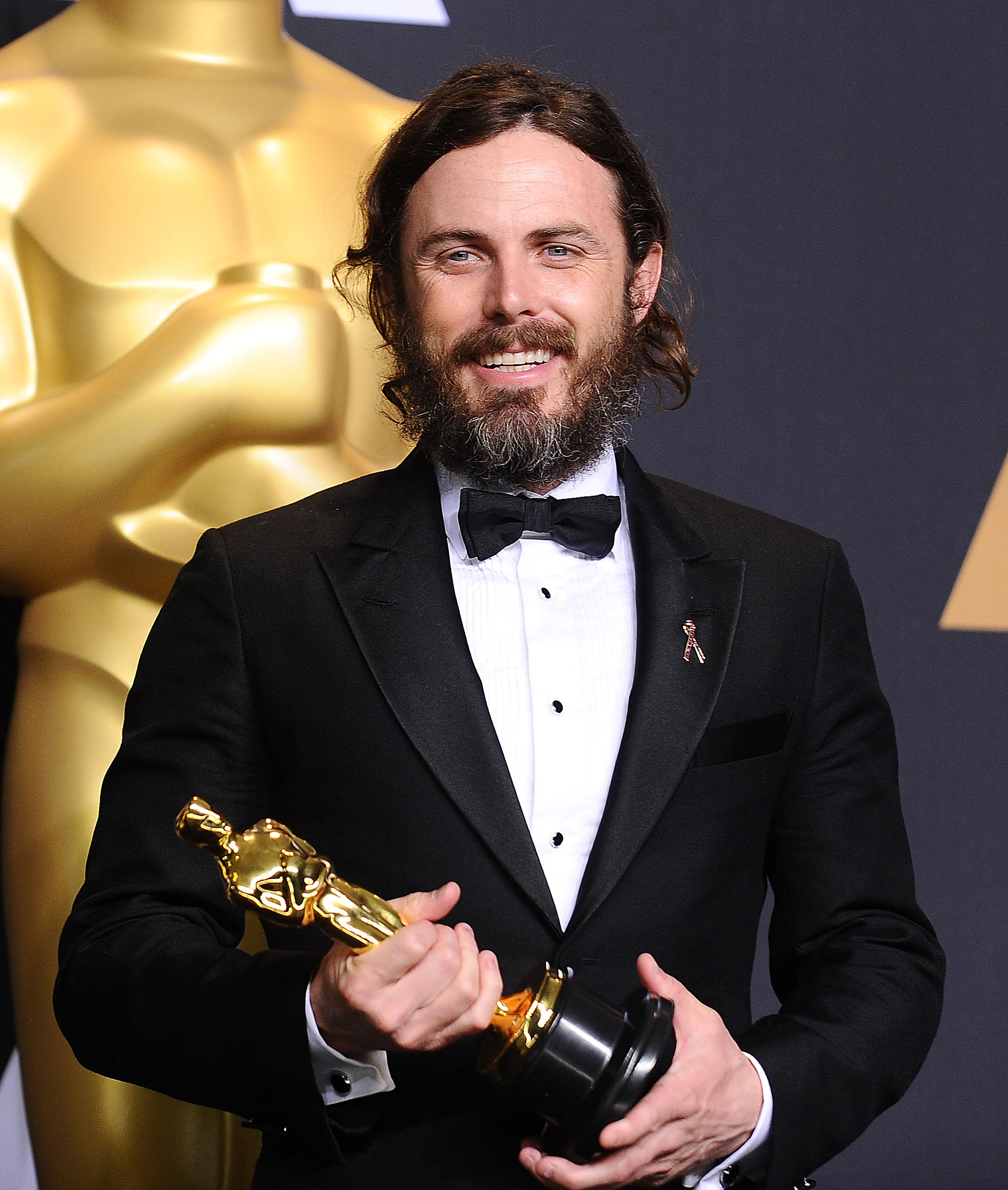


More Must-Reads from TIME
- Cybersecurity Experts Are Sounding the Alarm on DOGE
- Meet the 2025 Women of the Year
- The Harsh Truth About Disability Inclusion
- Why Do More Young Adults Have Cancer?
- Colman Domingo Leads With Radical Love
- How to Get Better at Doing Things Alone
- Michelle Zauner Stares Down the Darkness
Write to Eliana Dockterman at eliana.dockterman@time.com